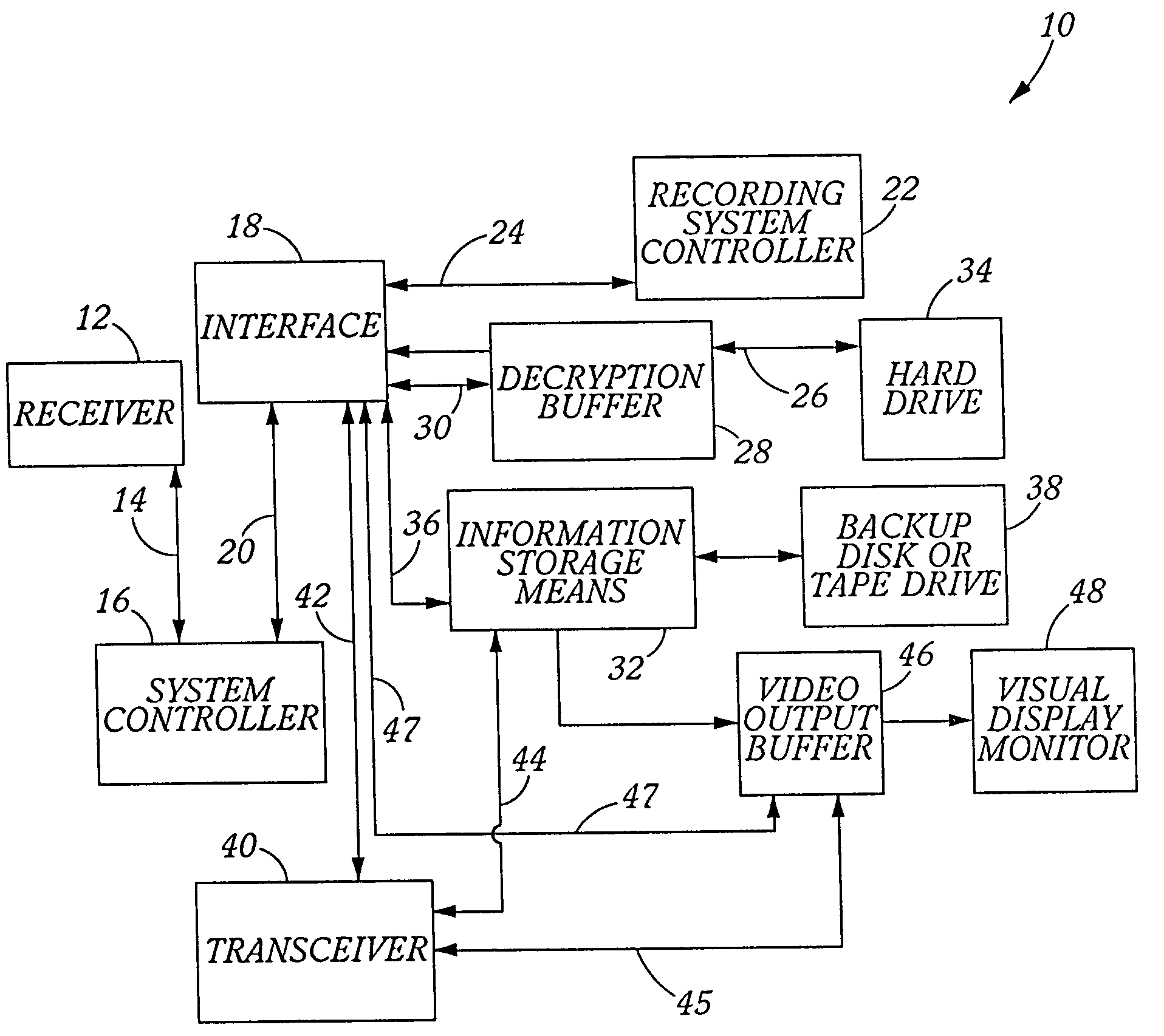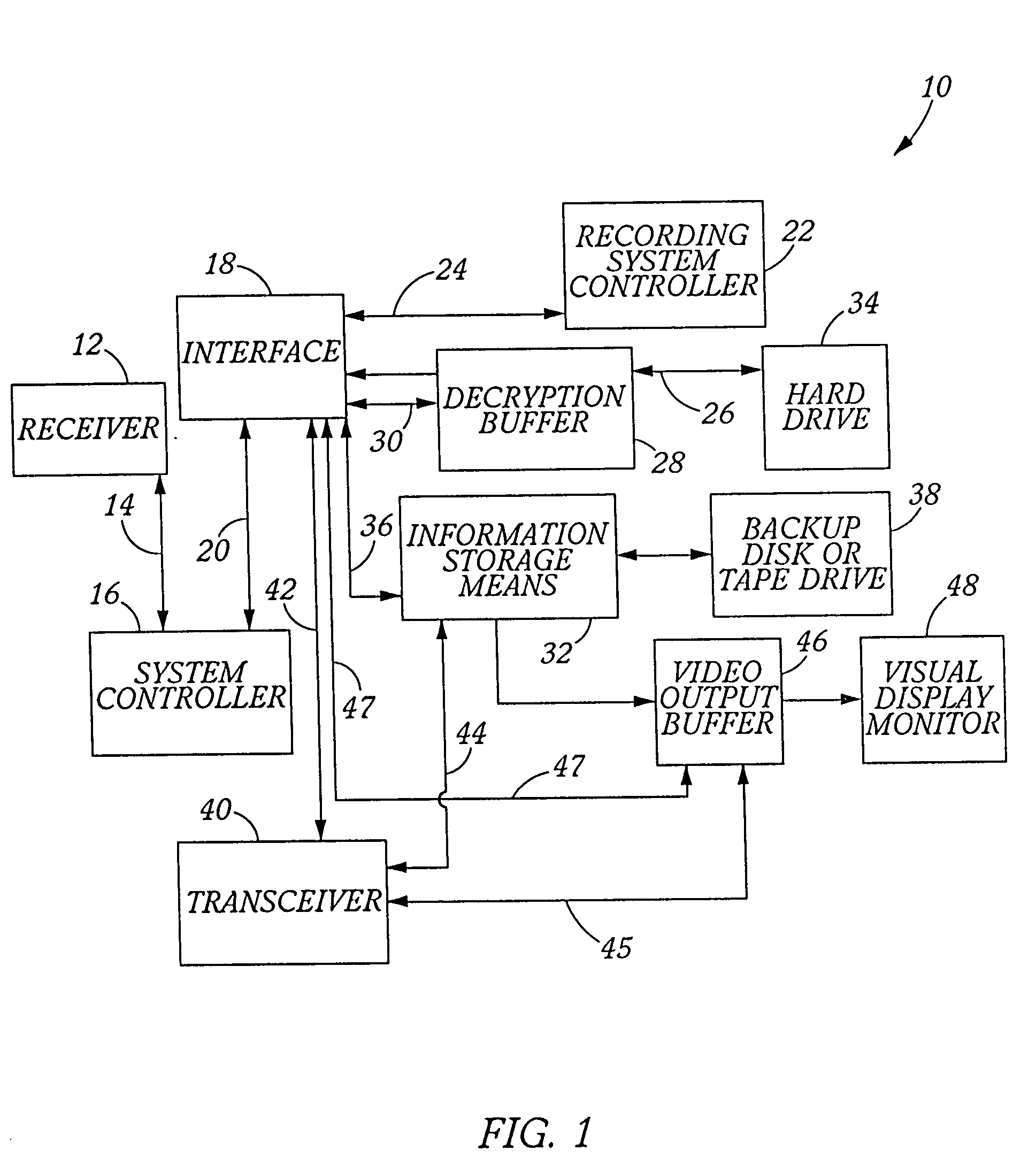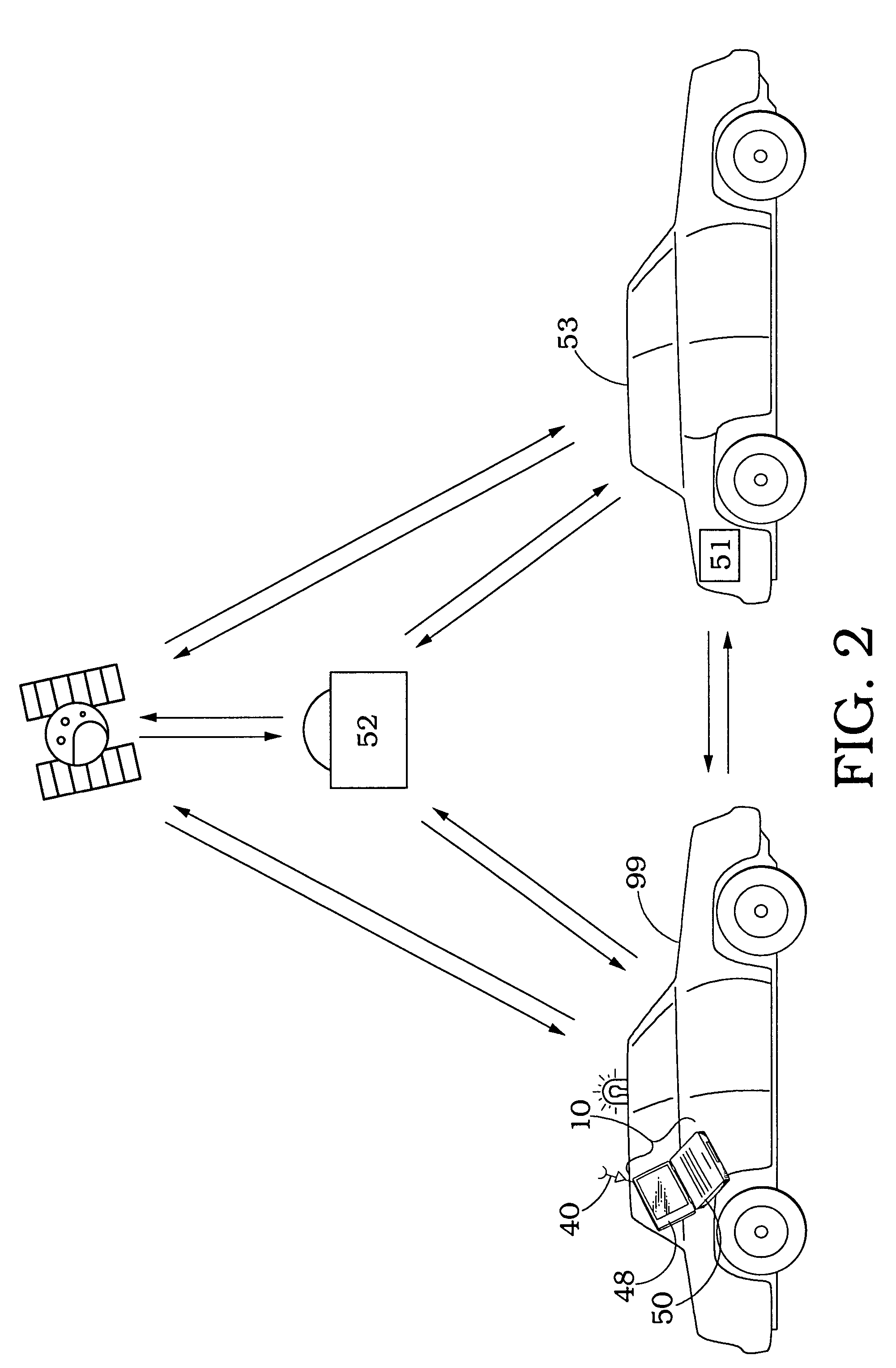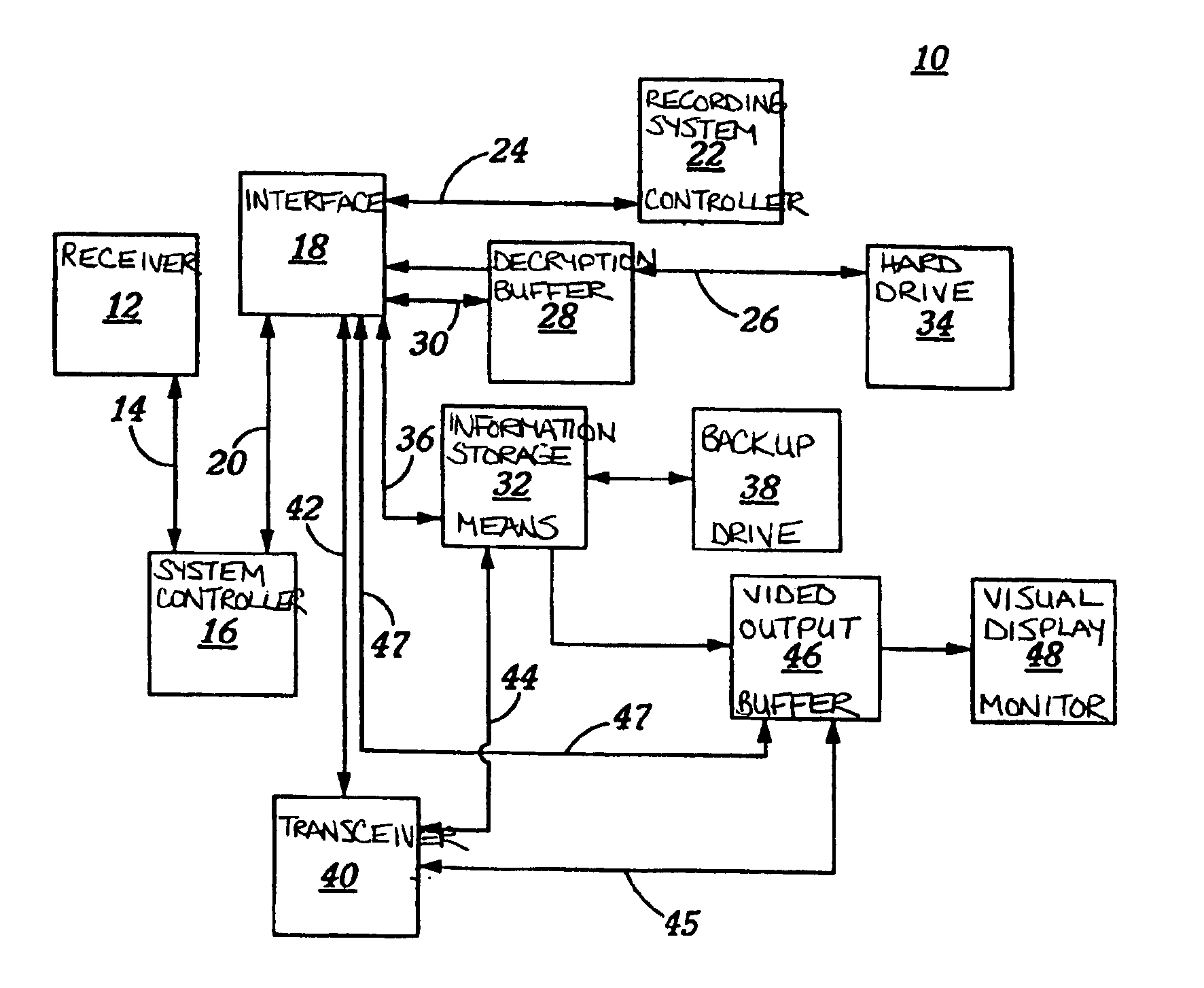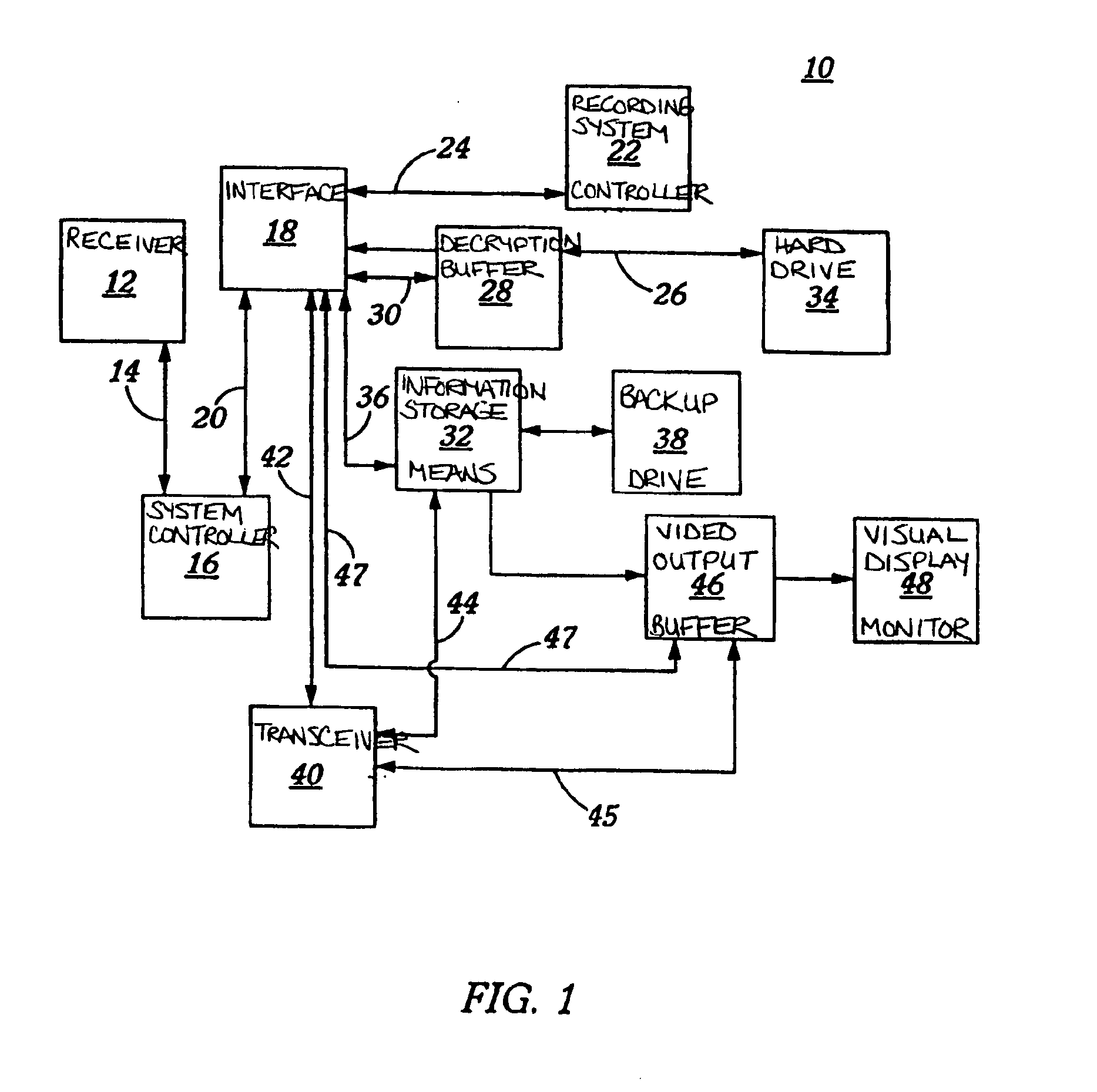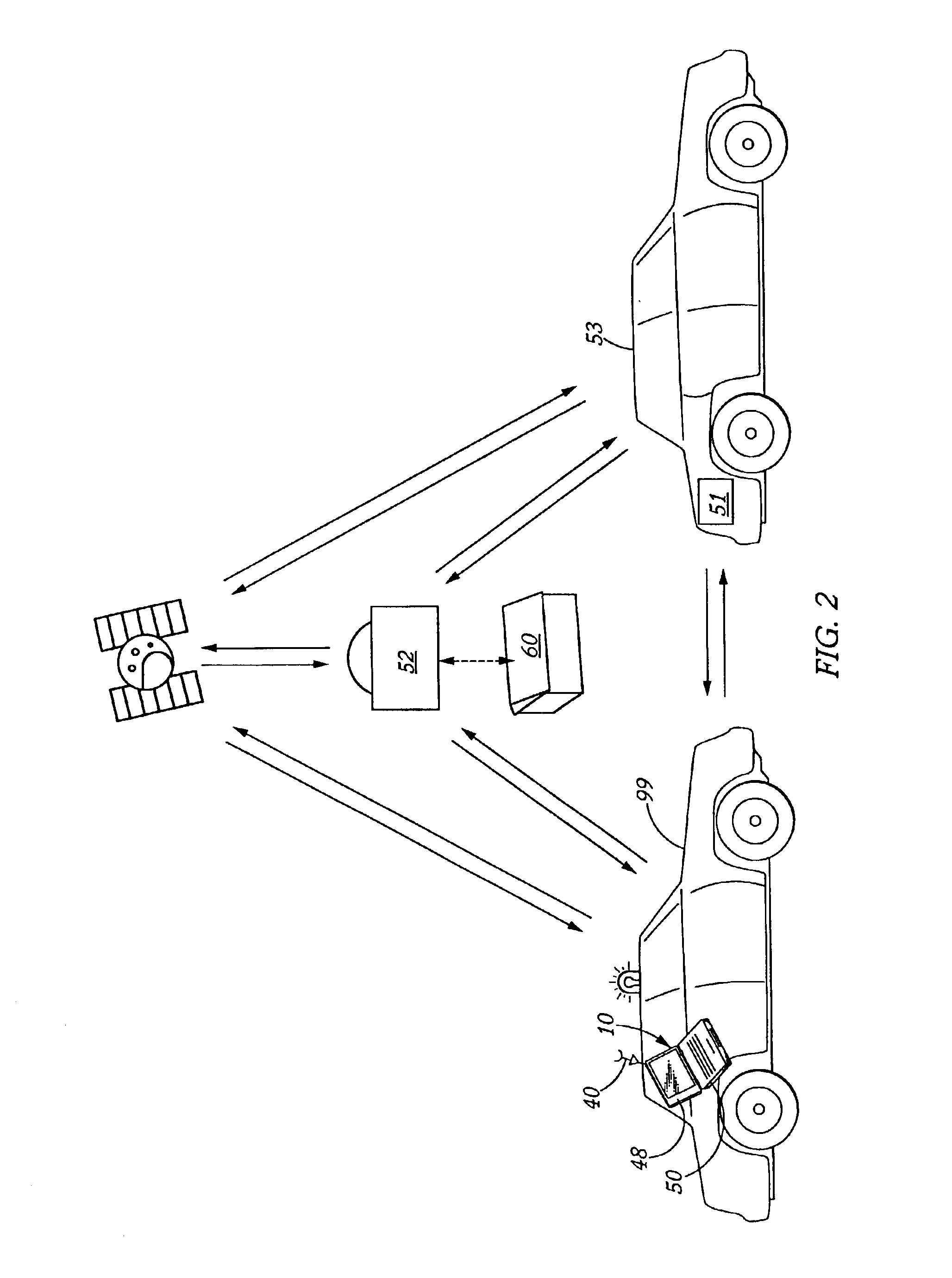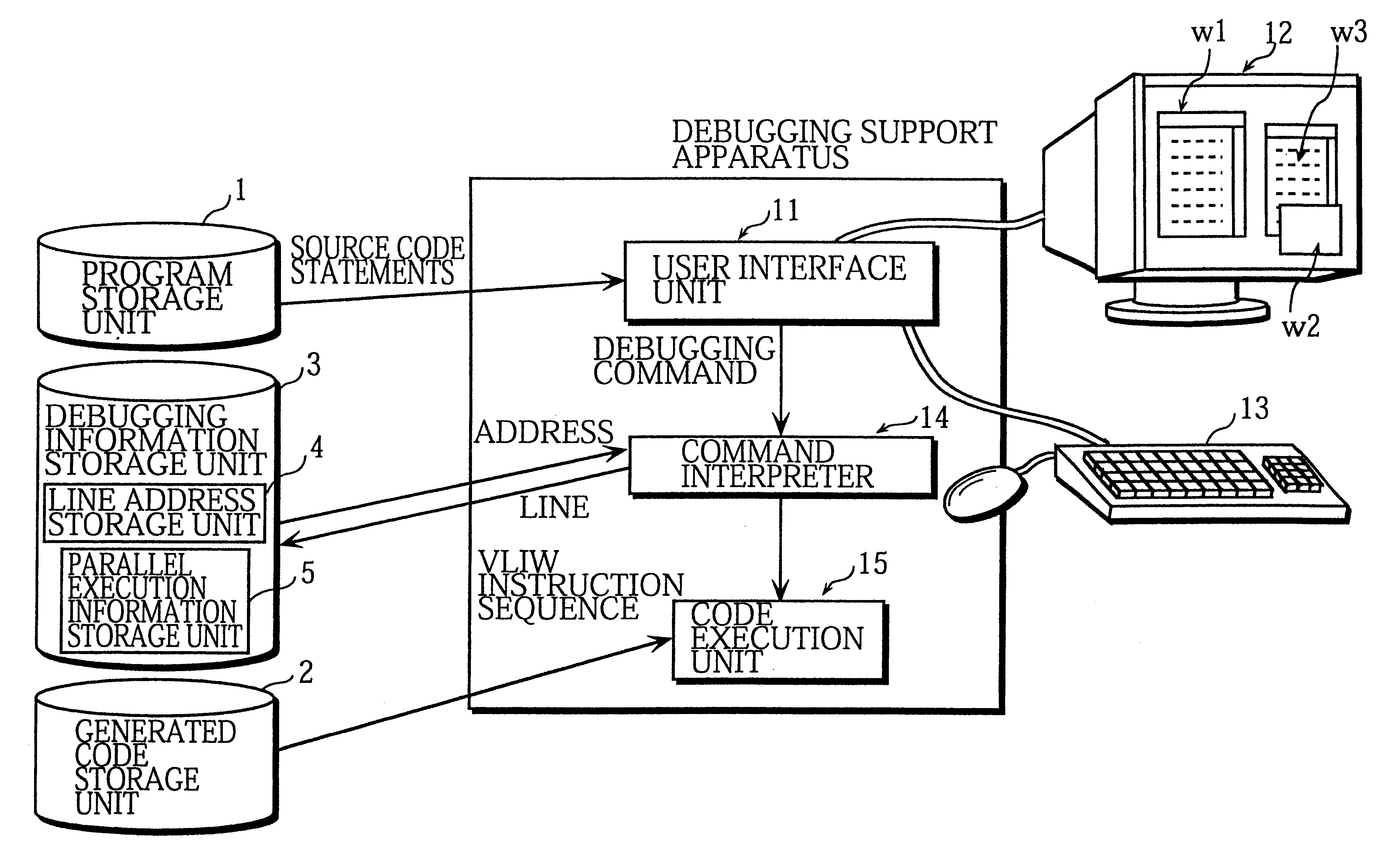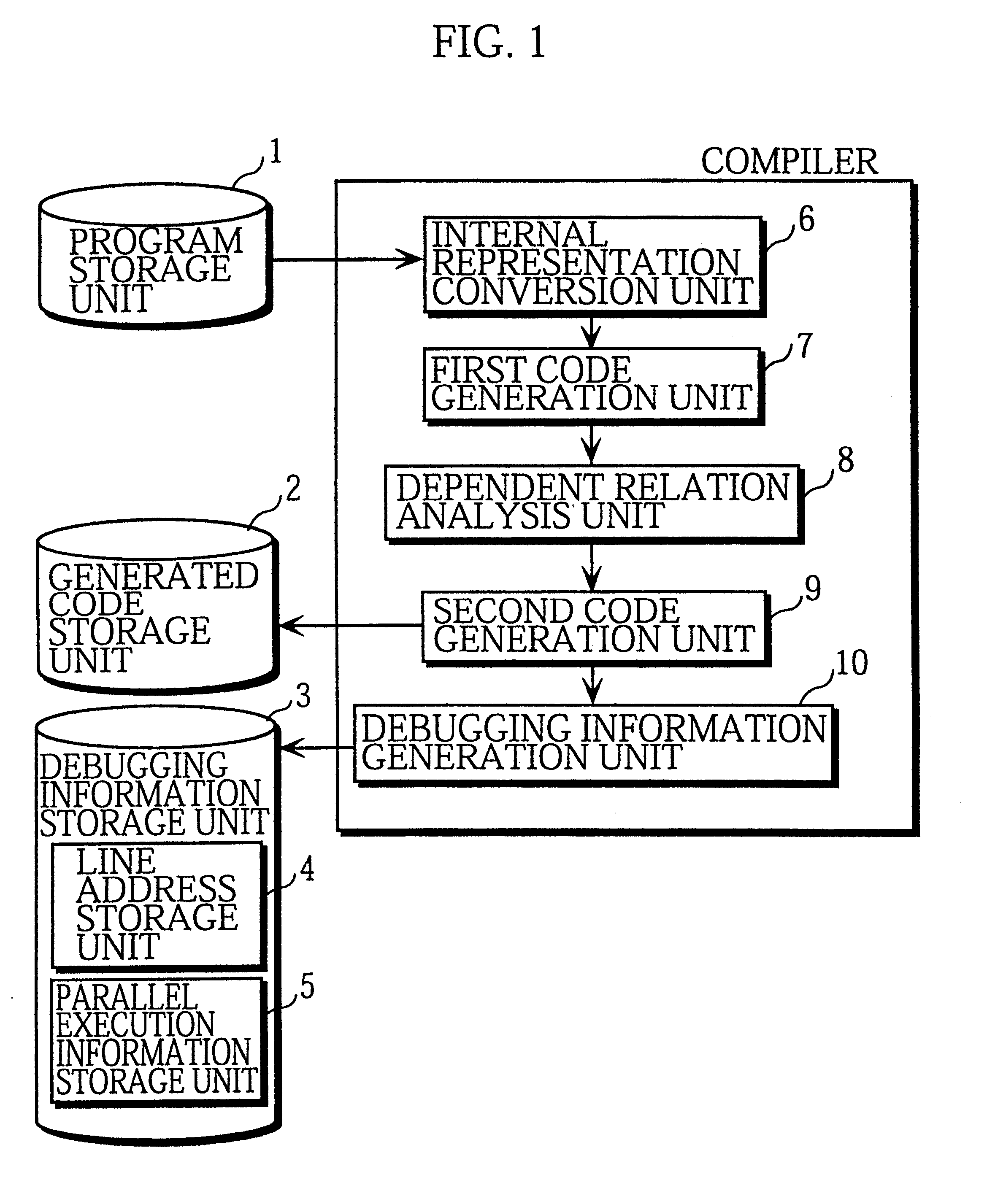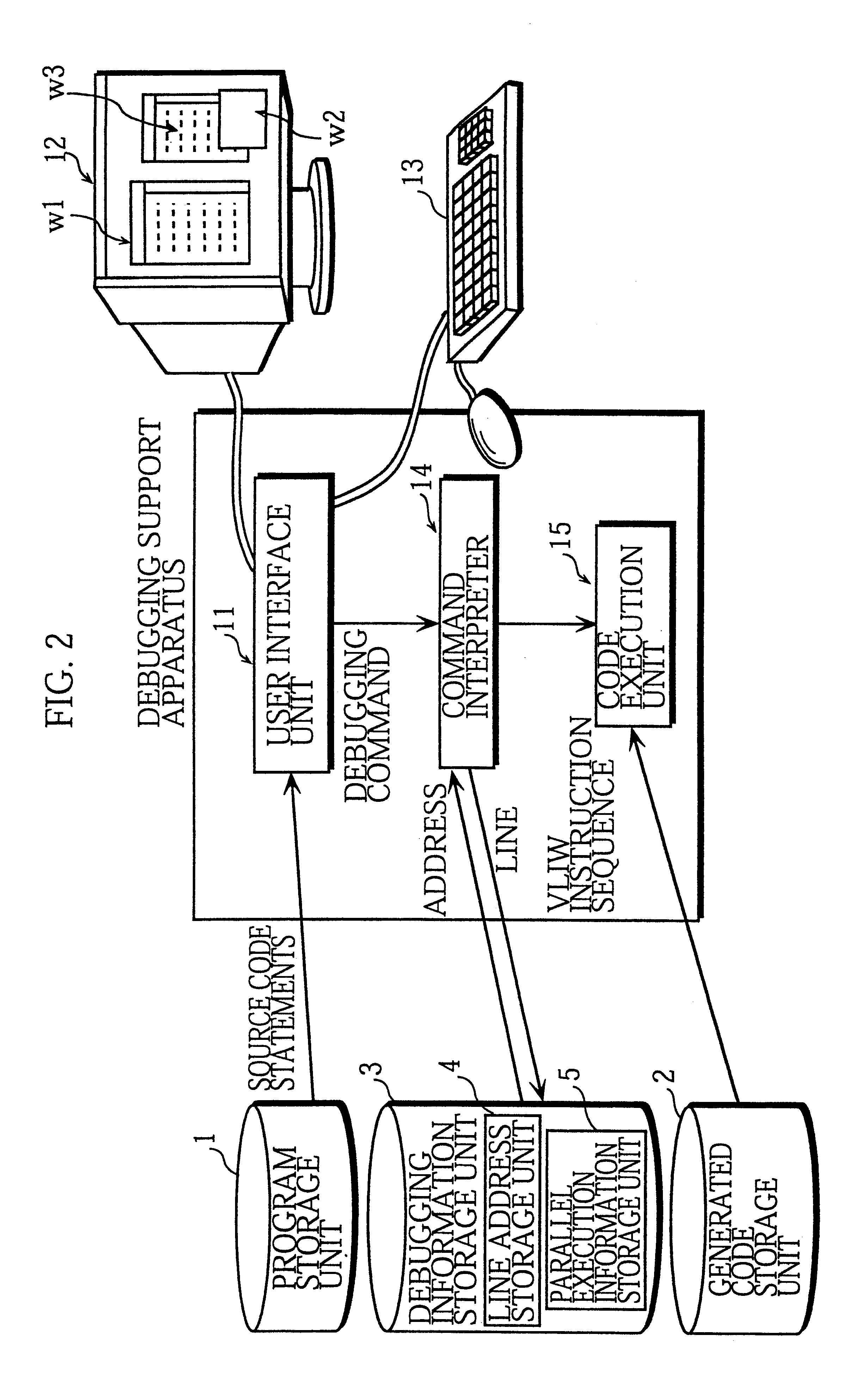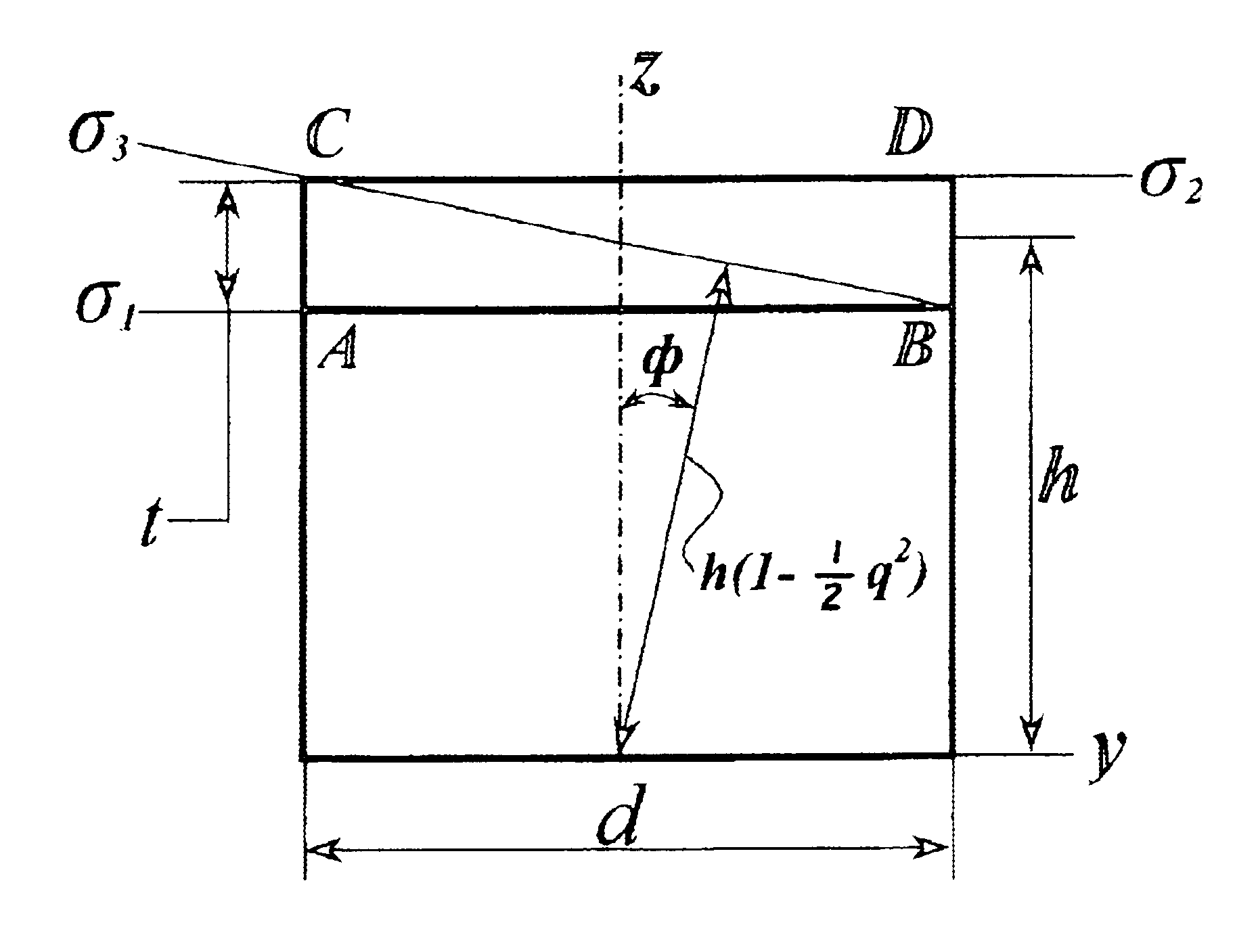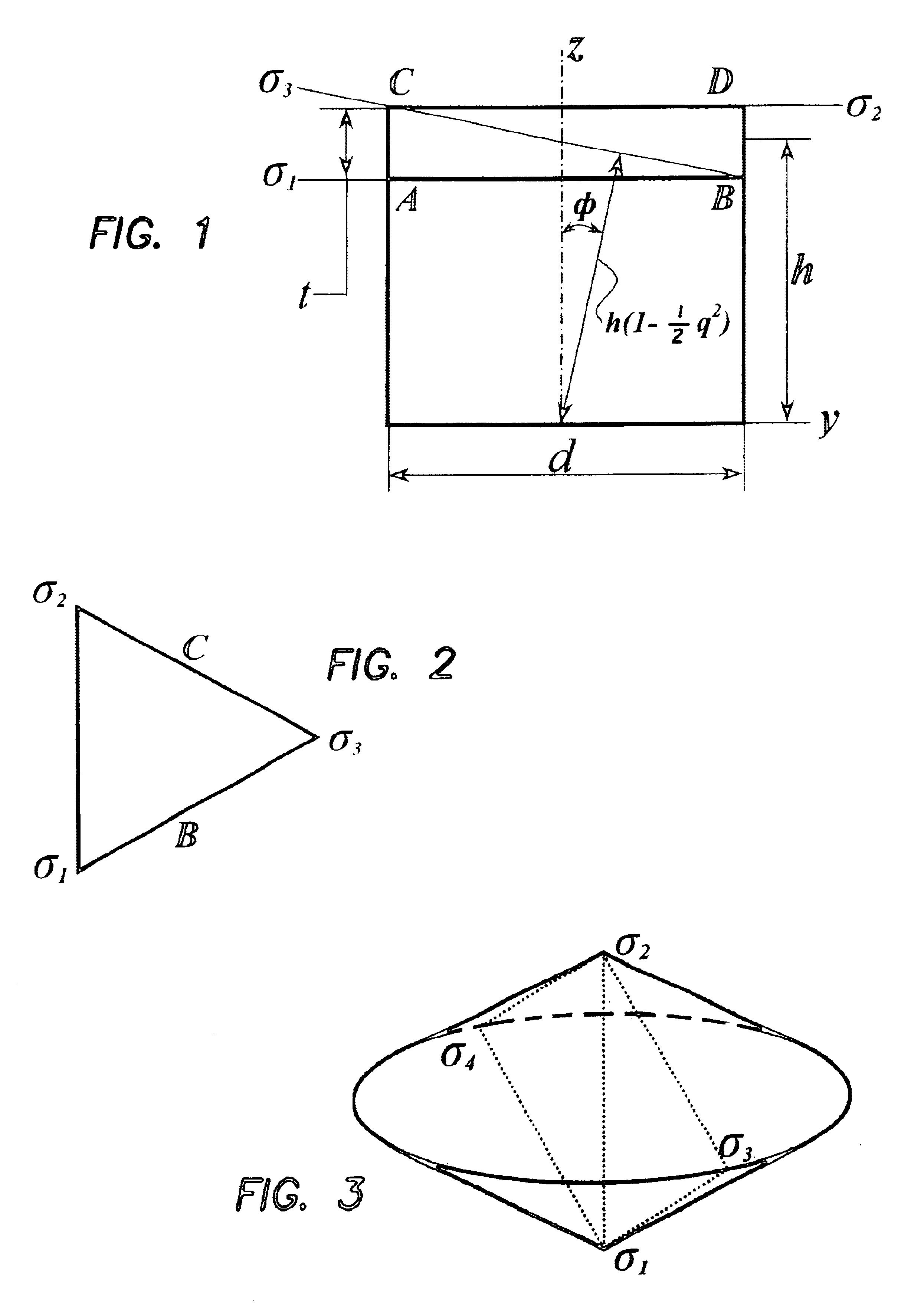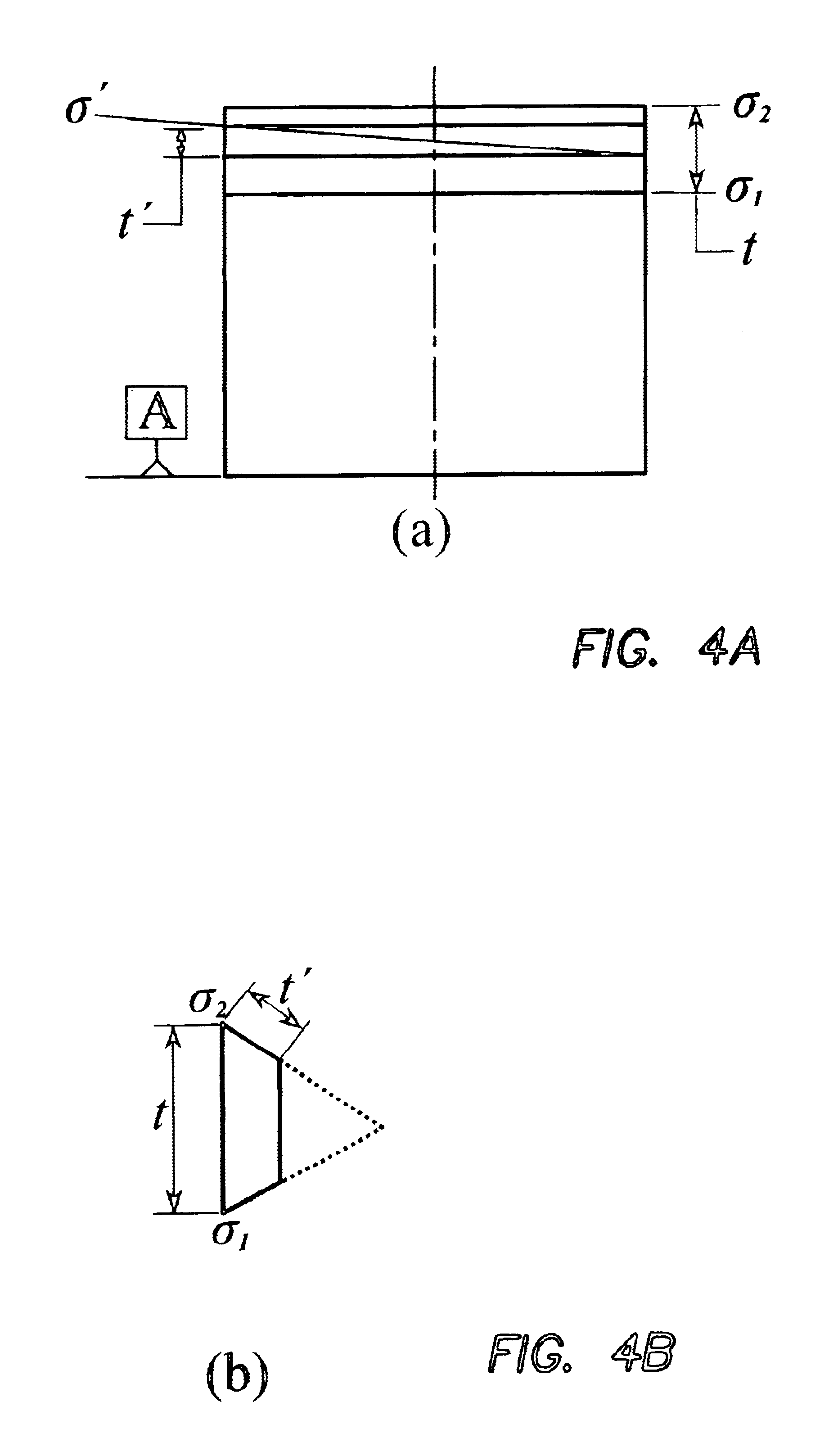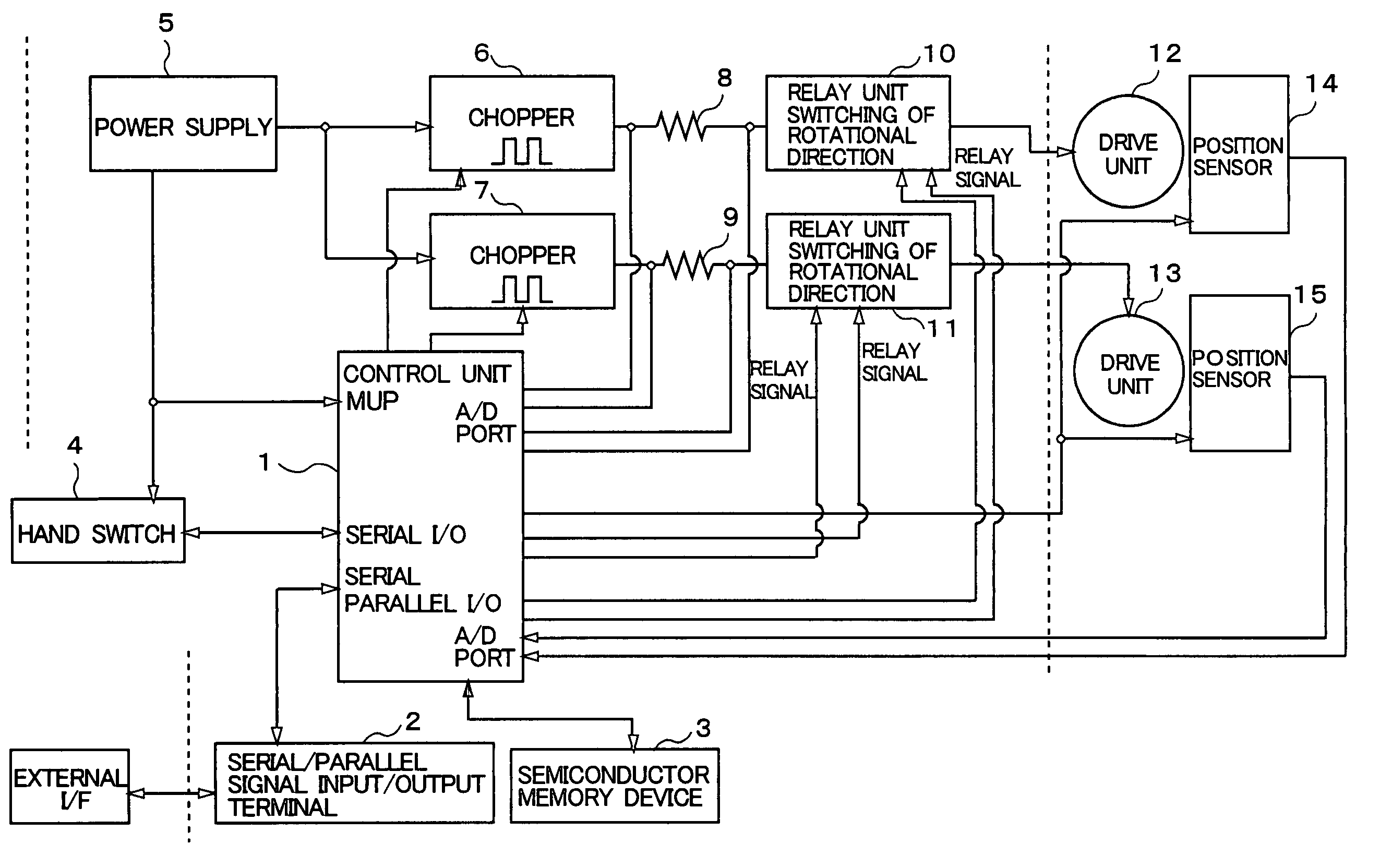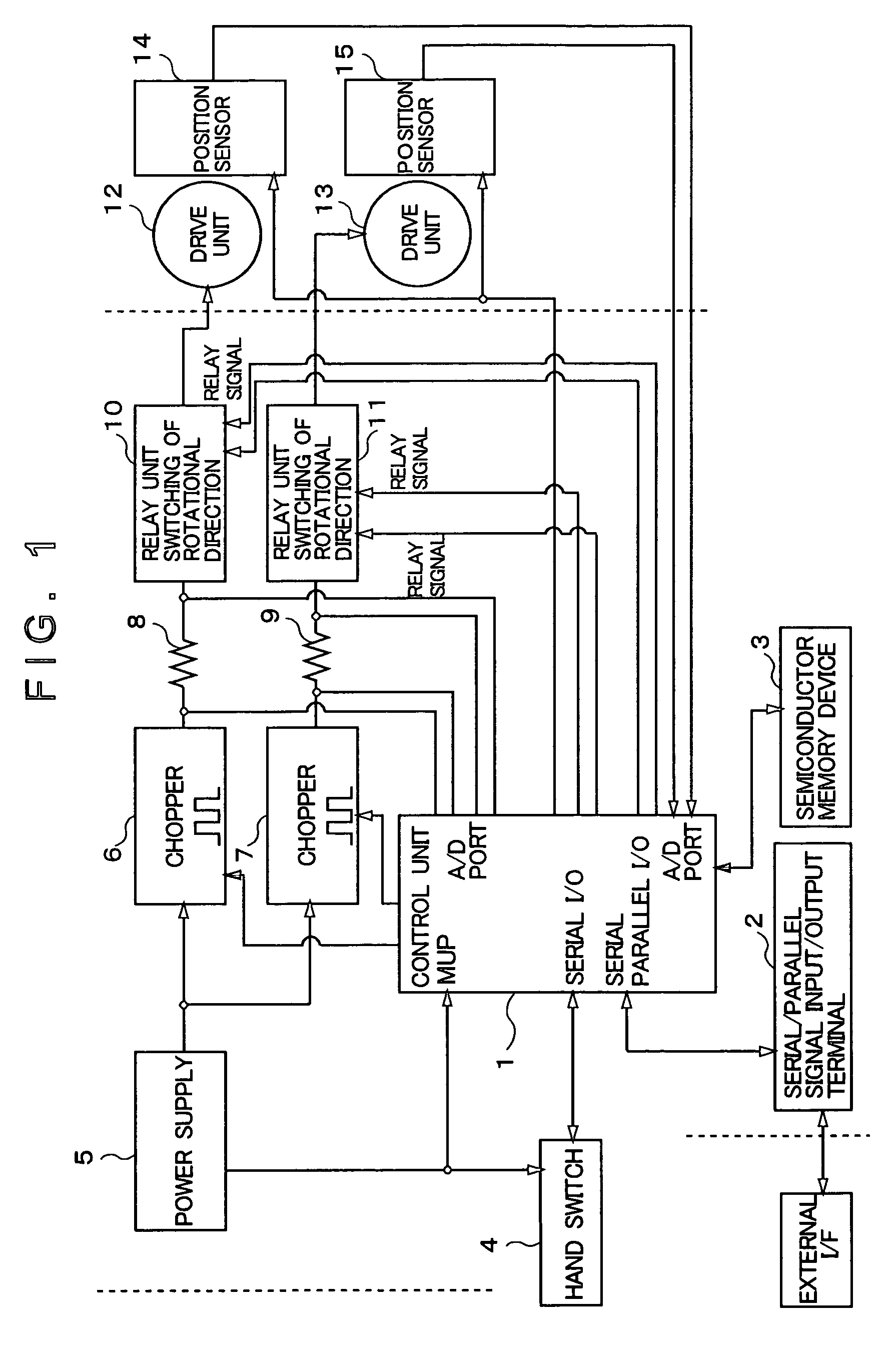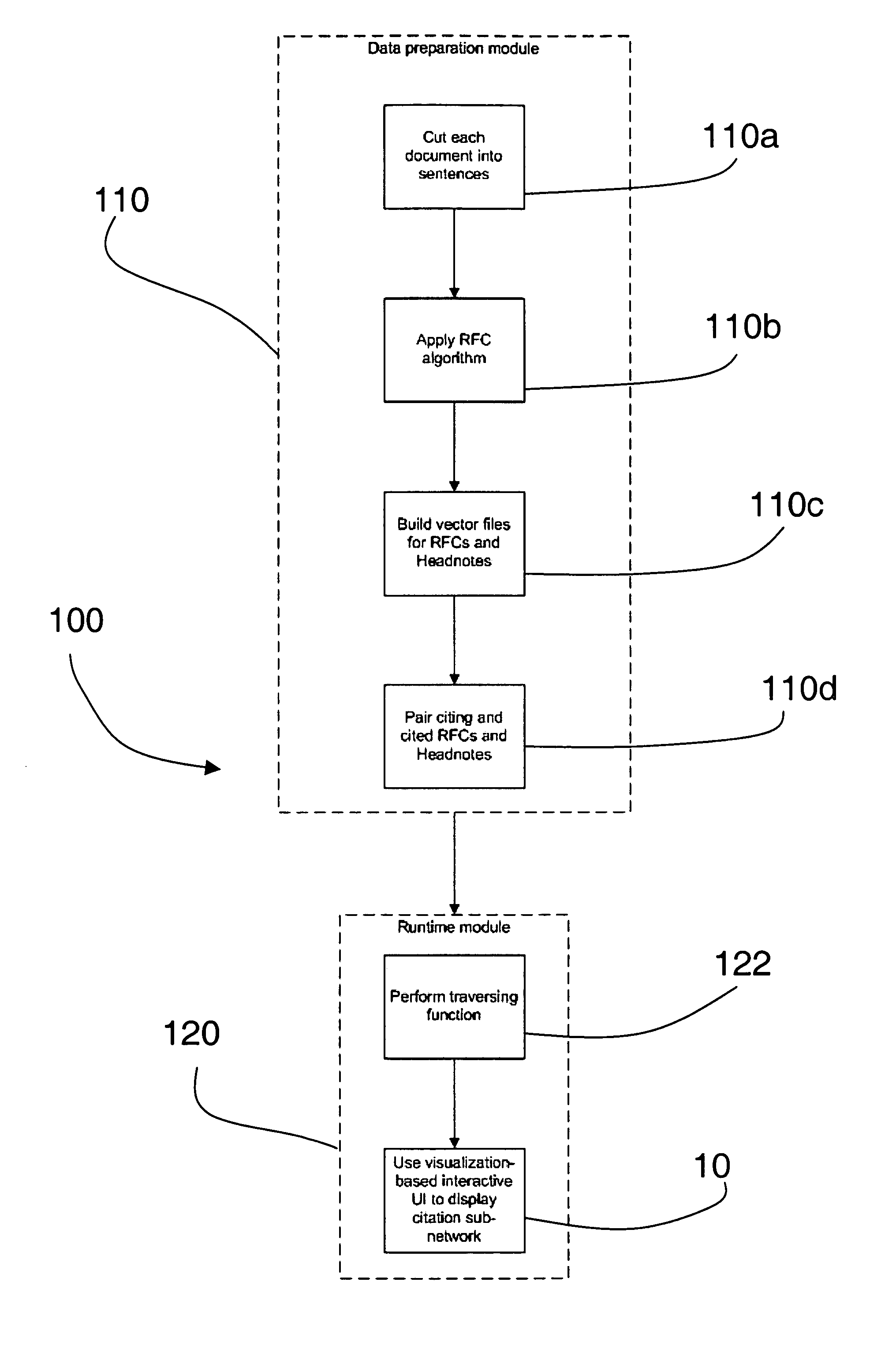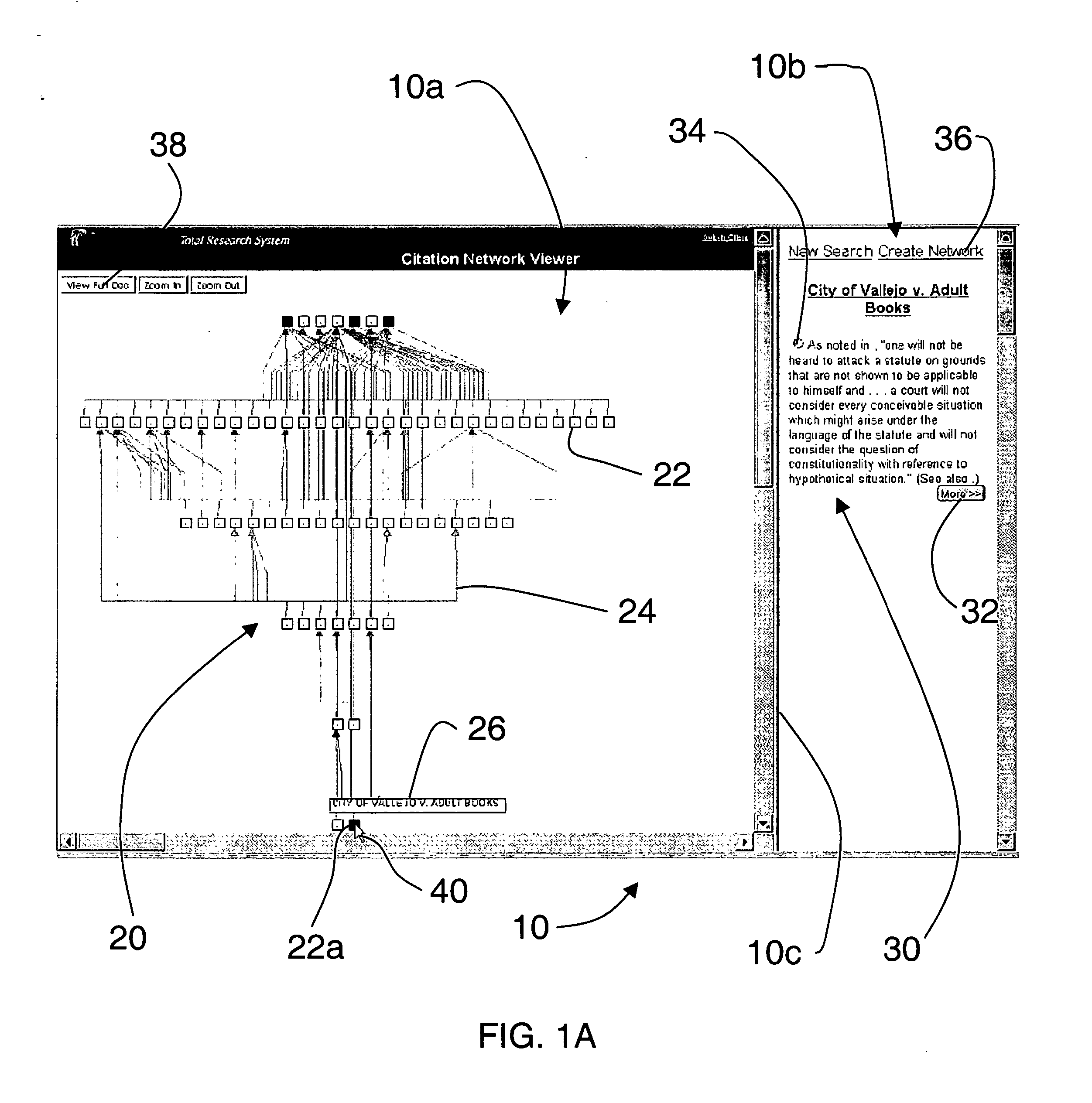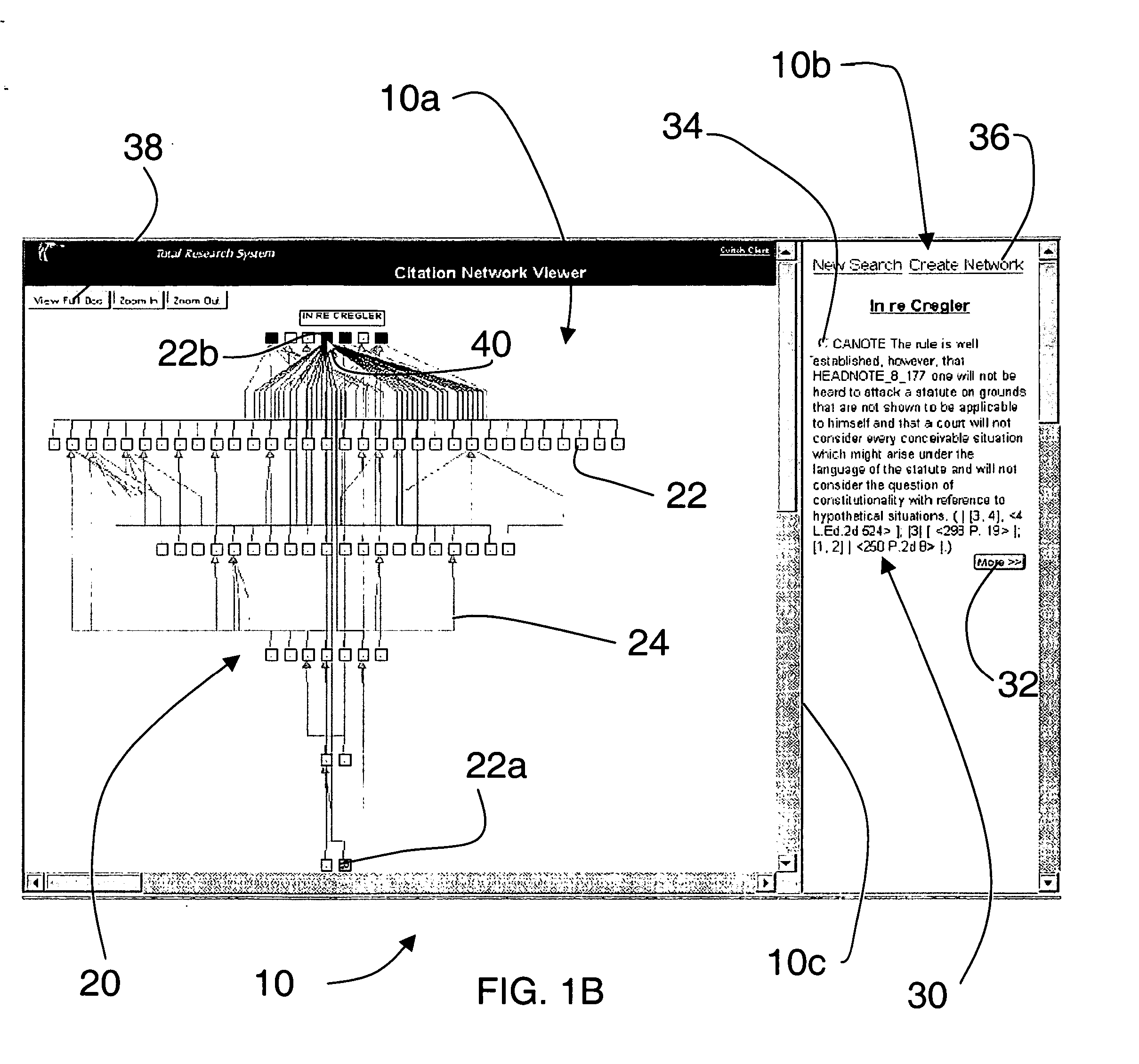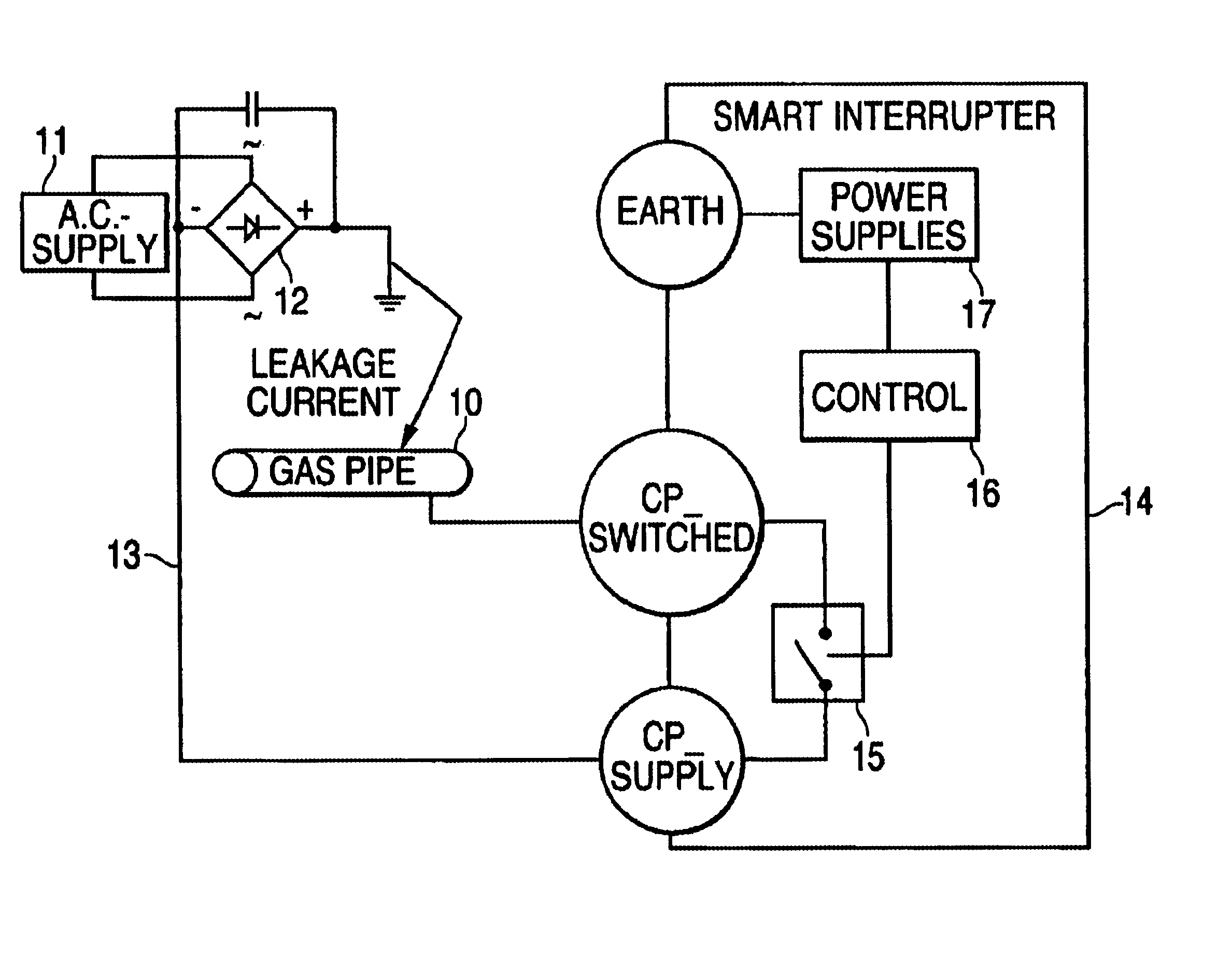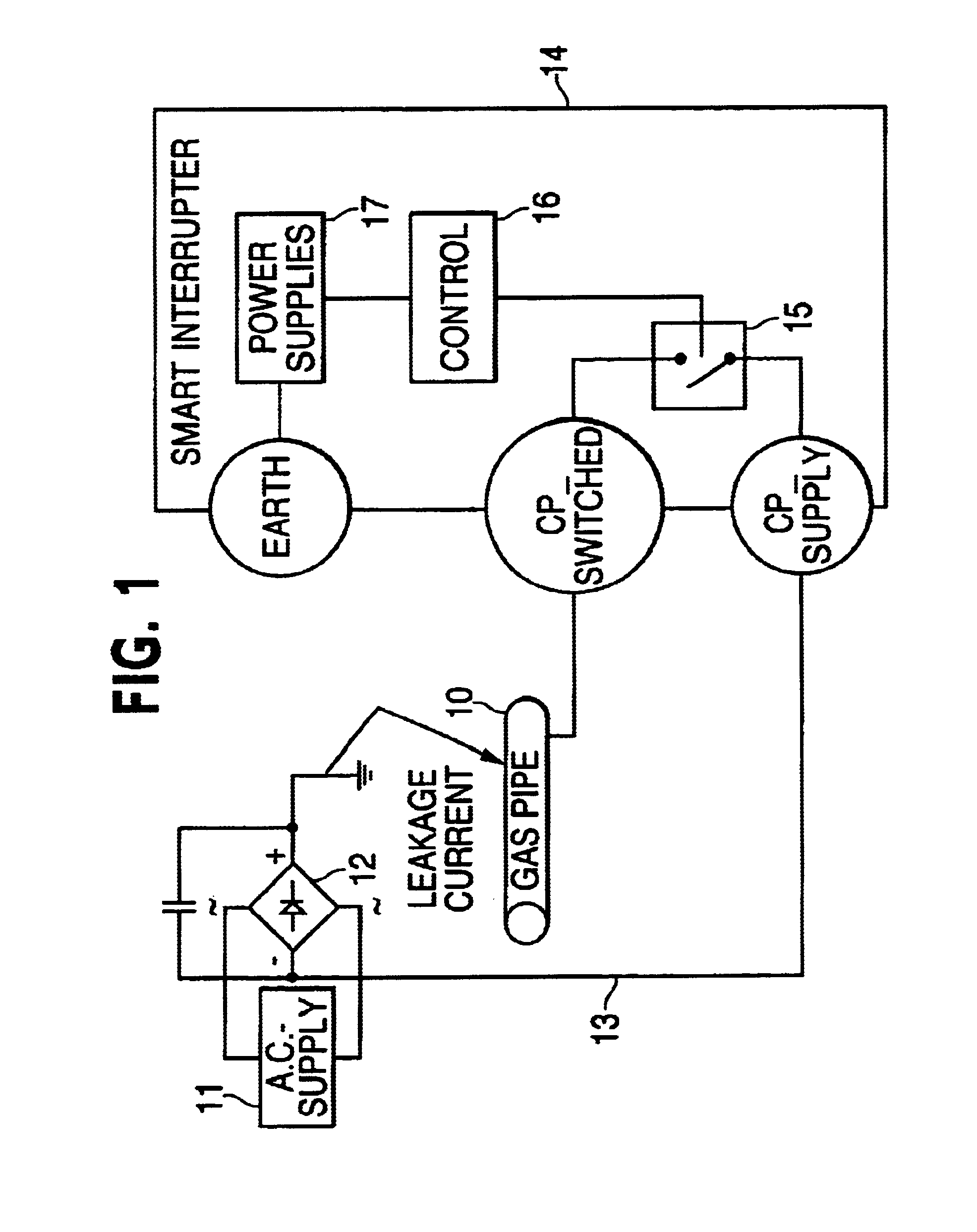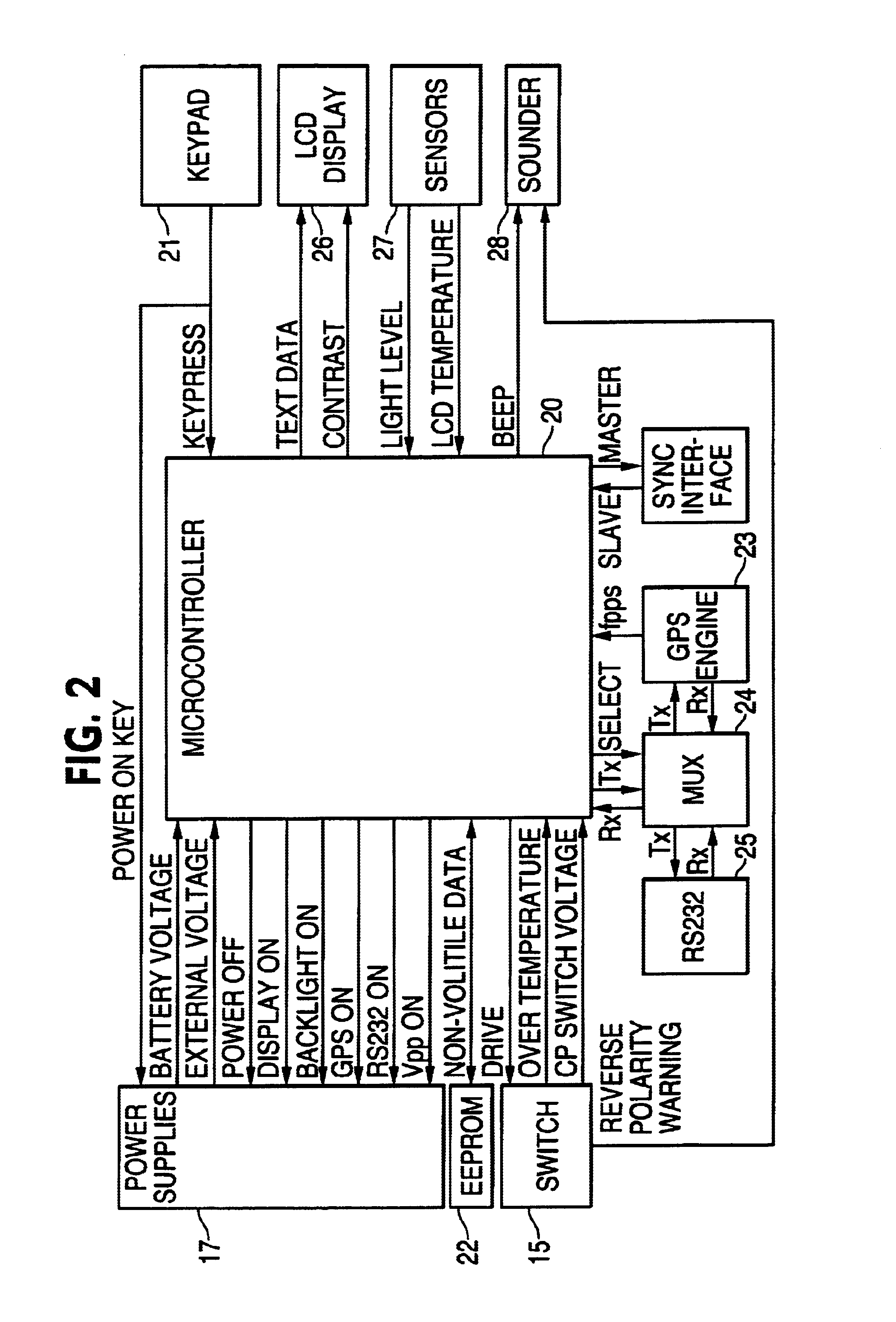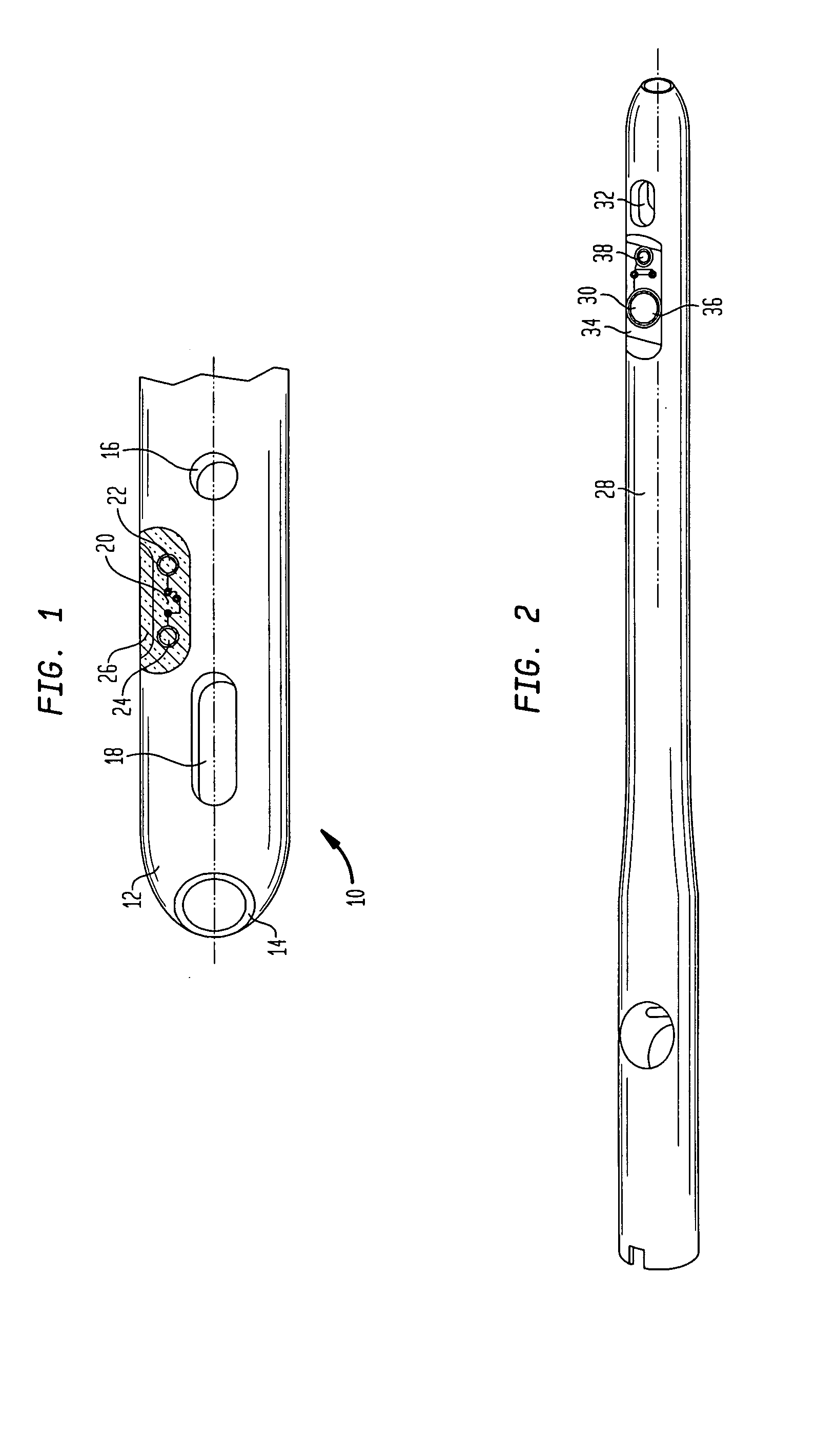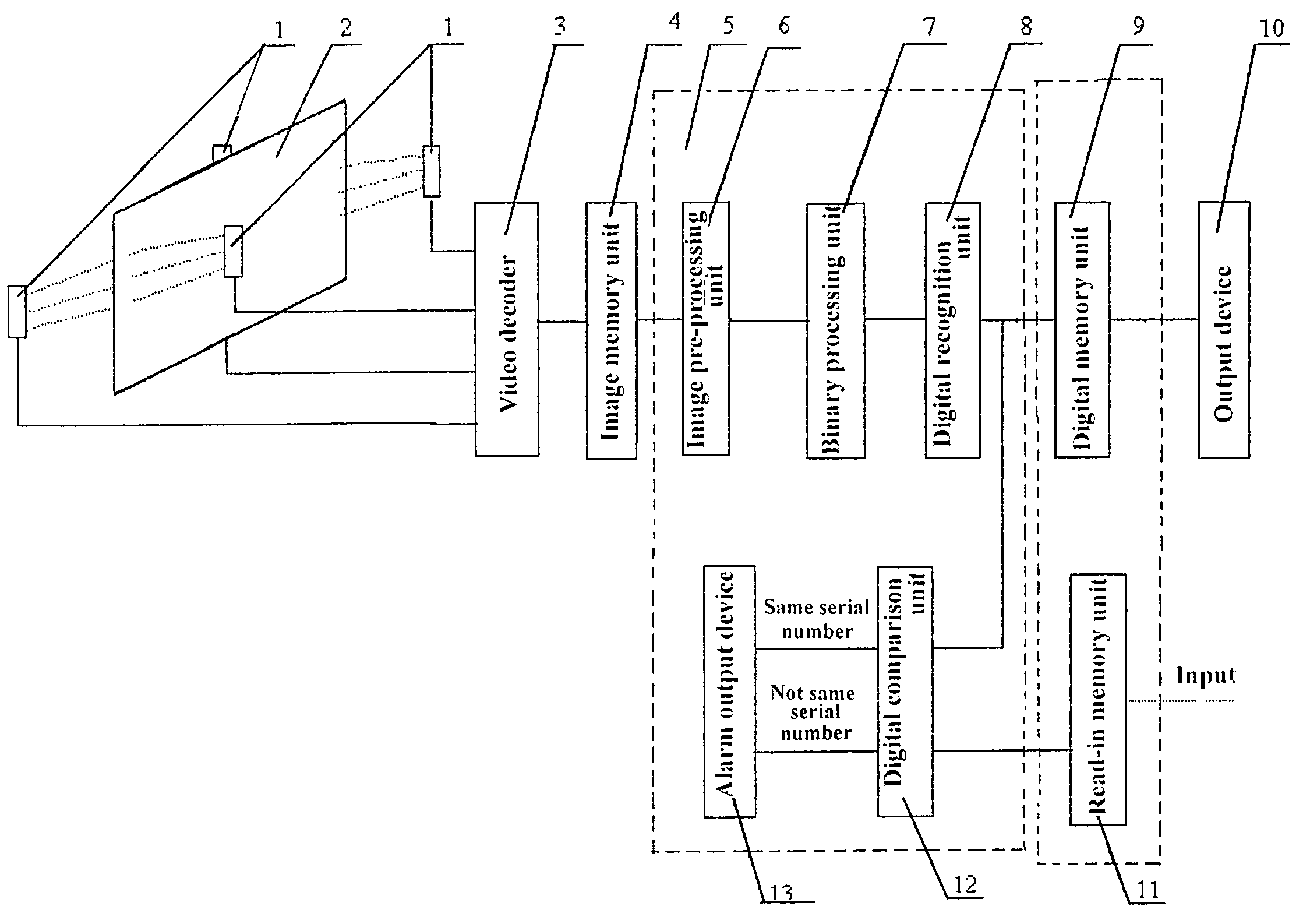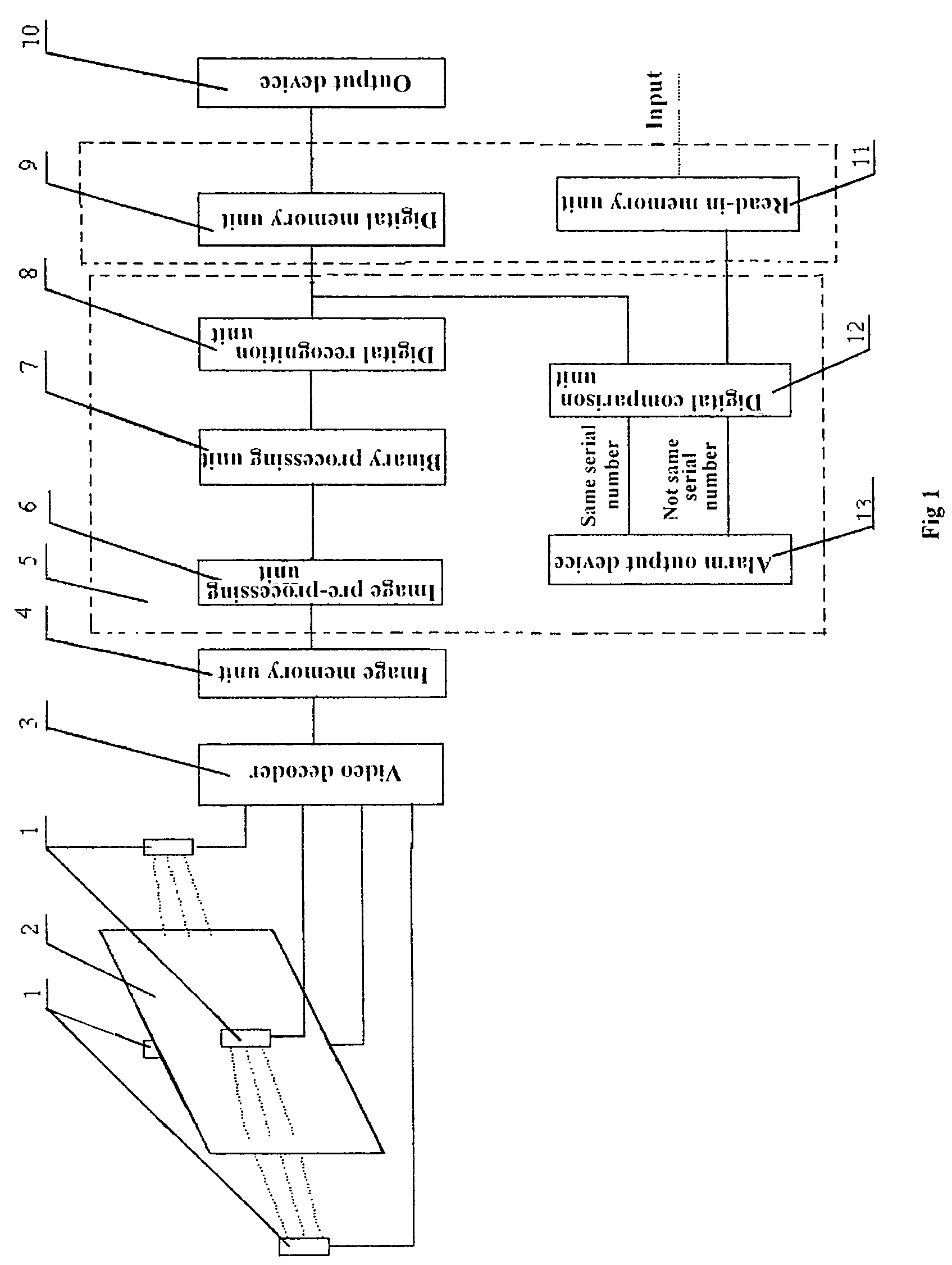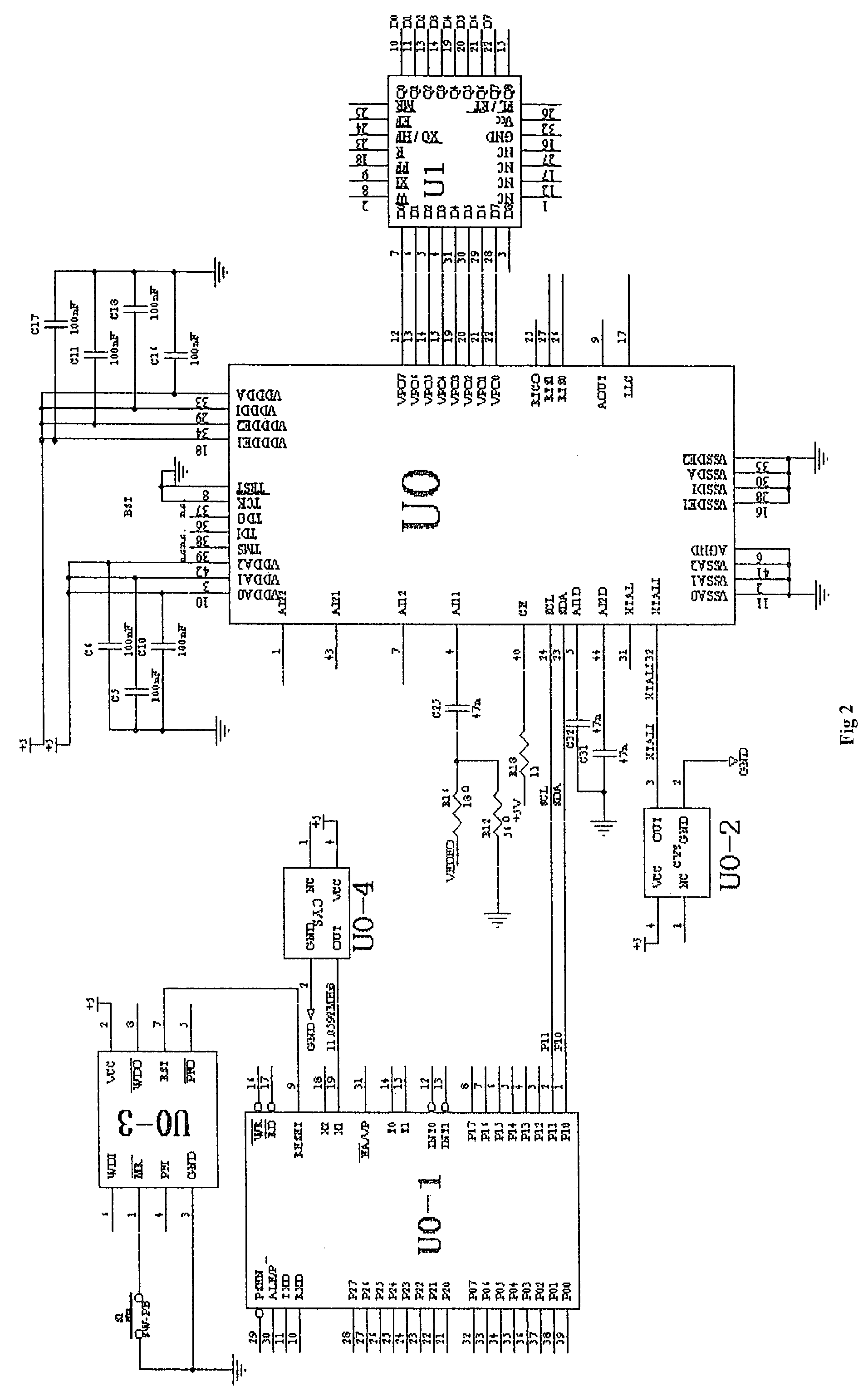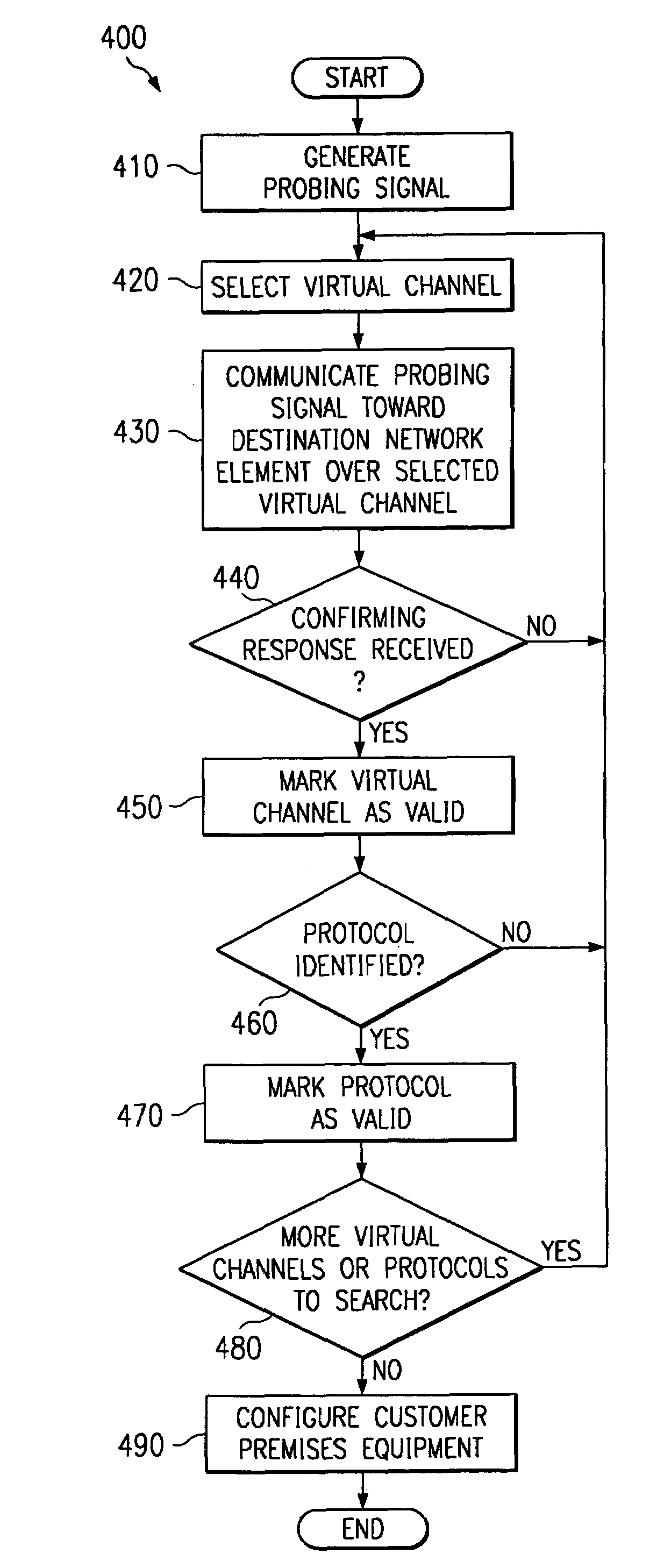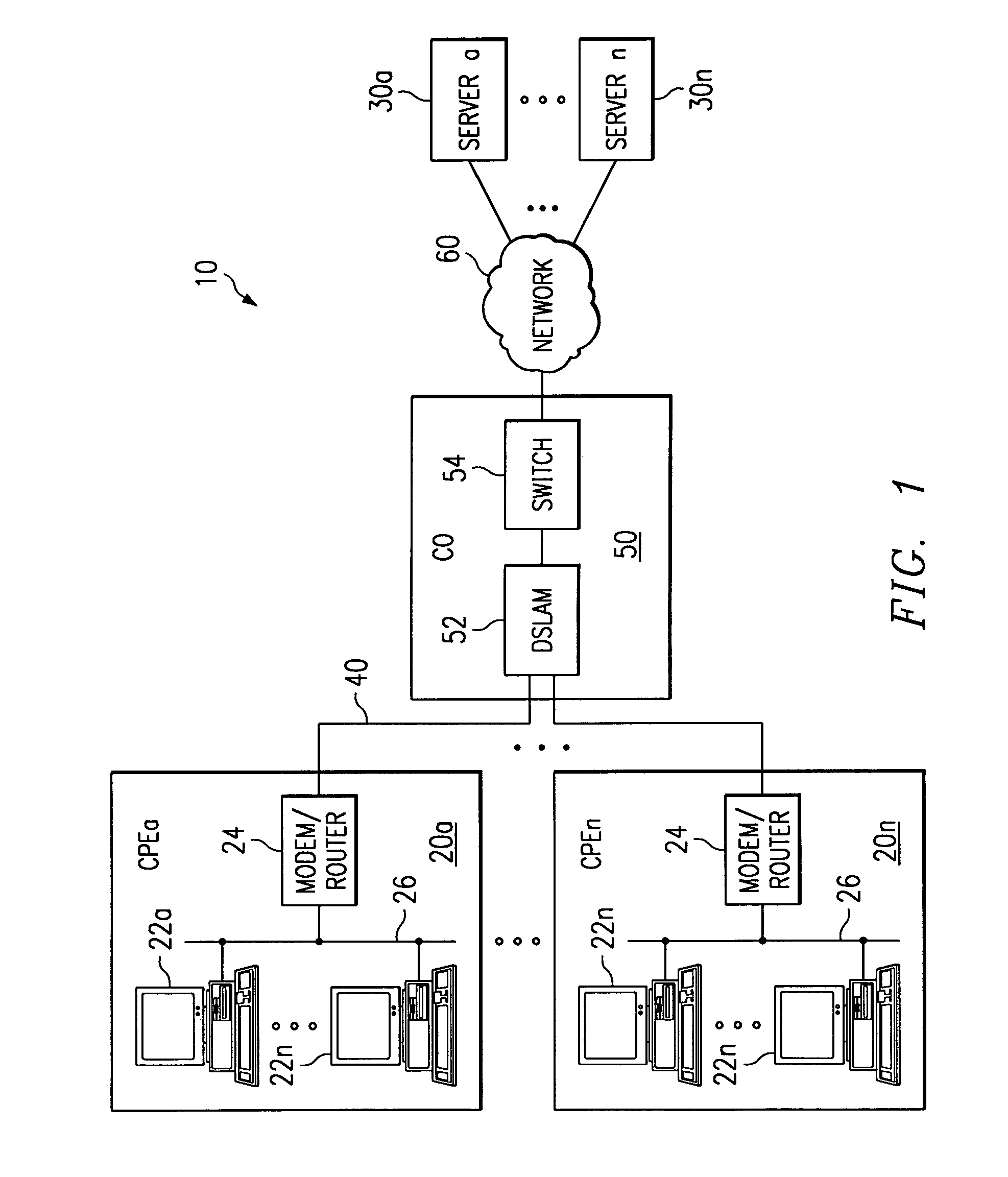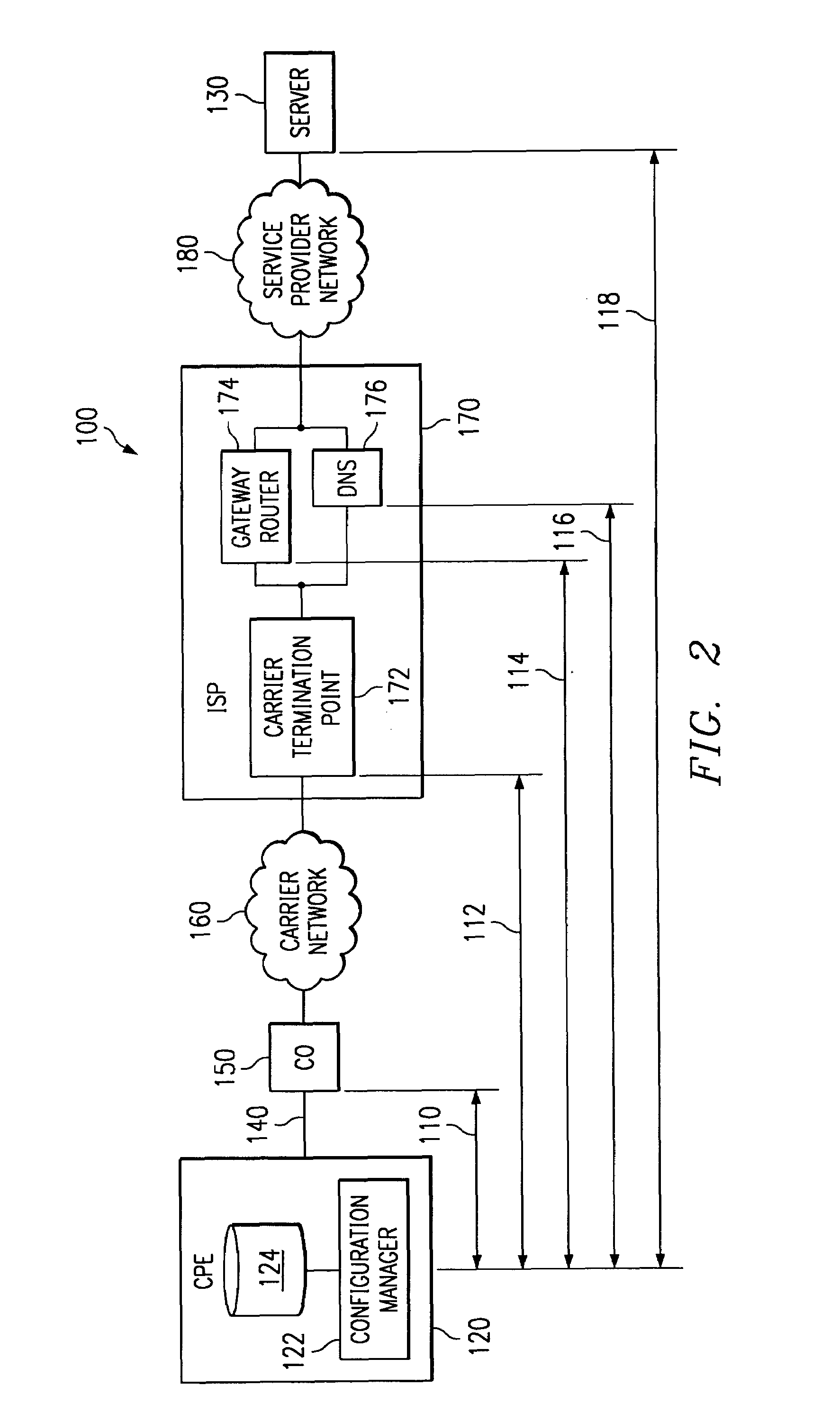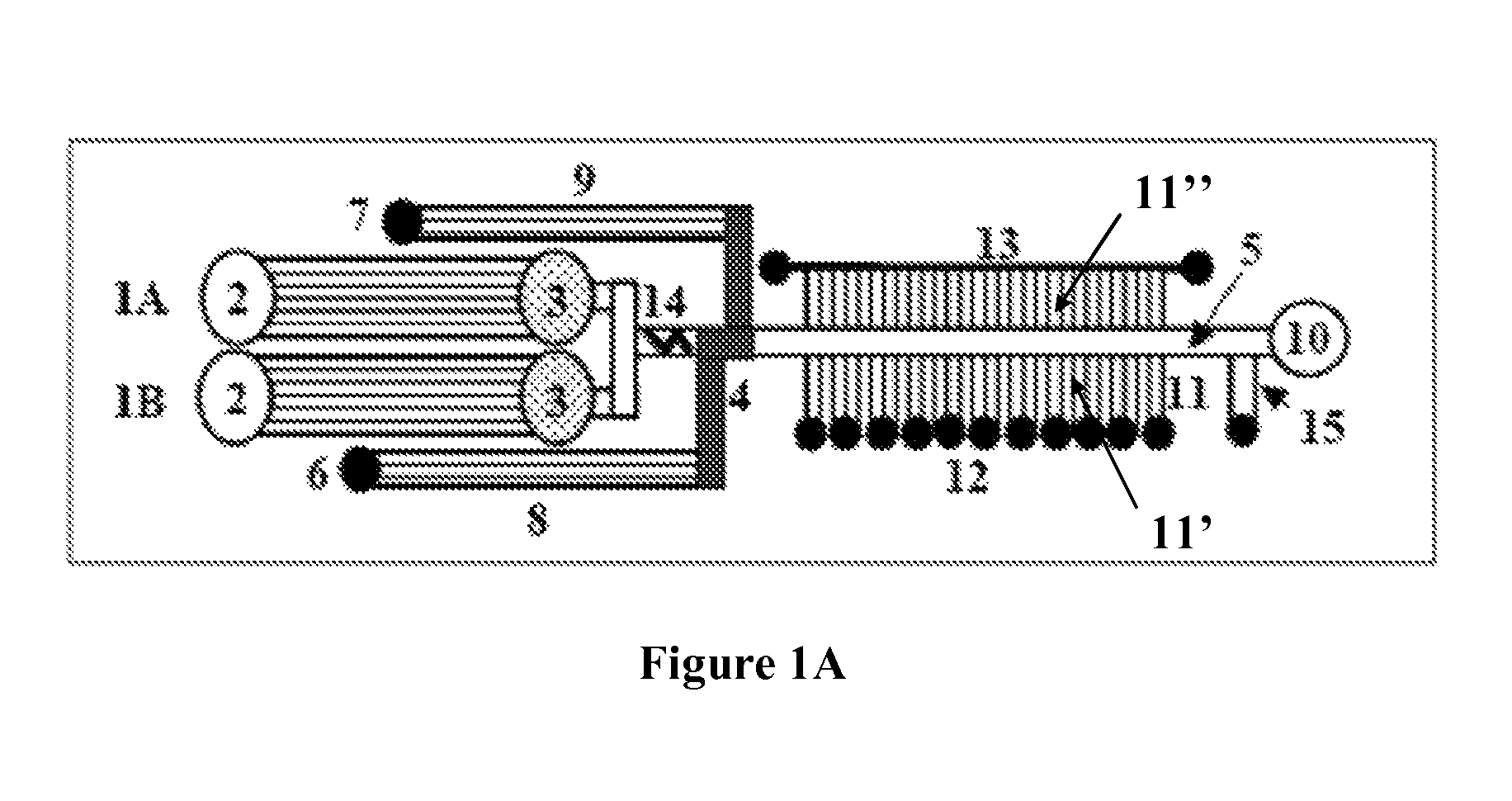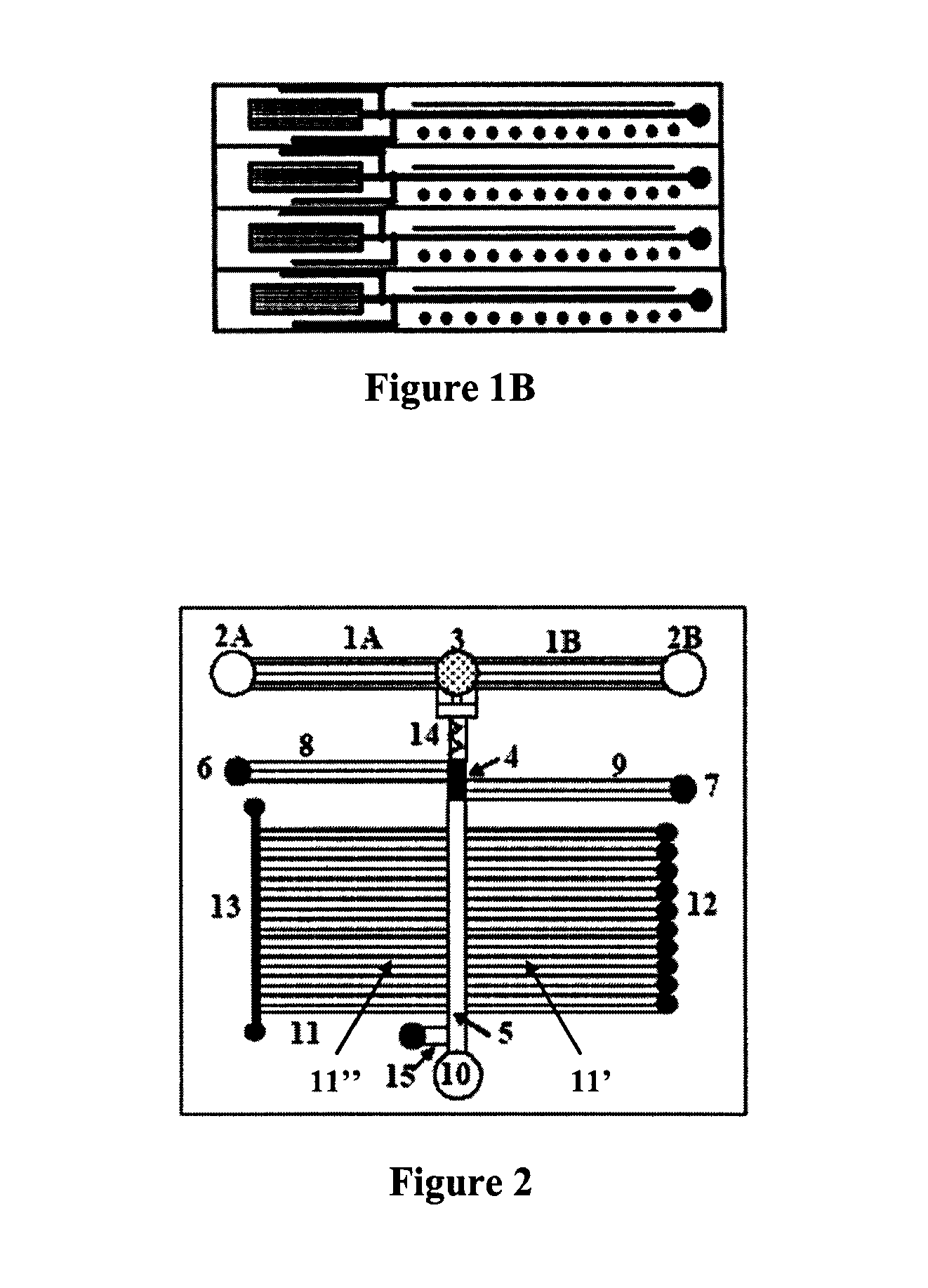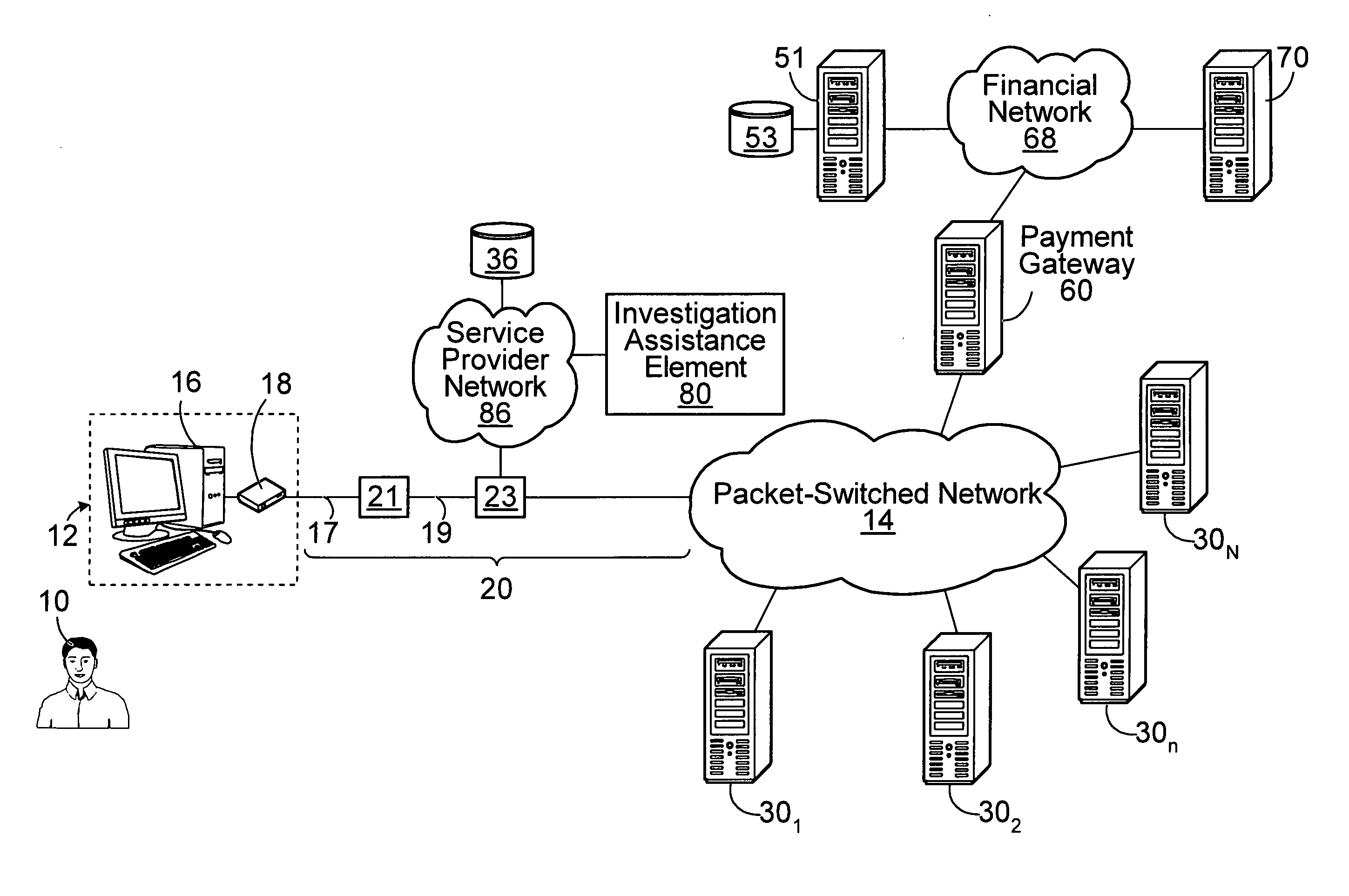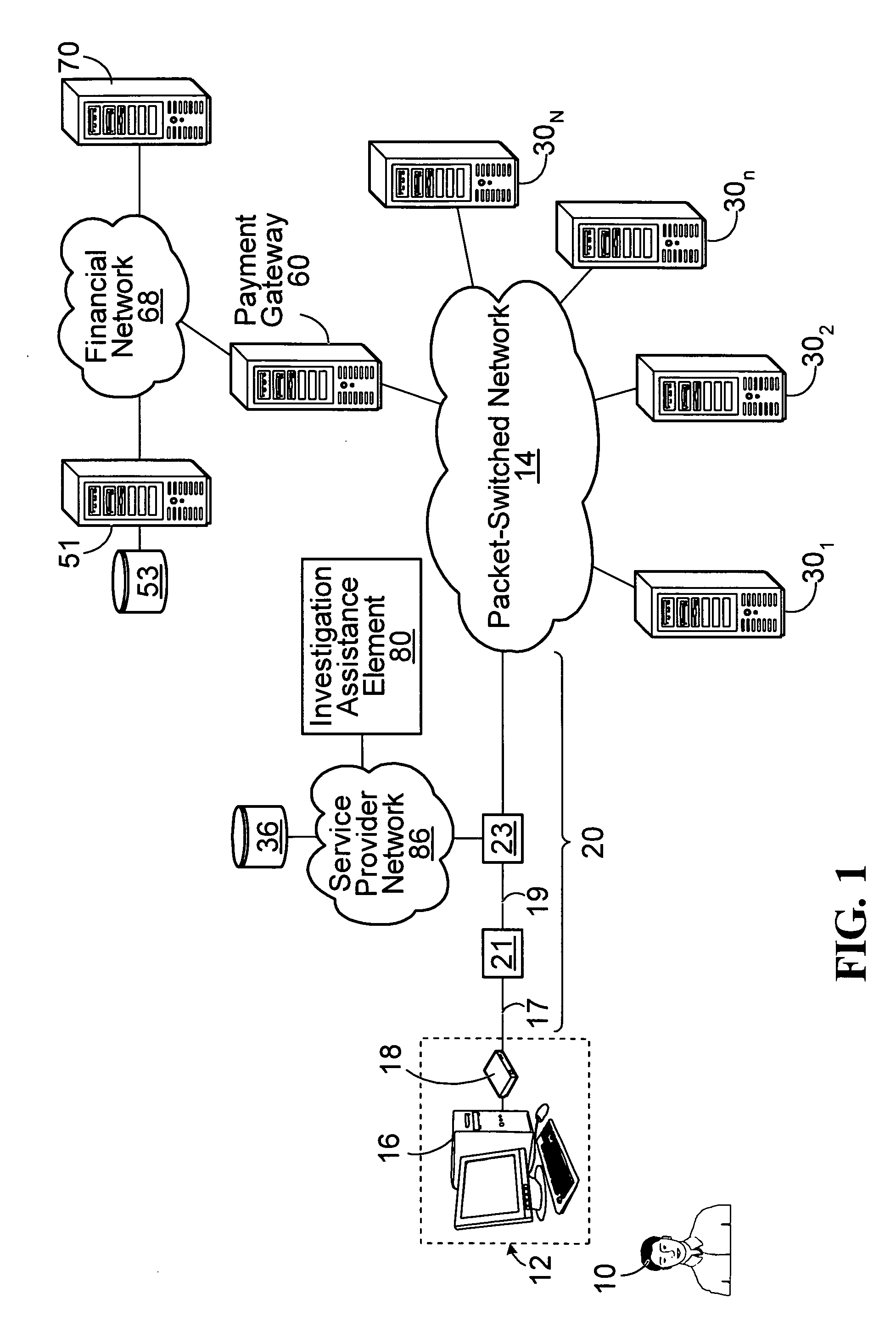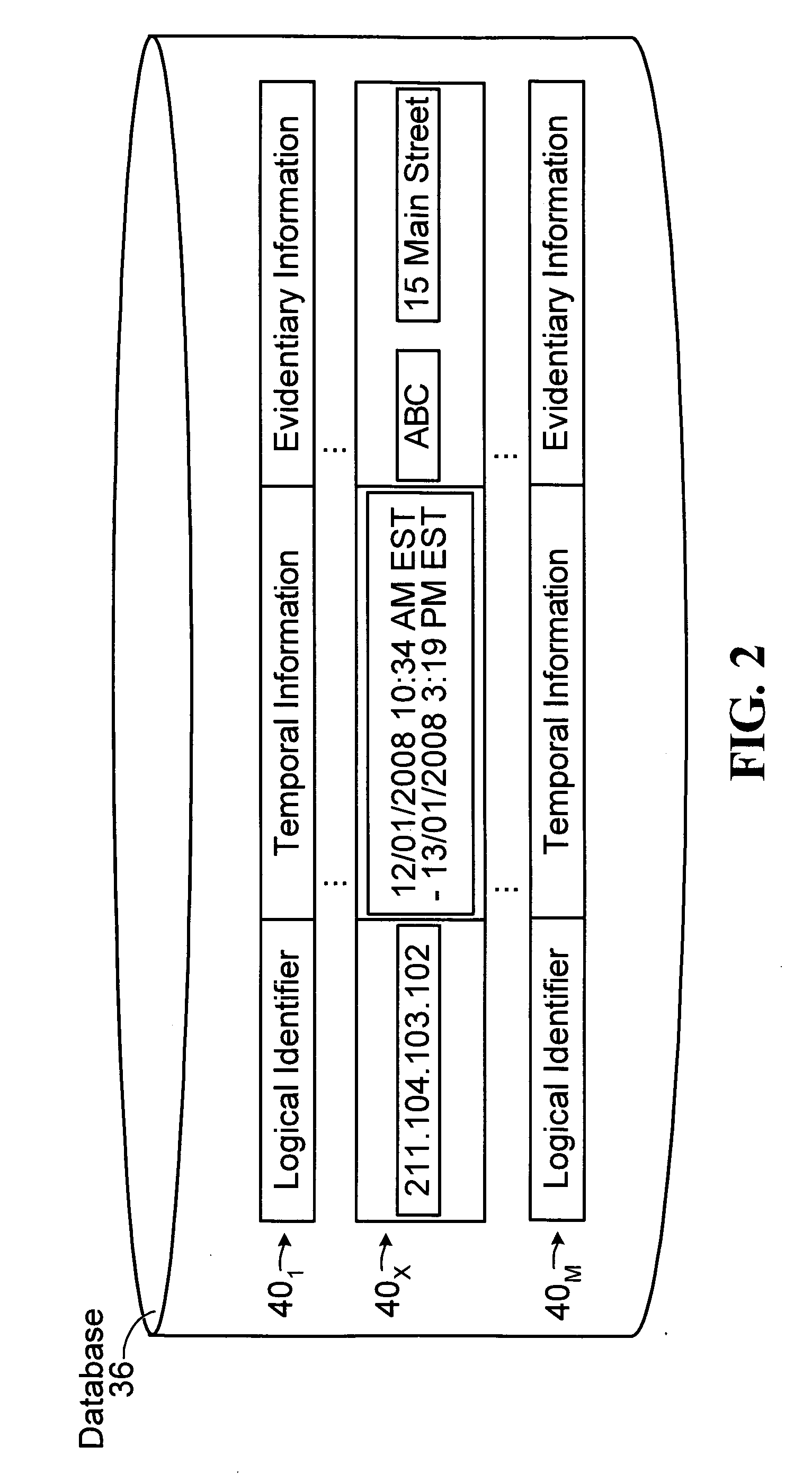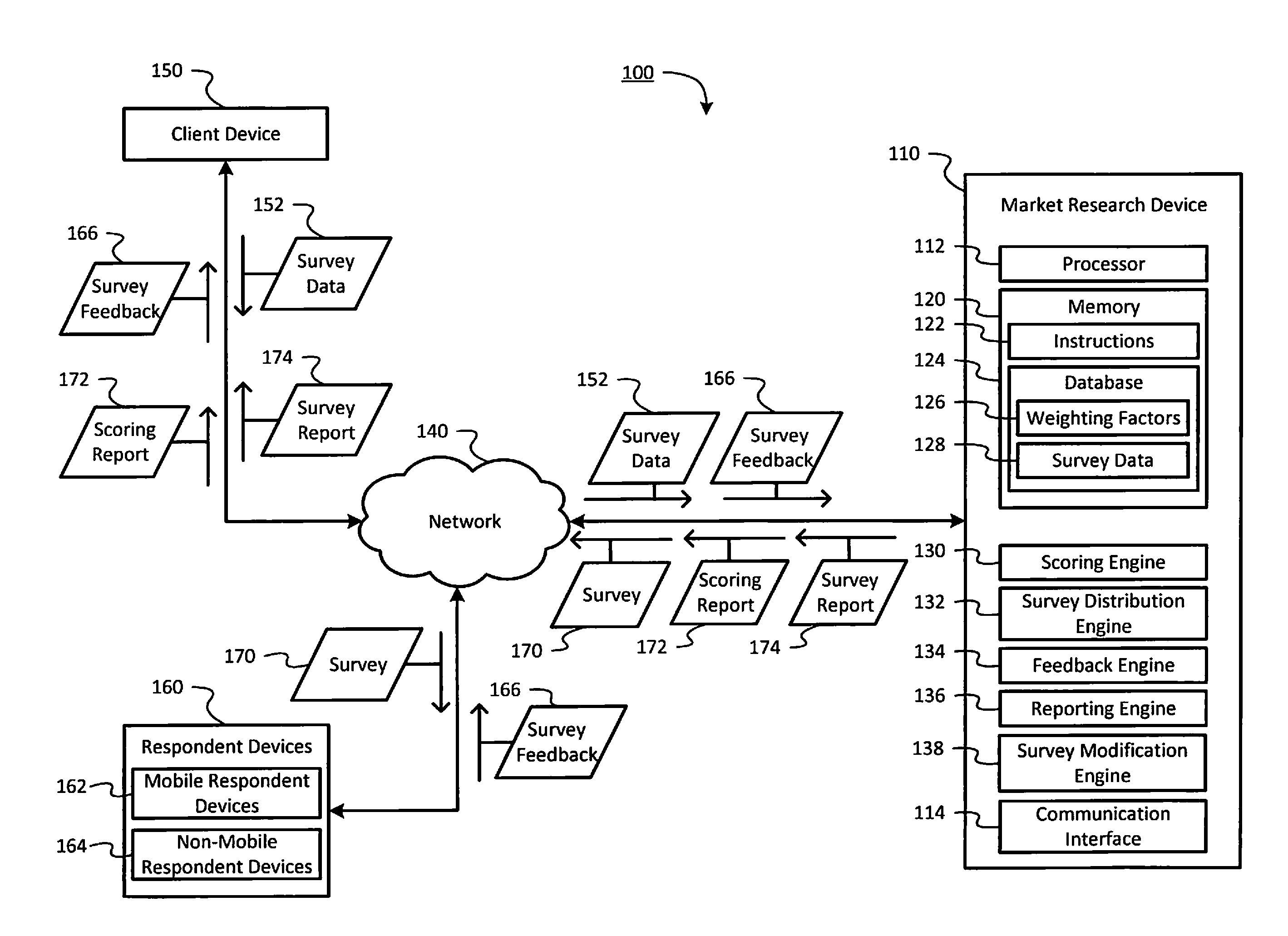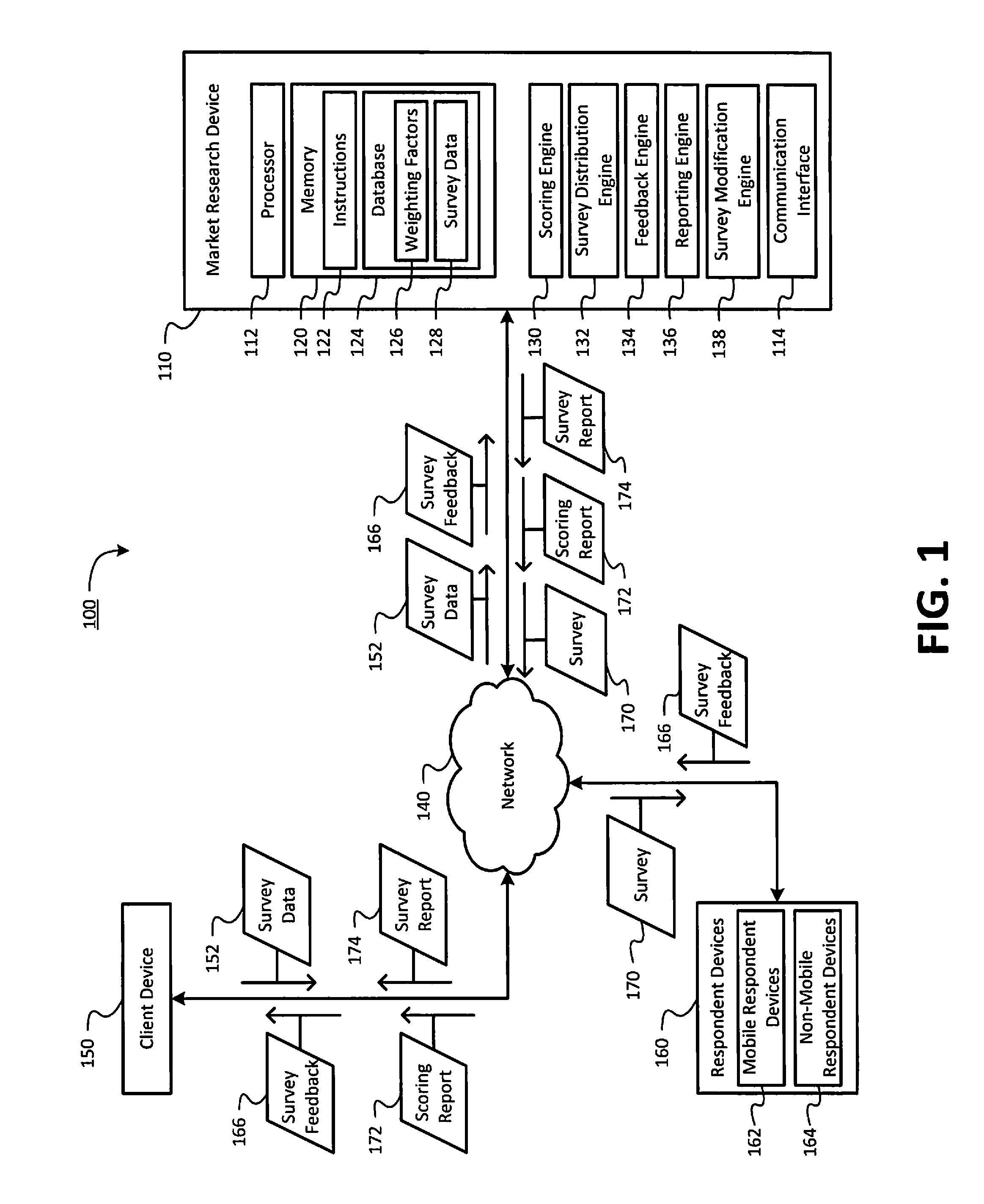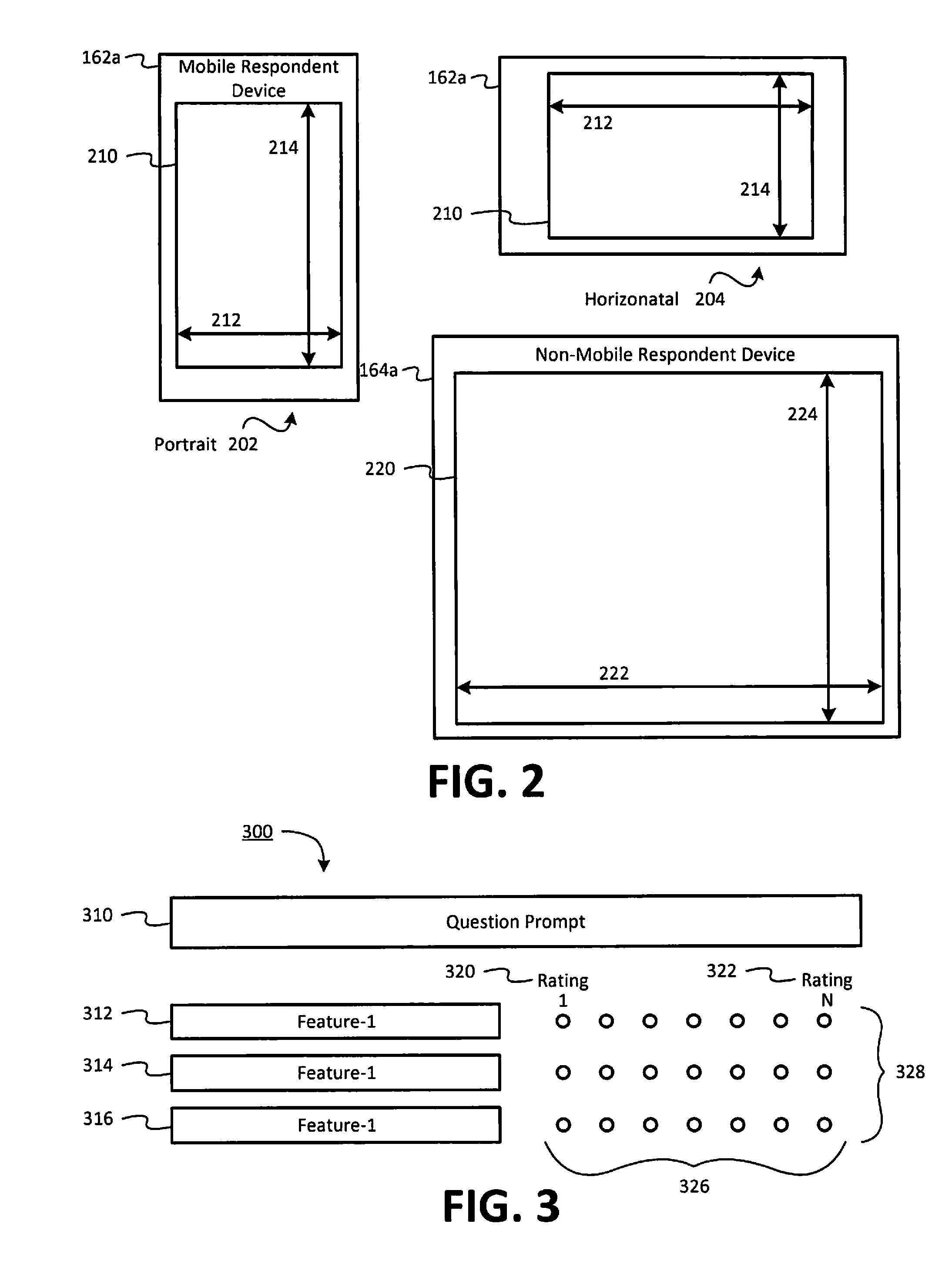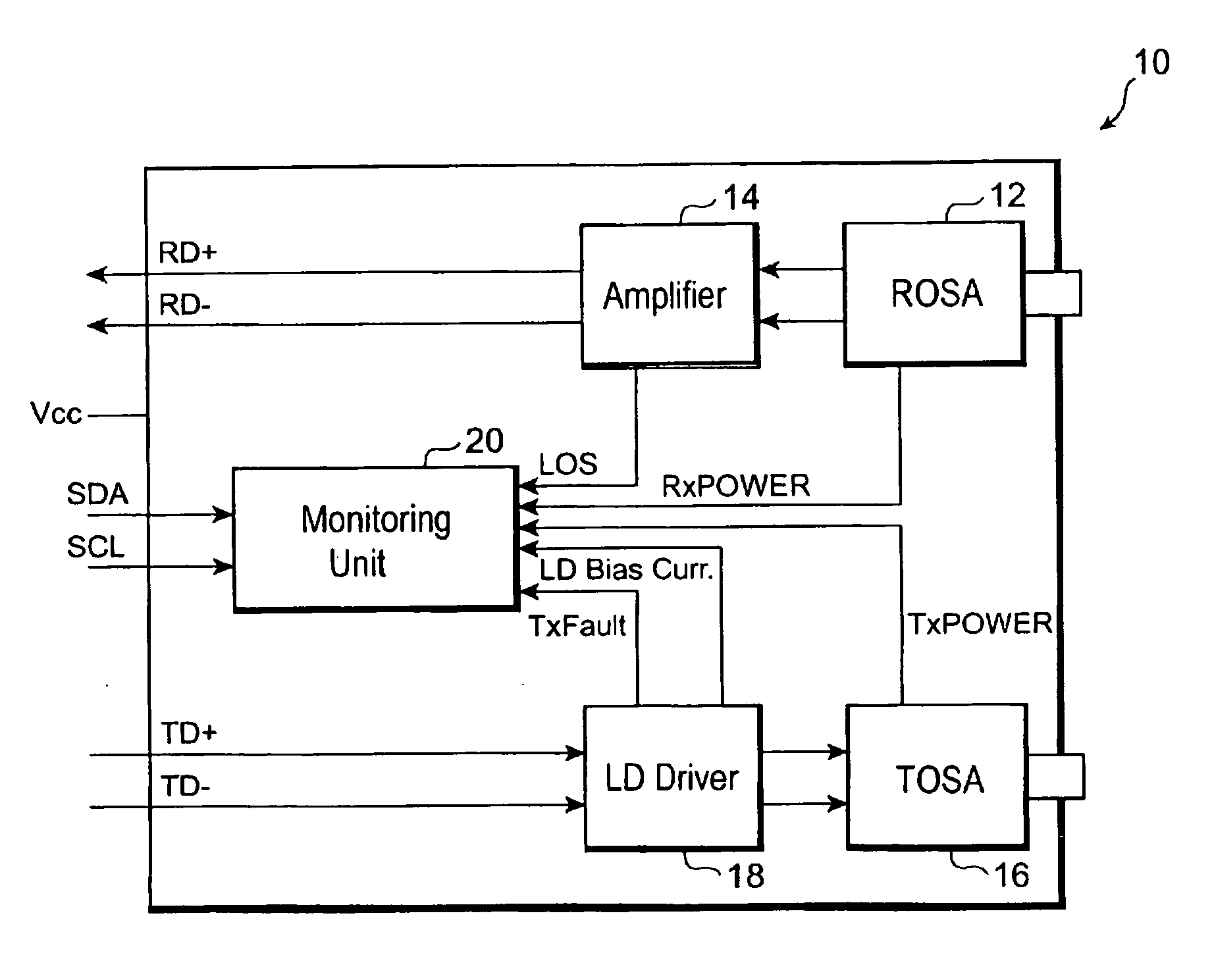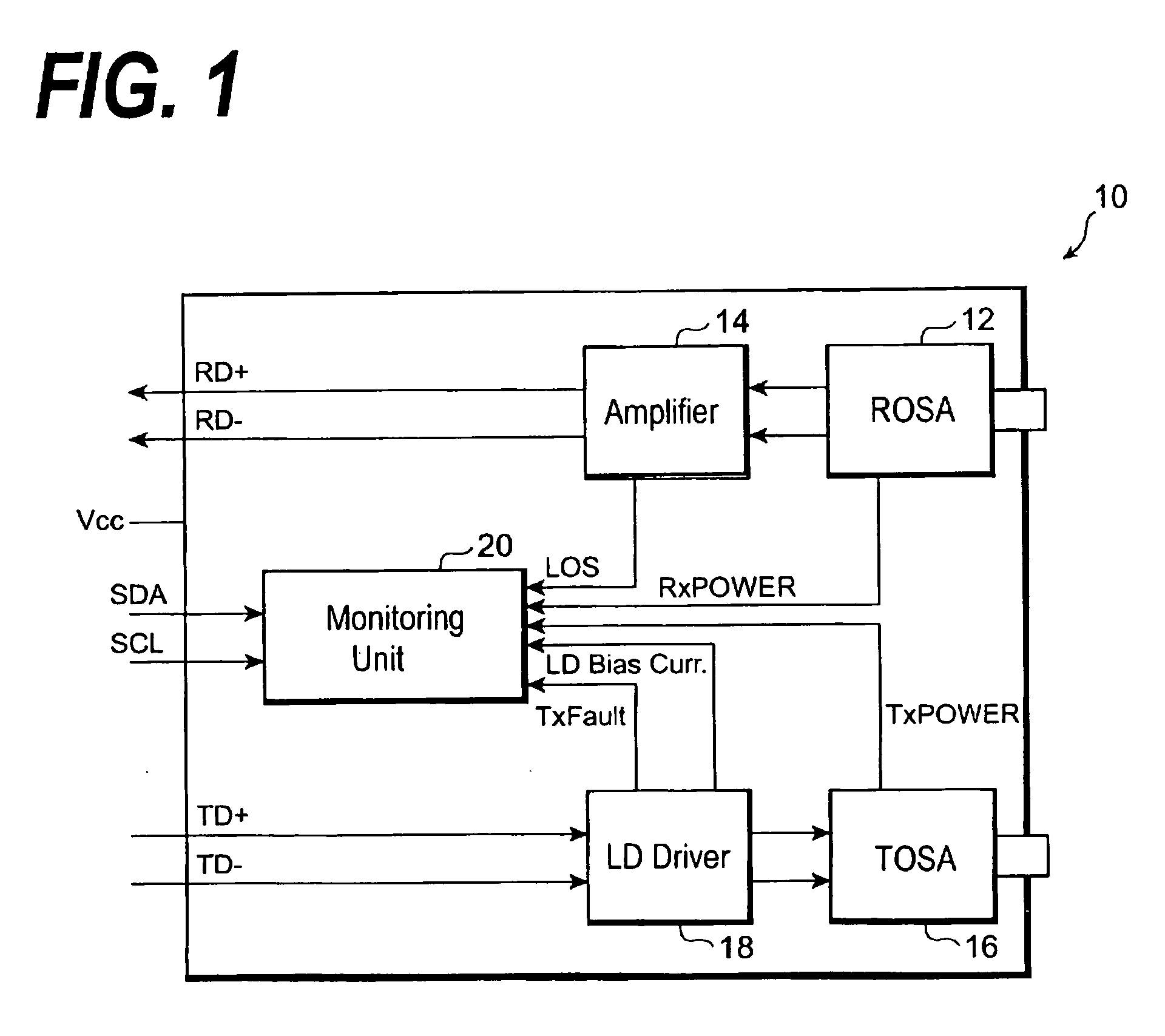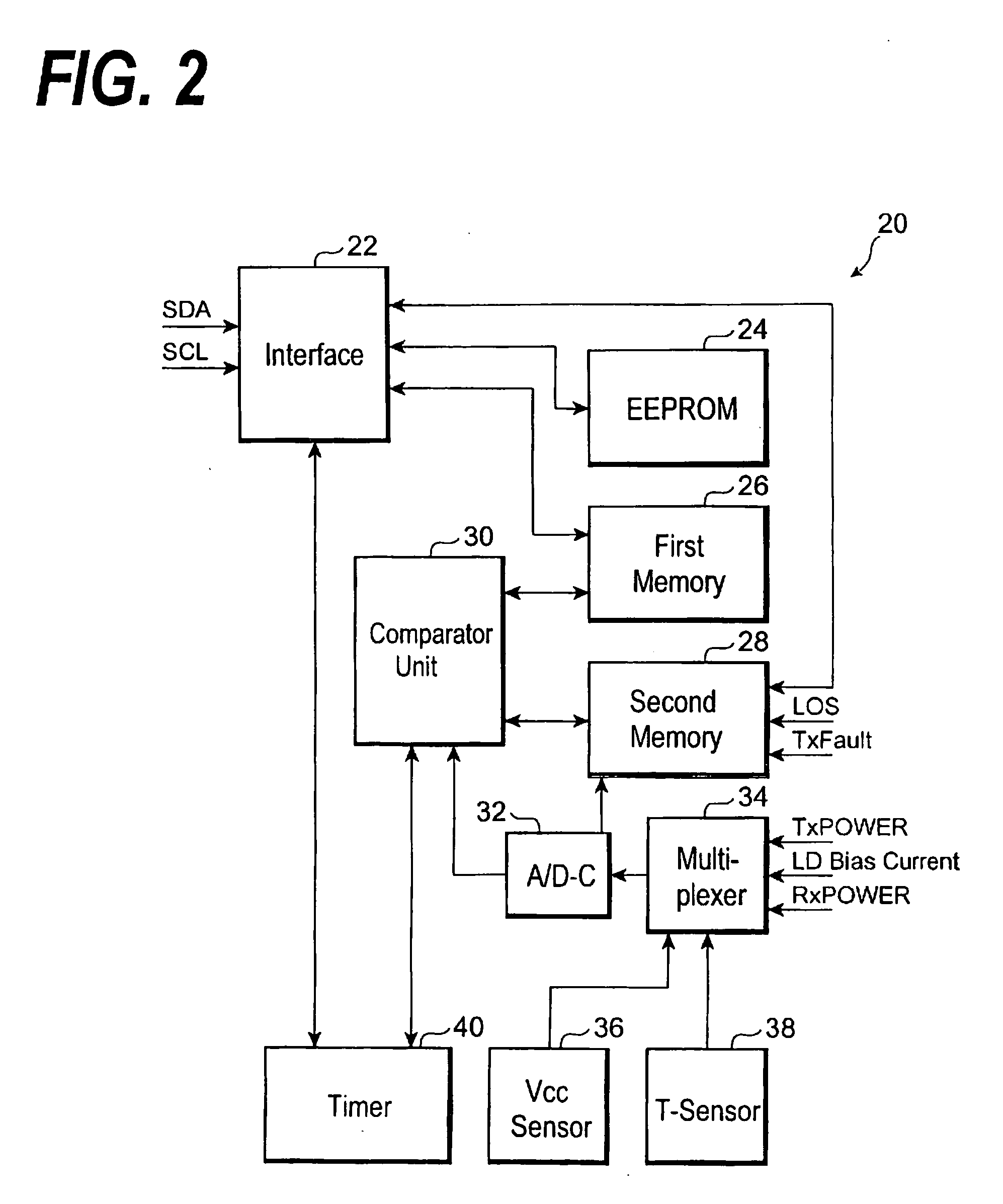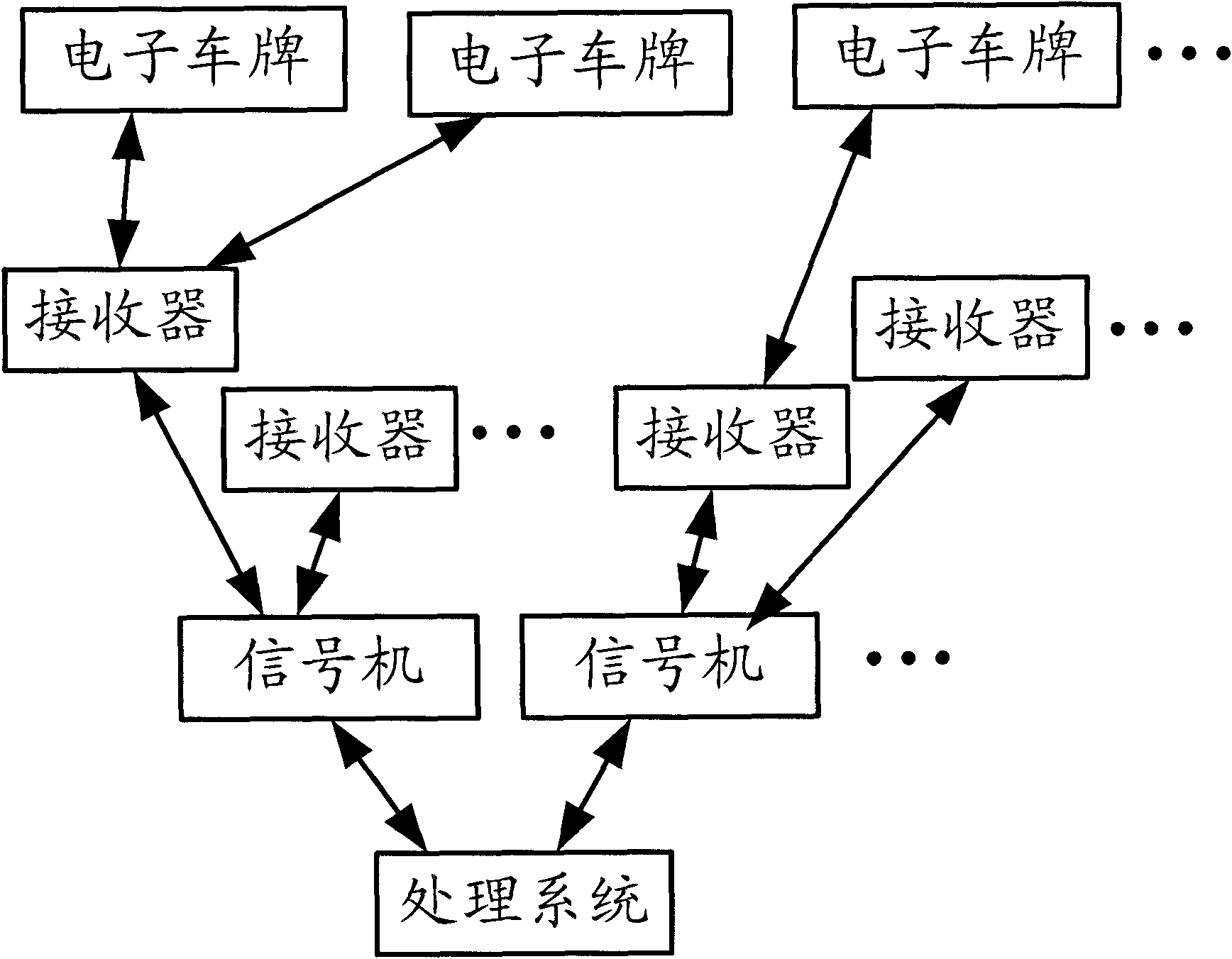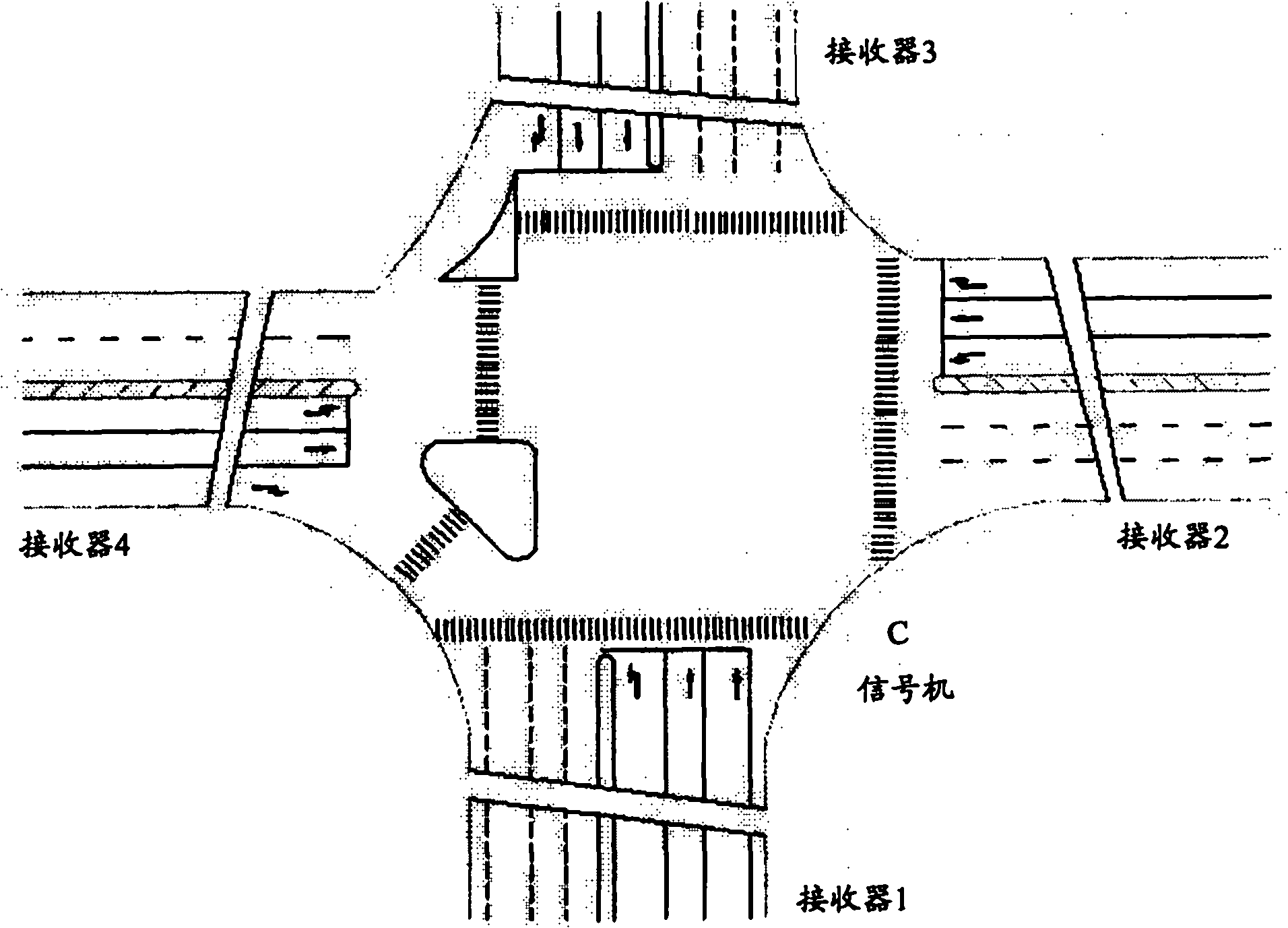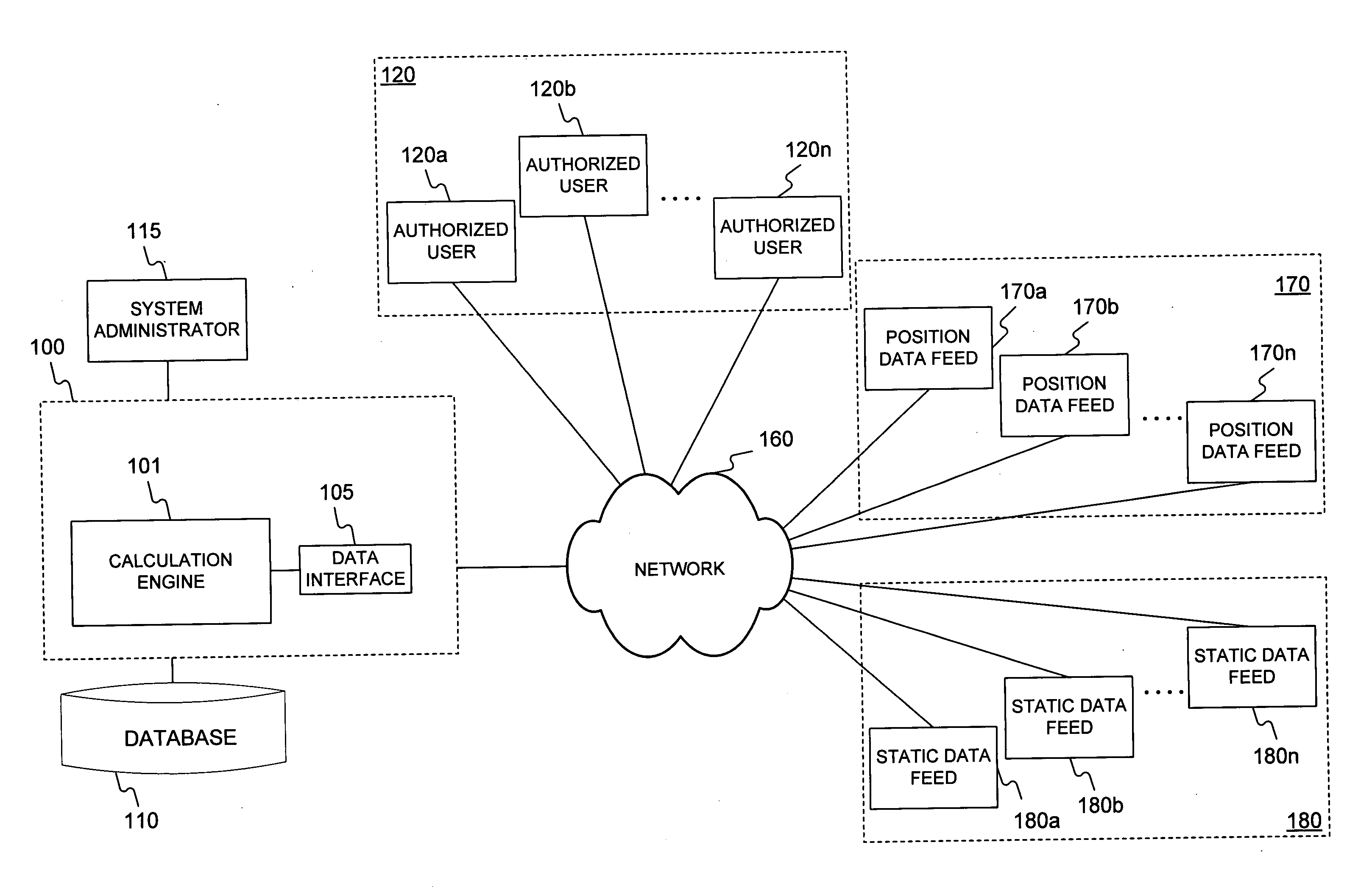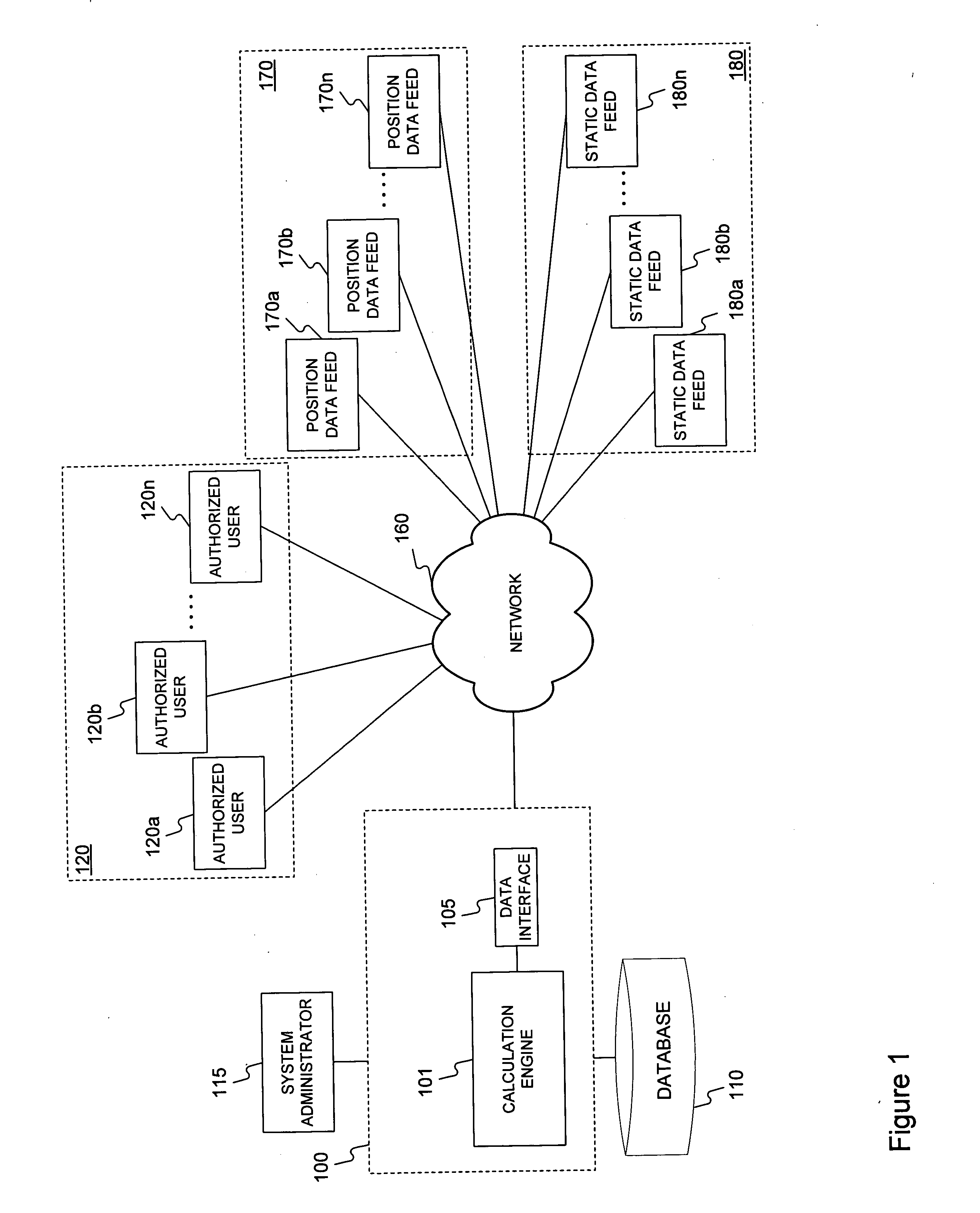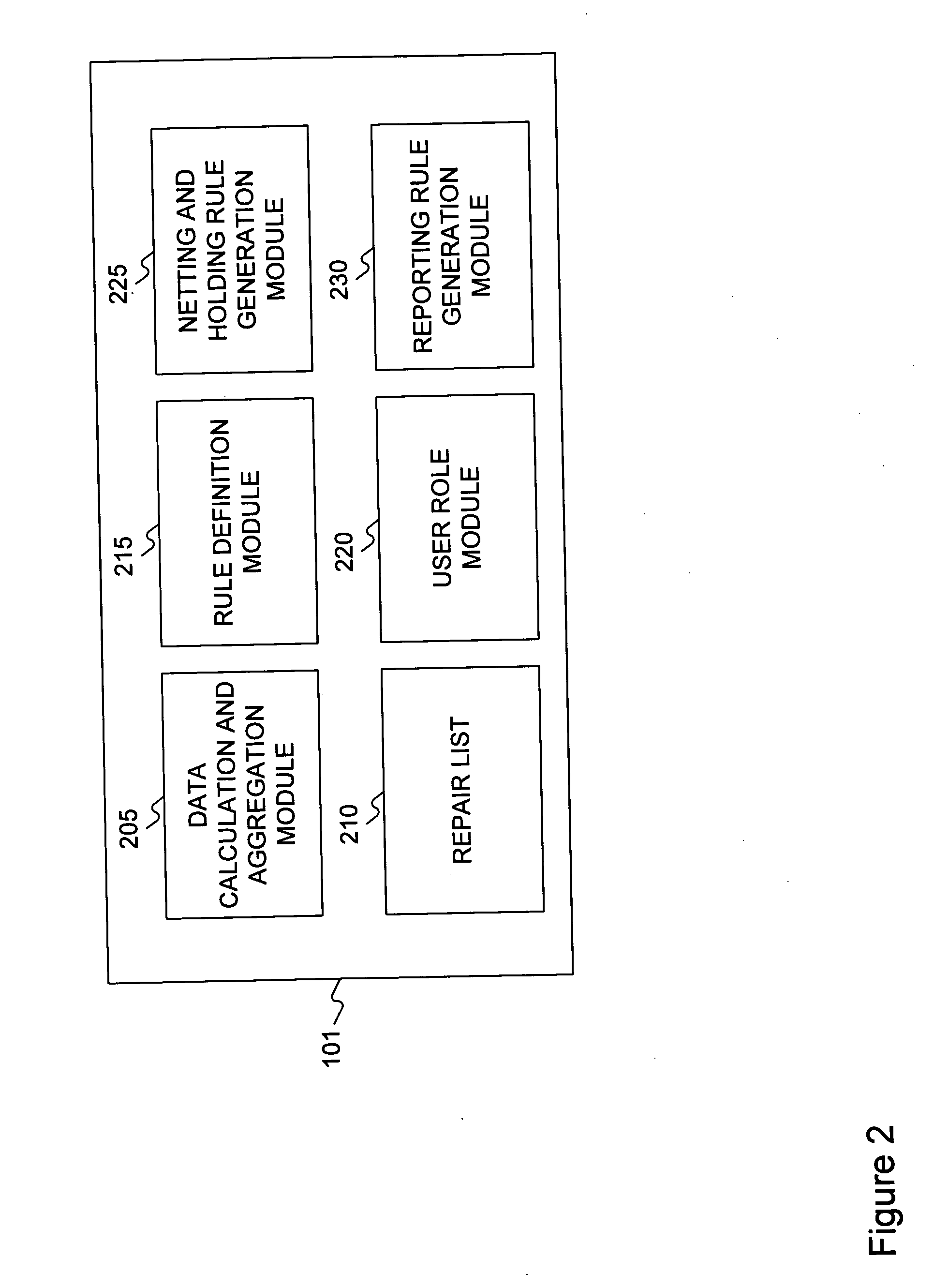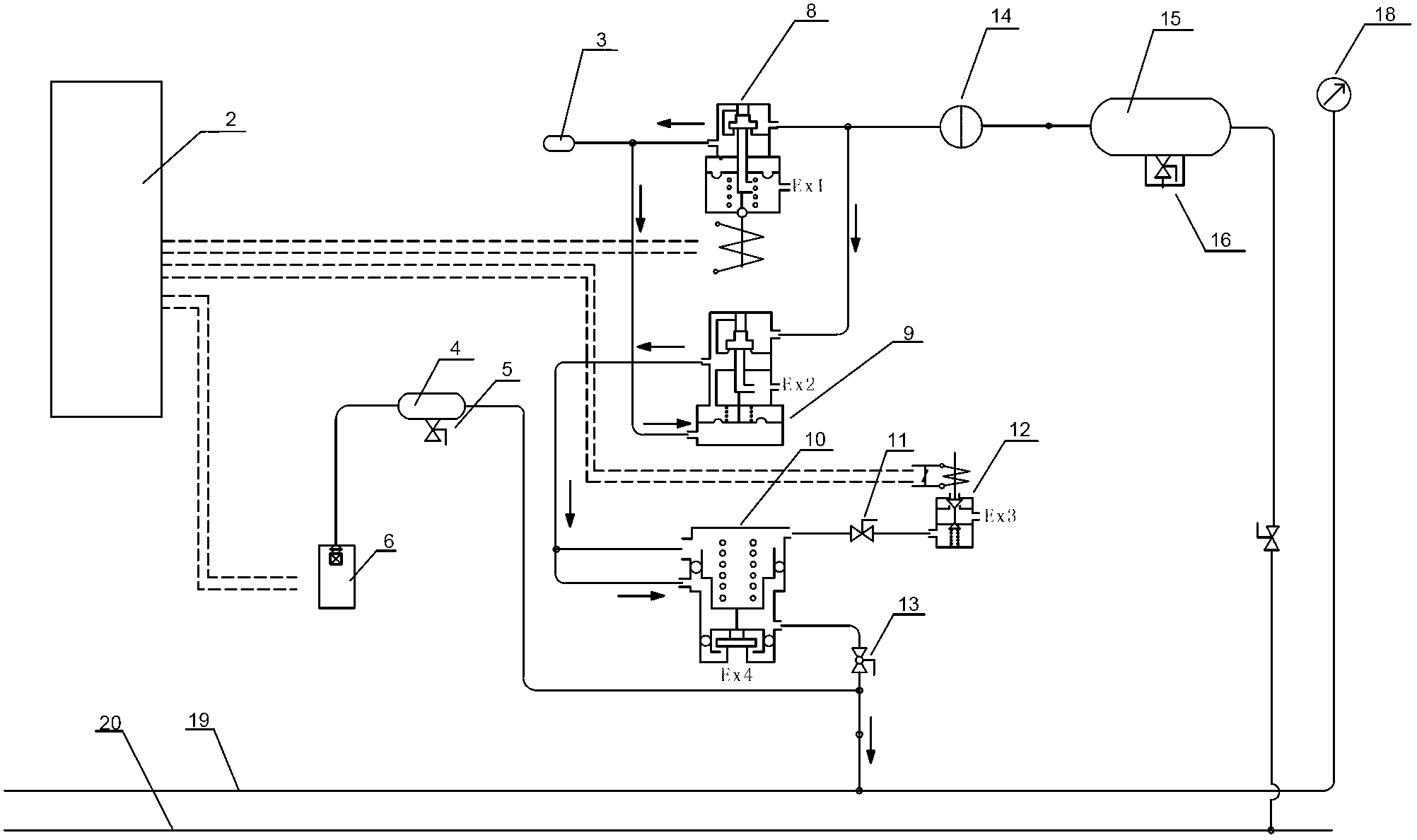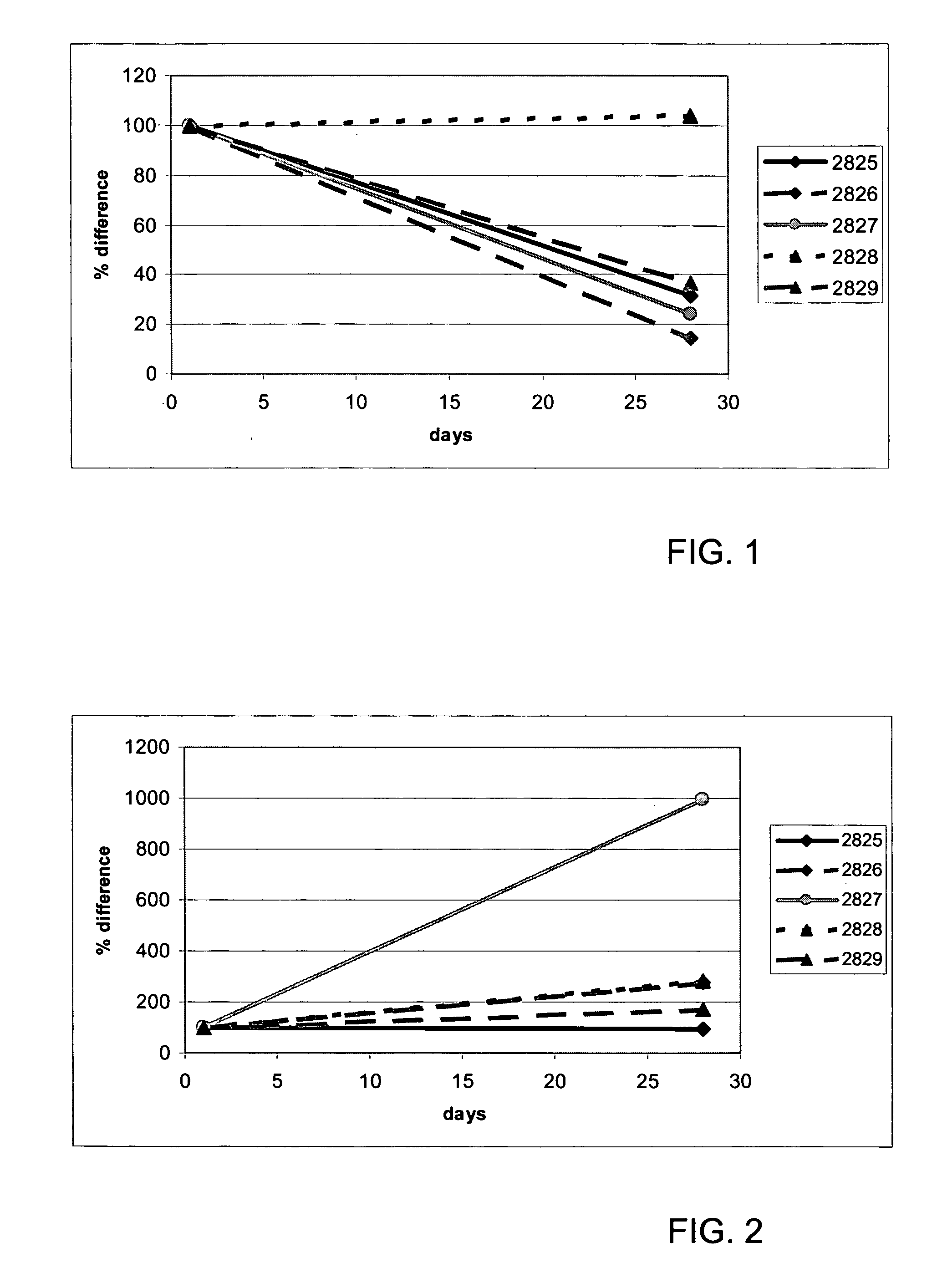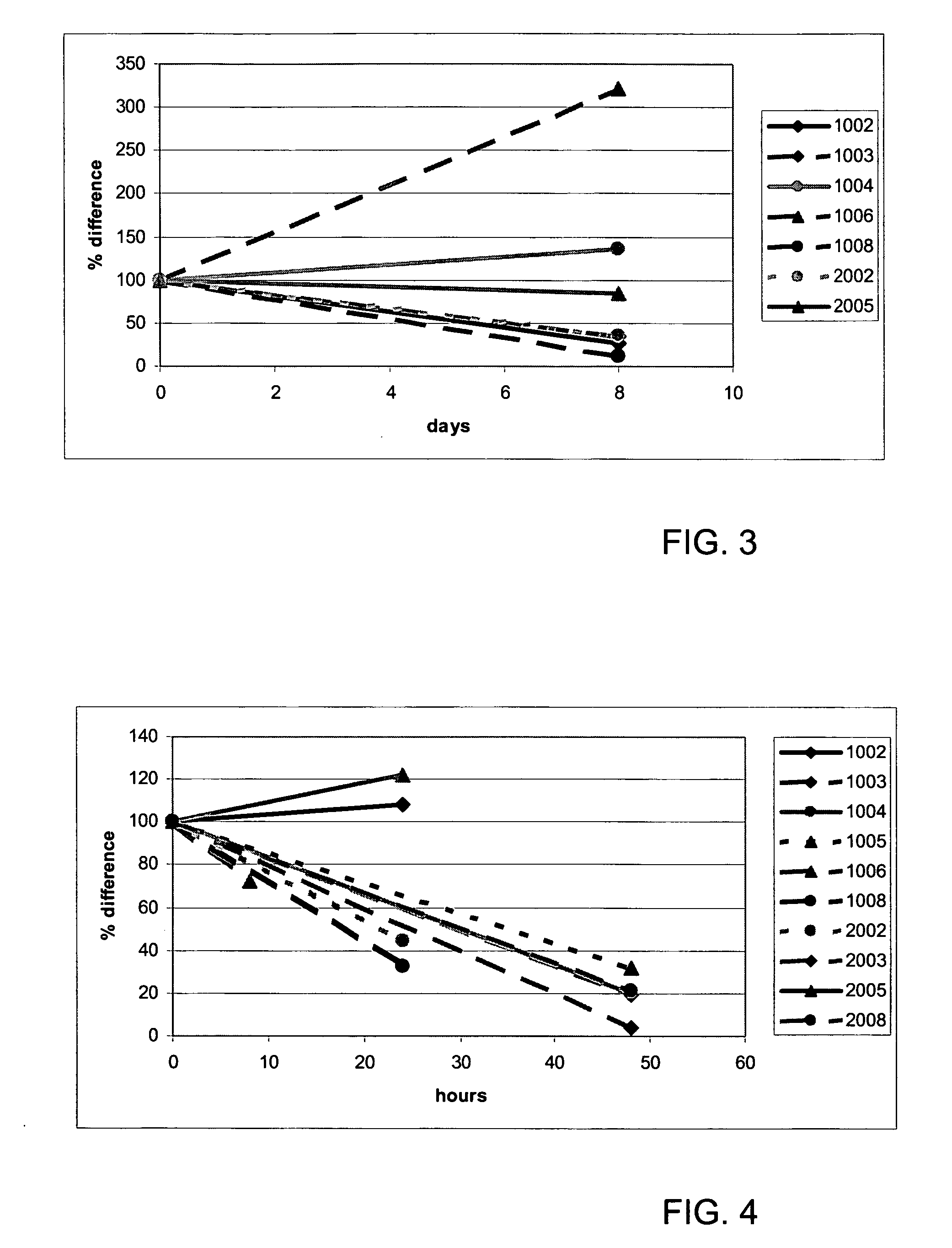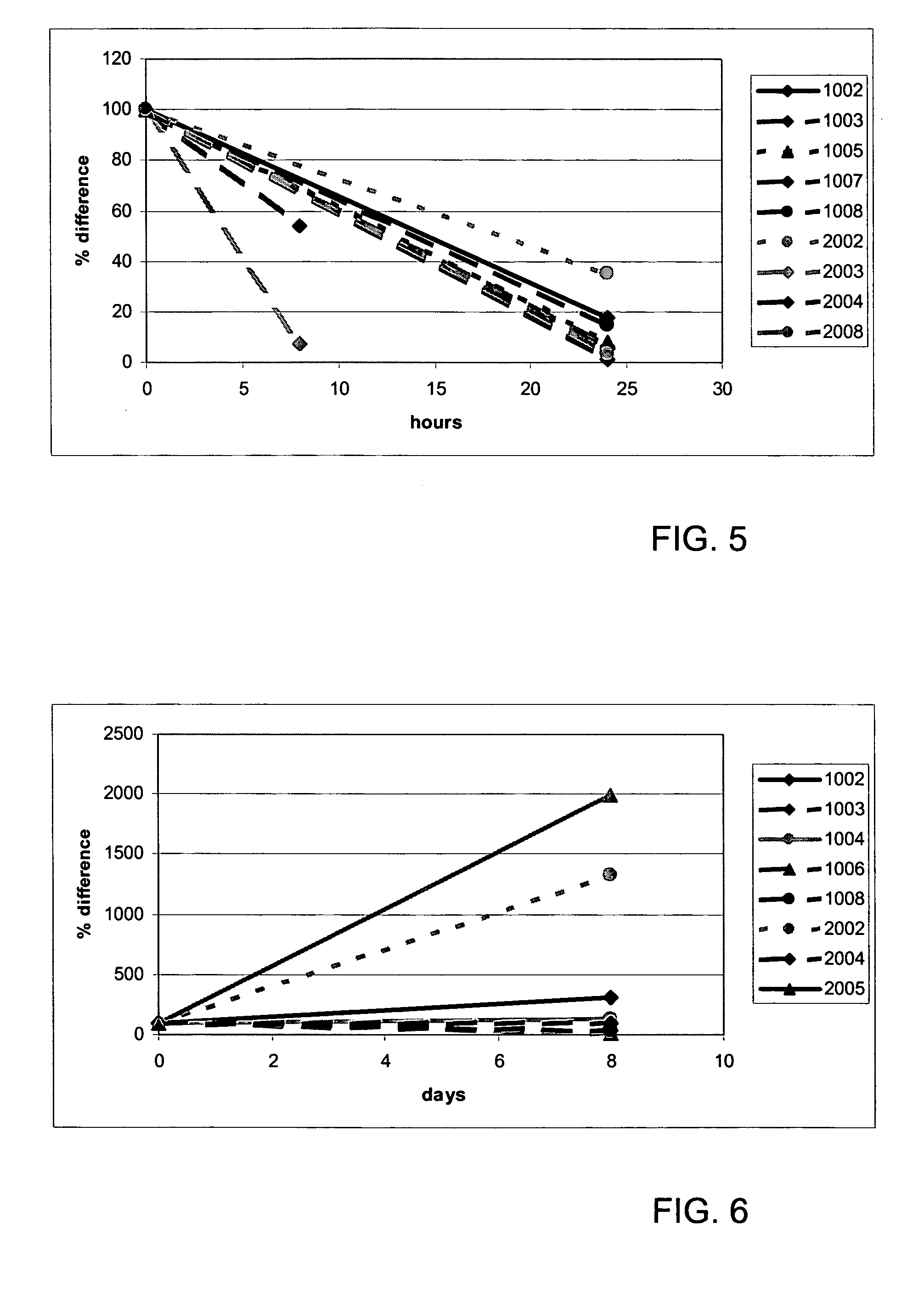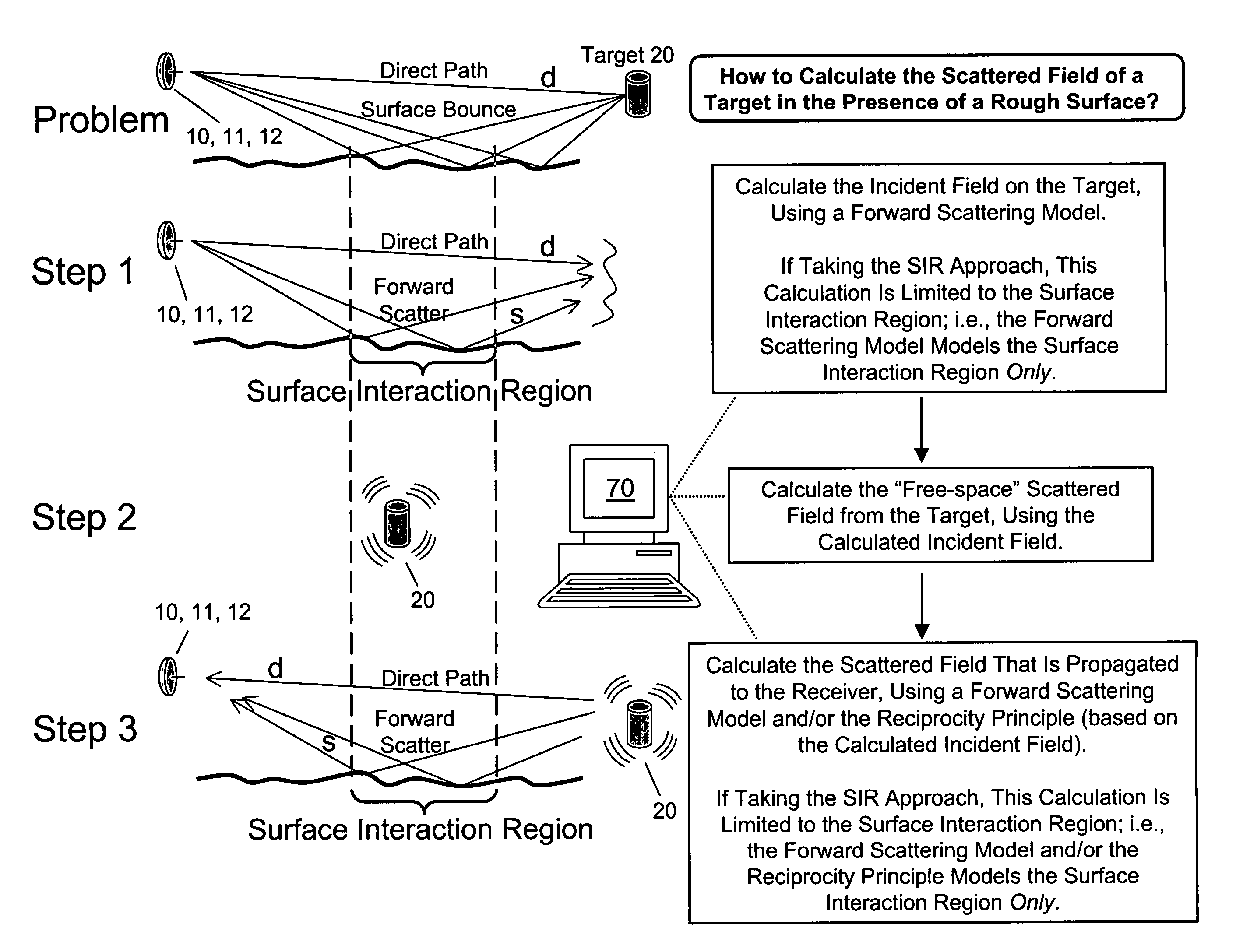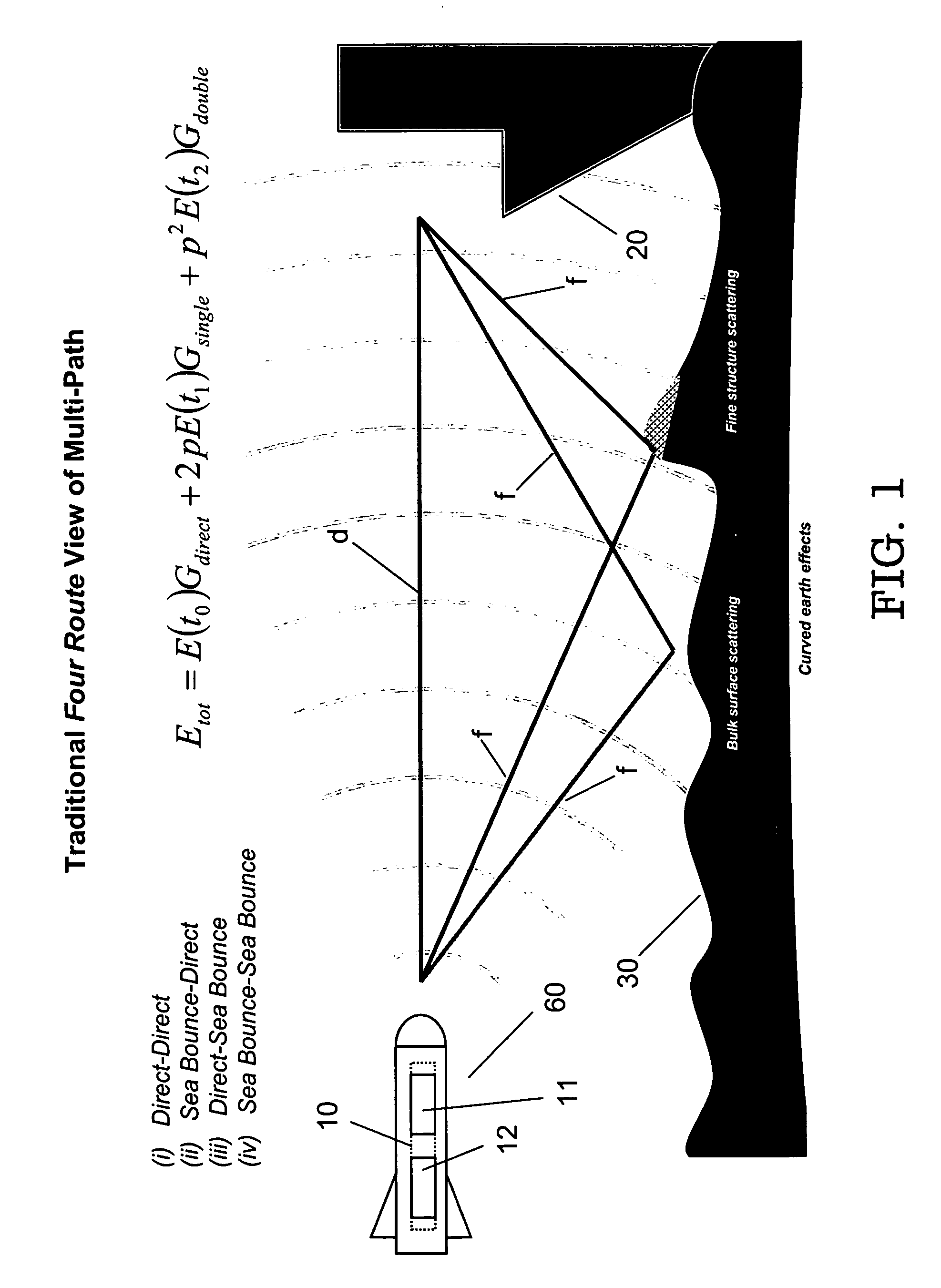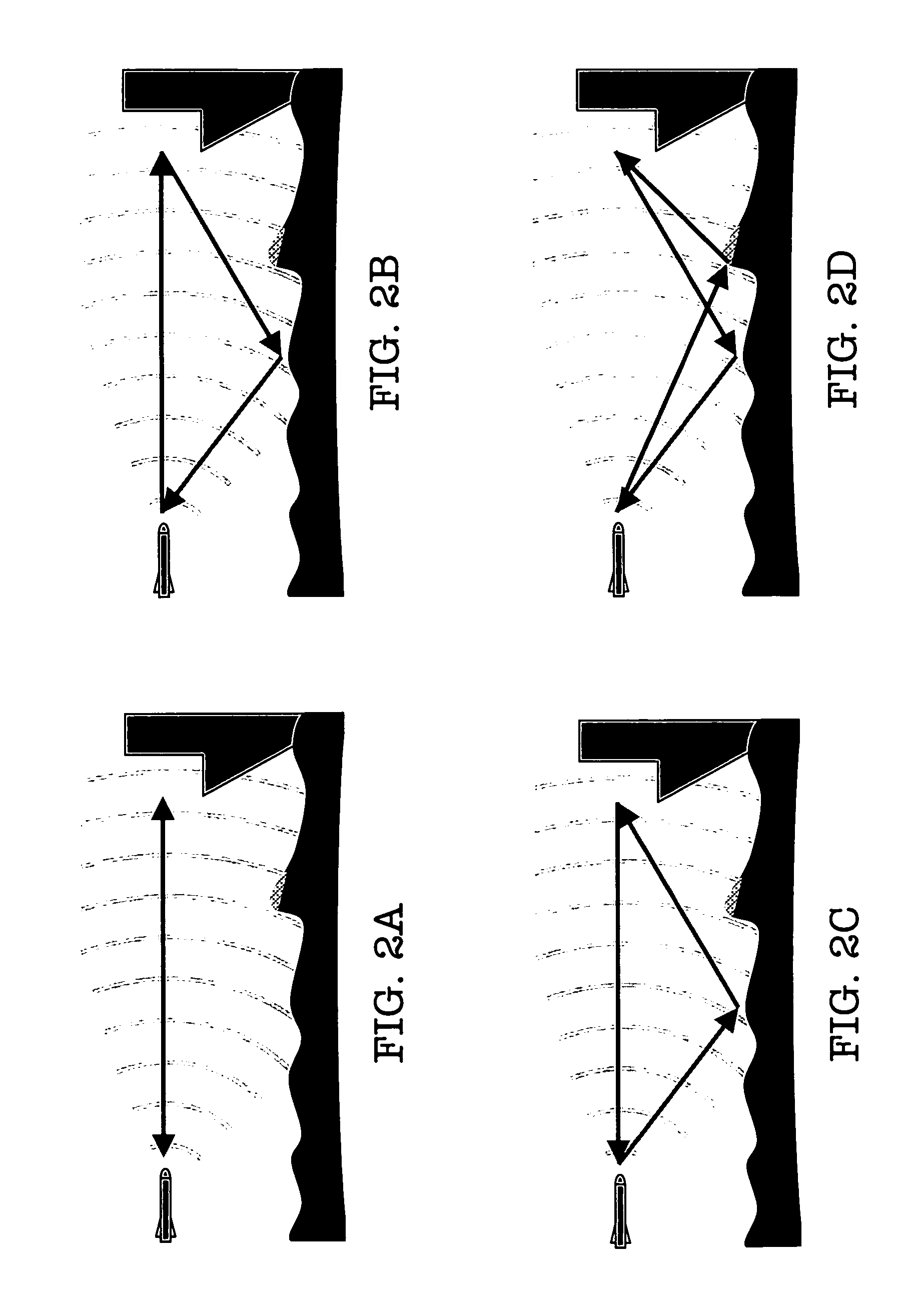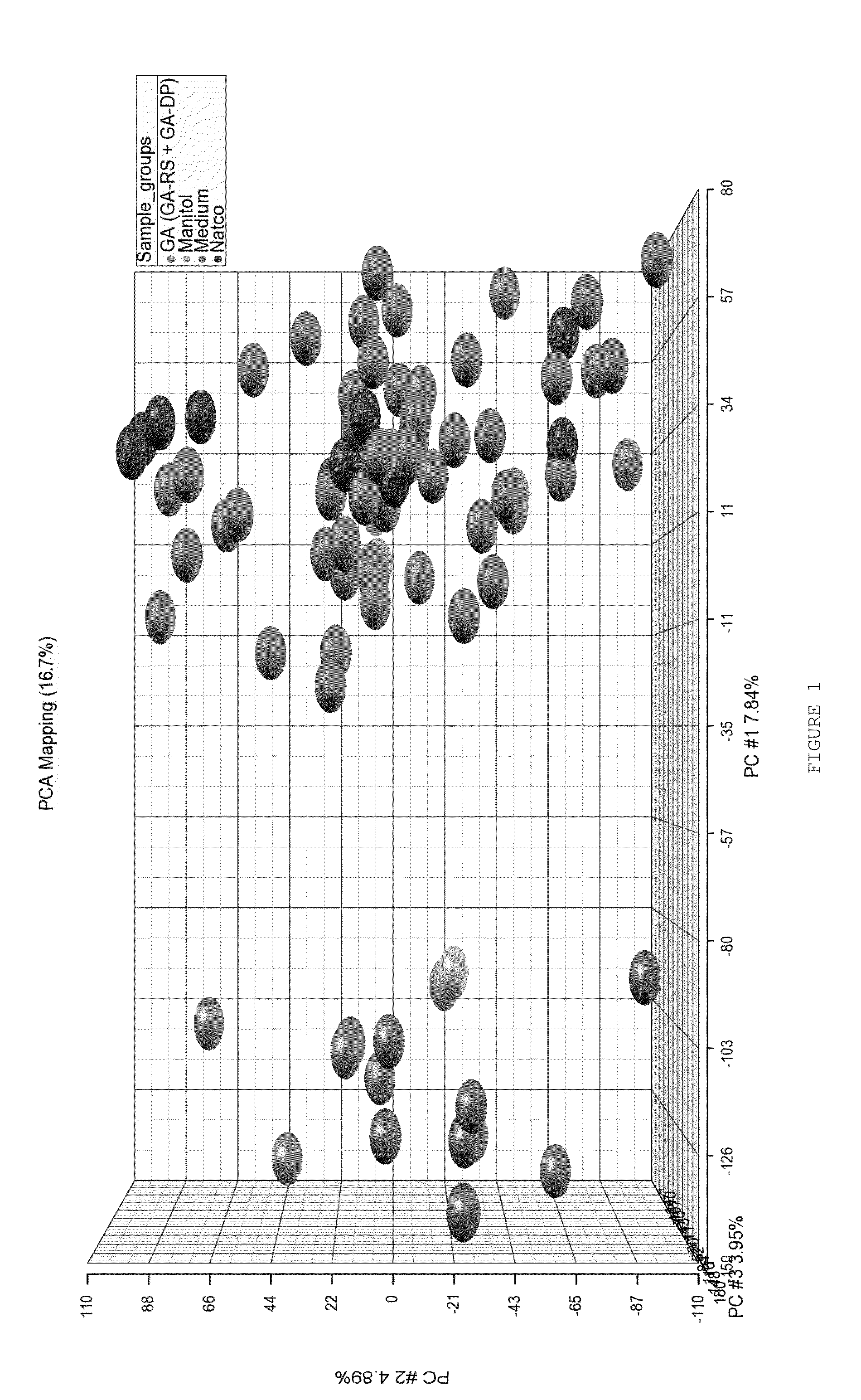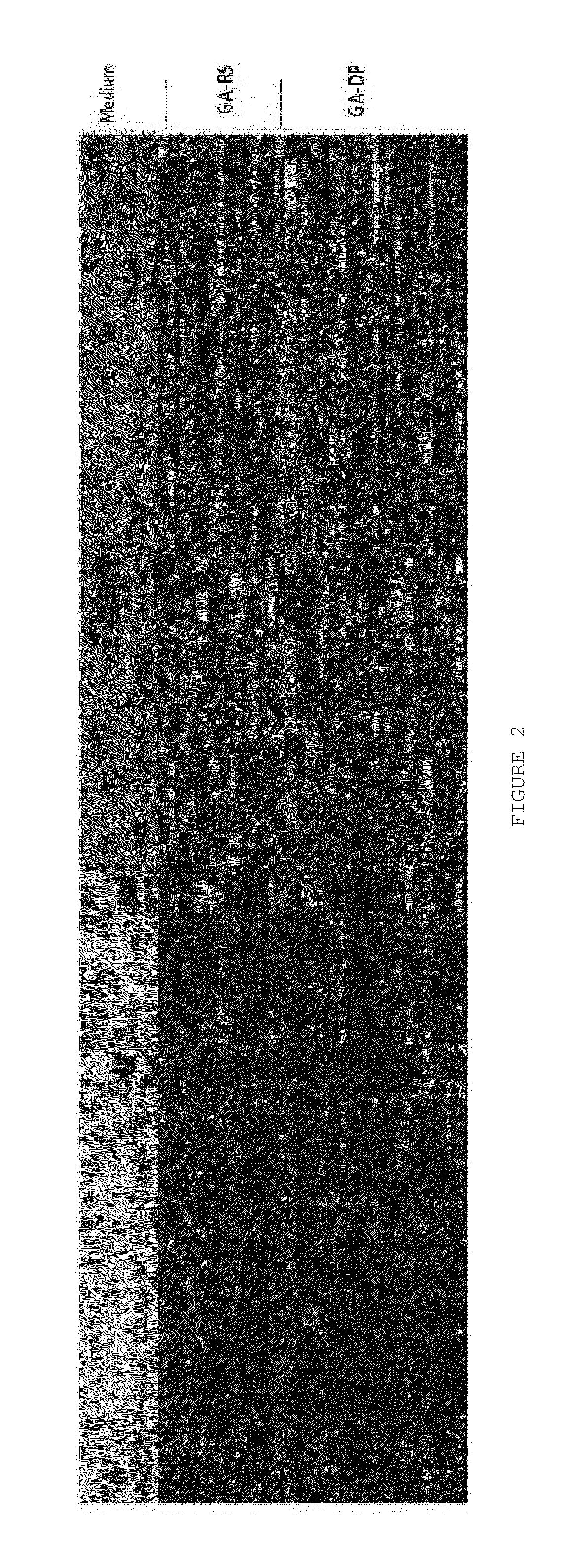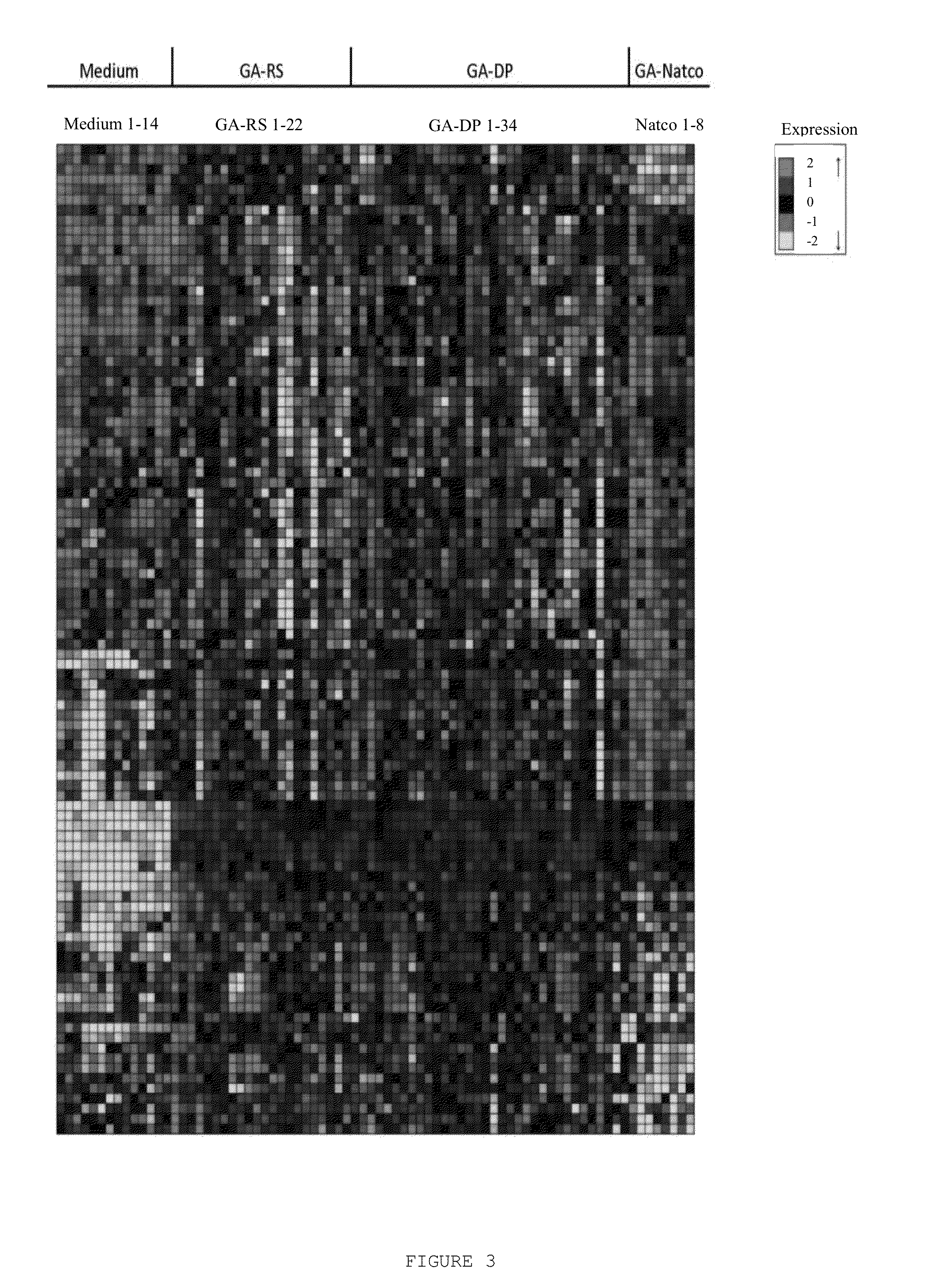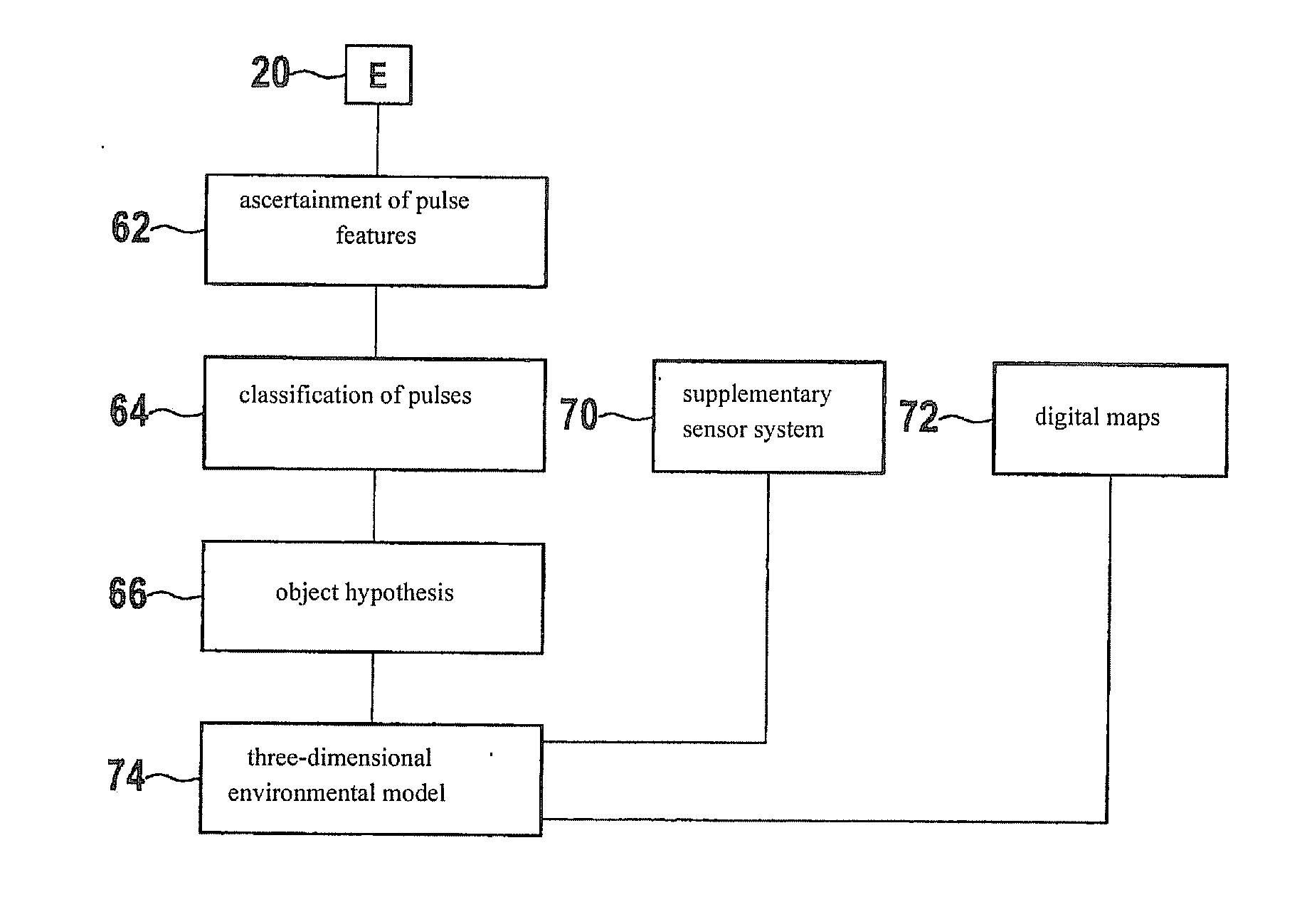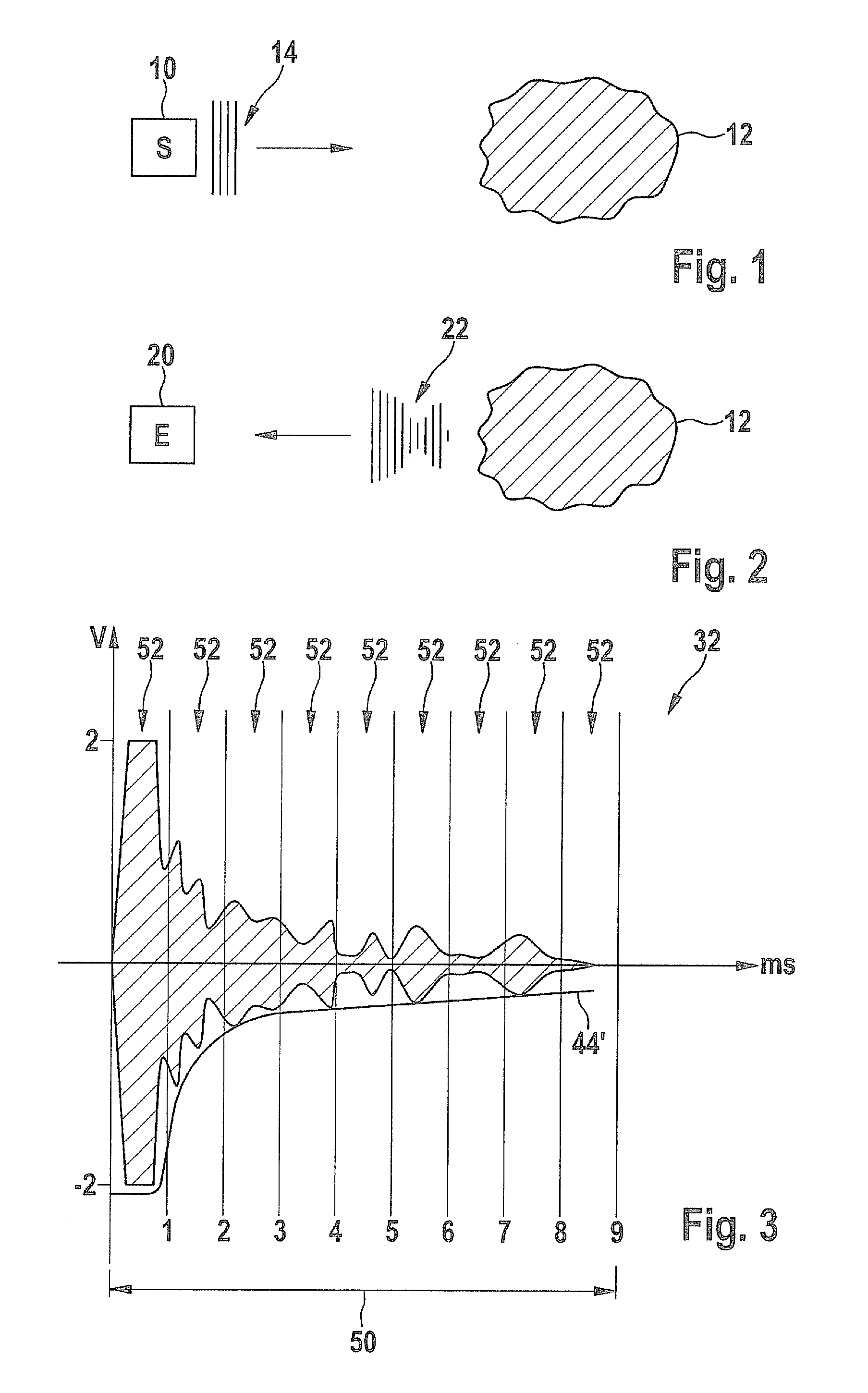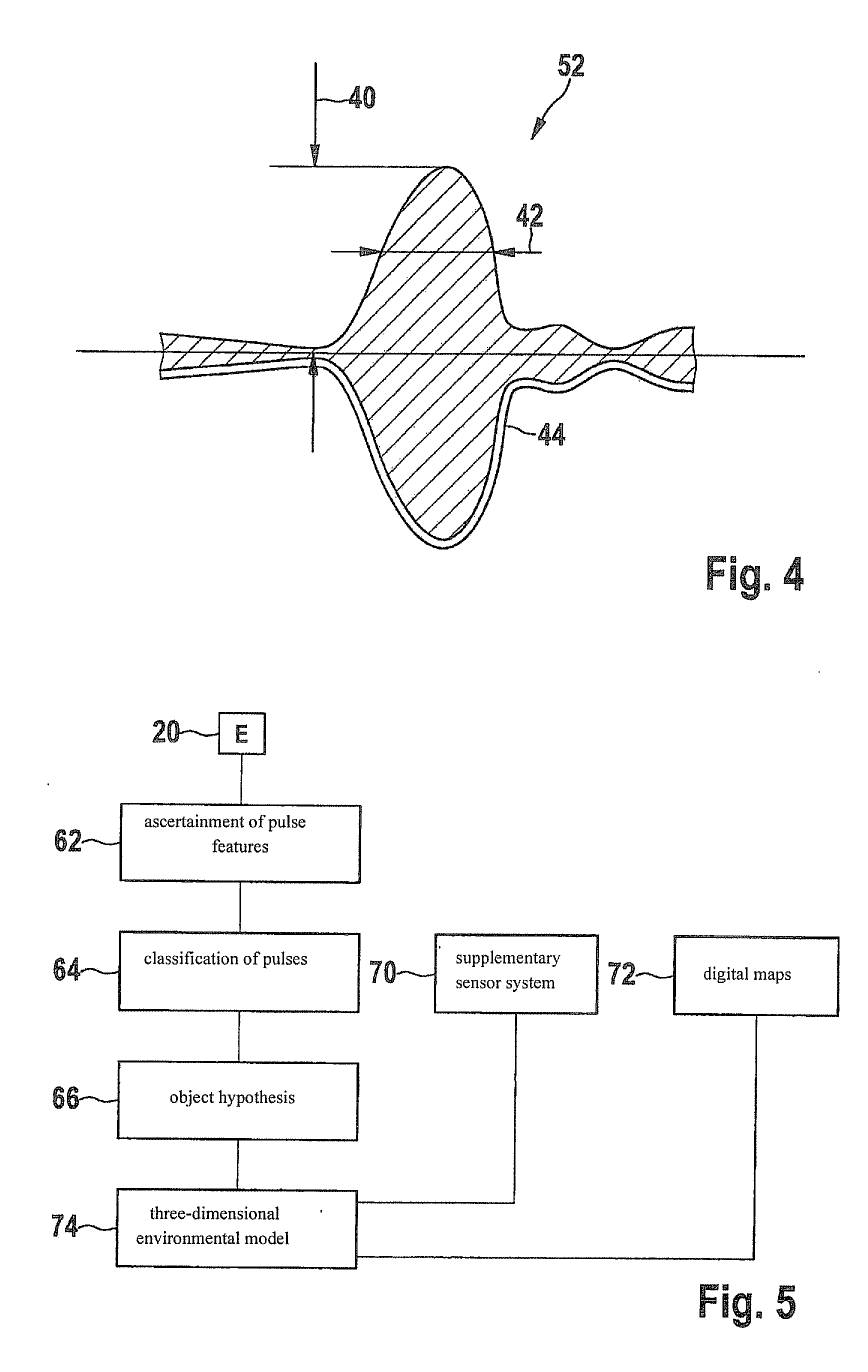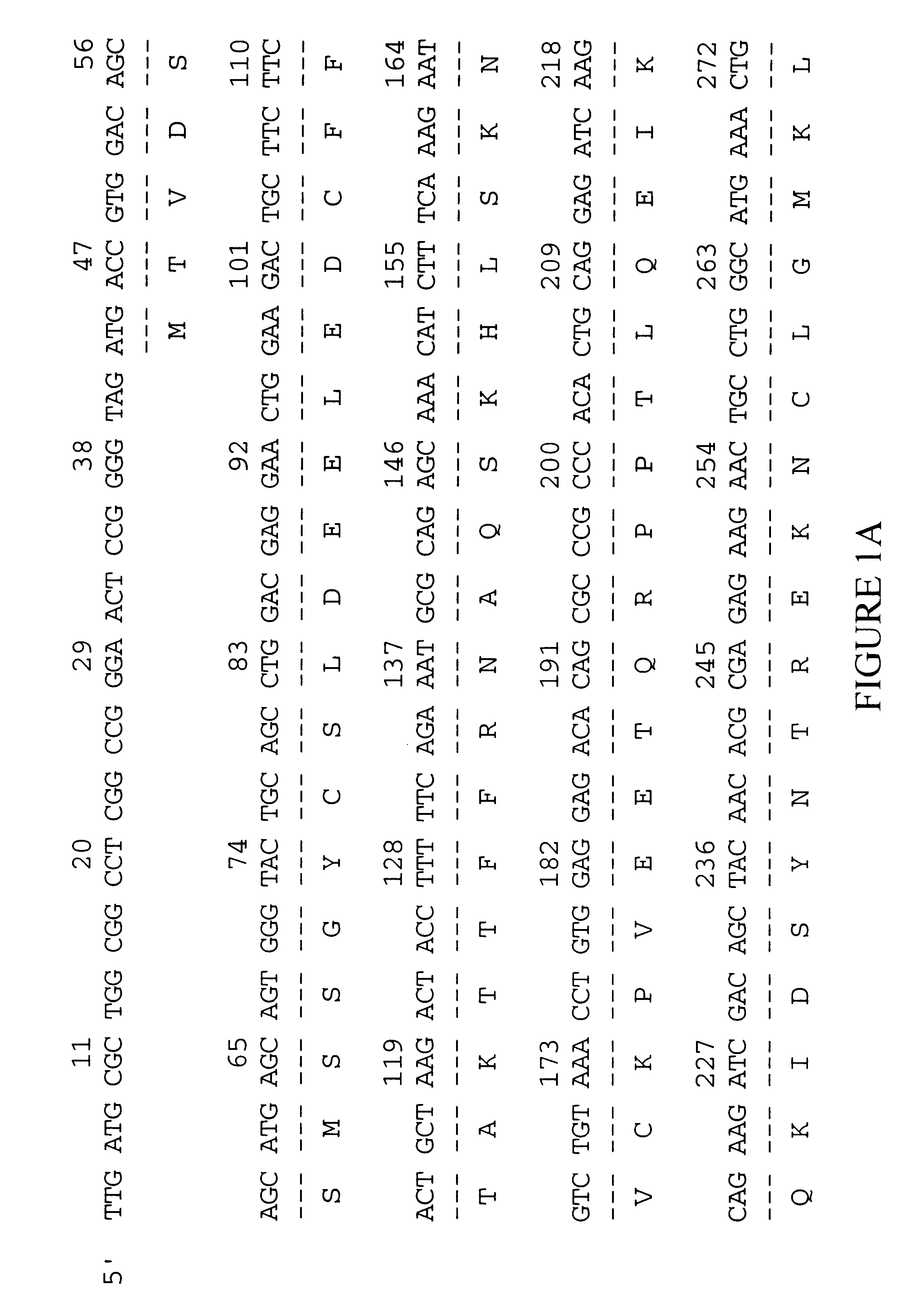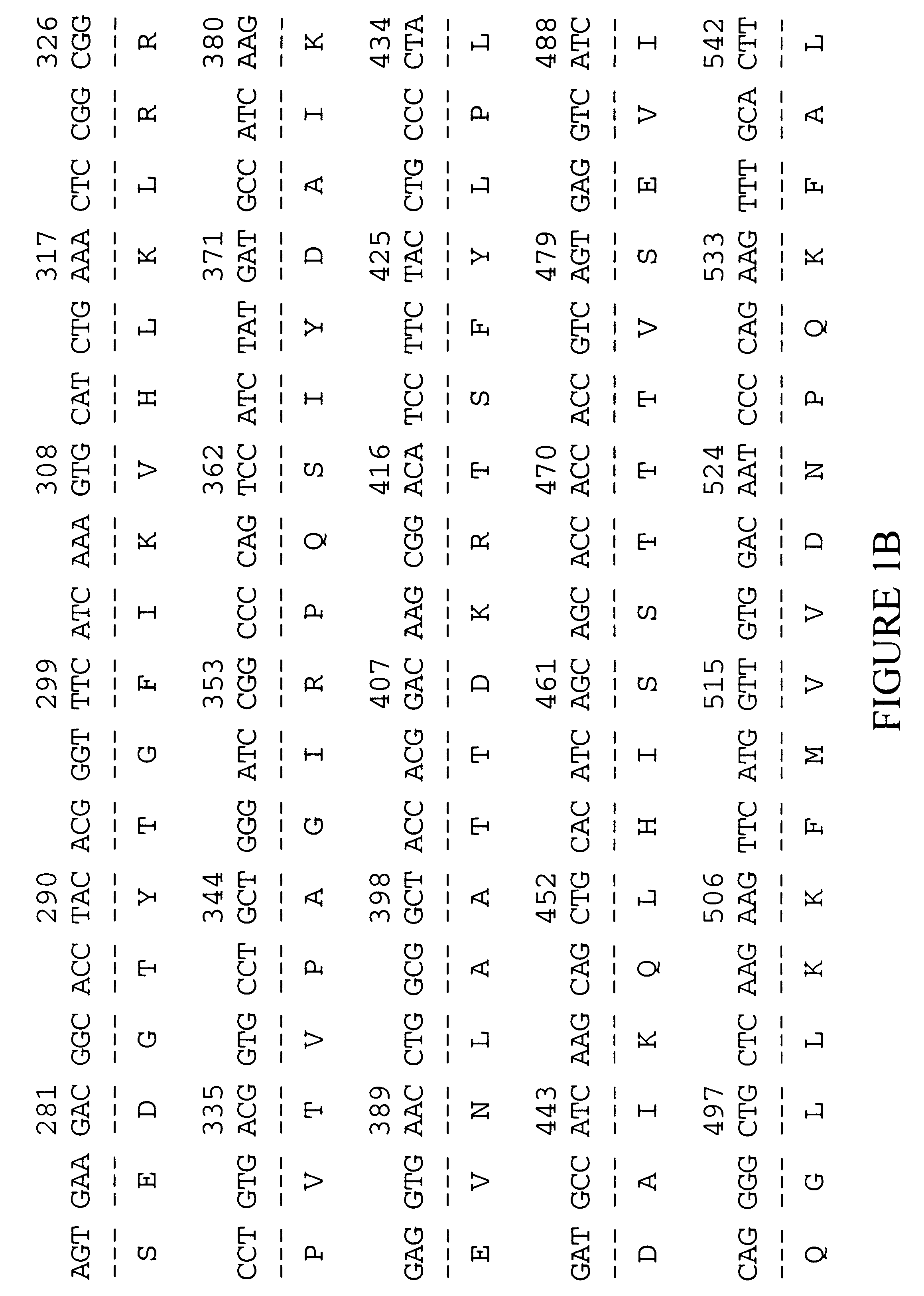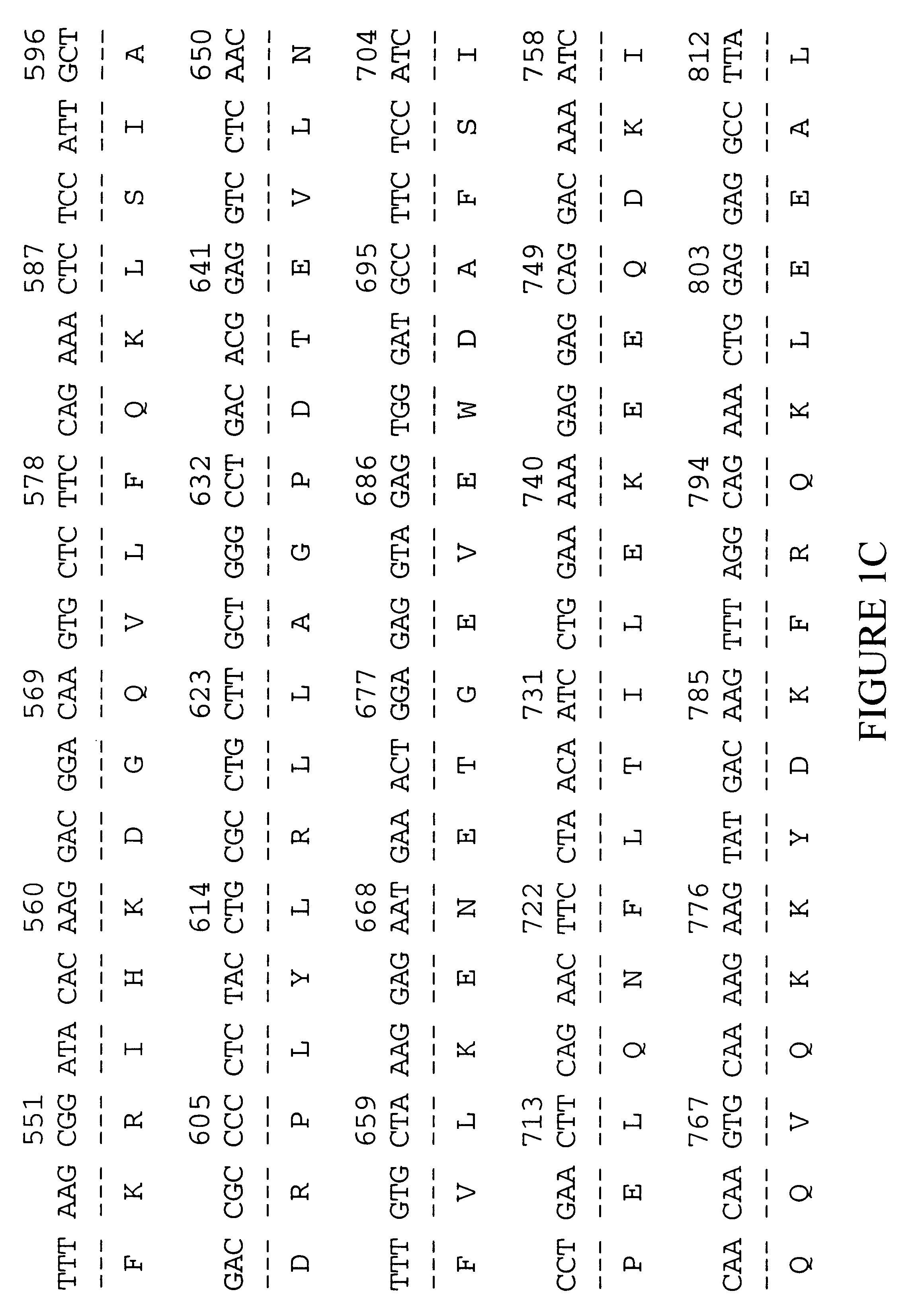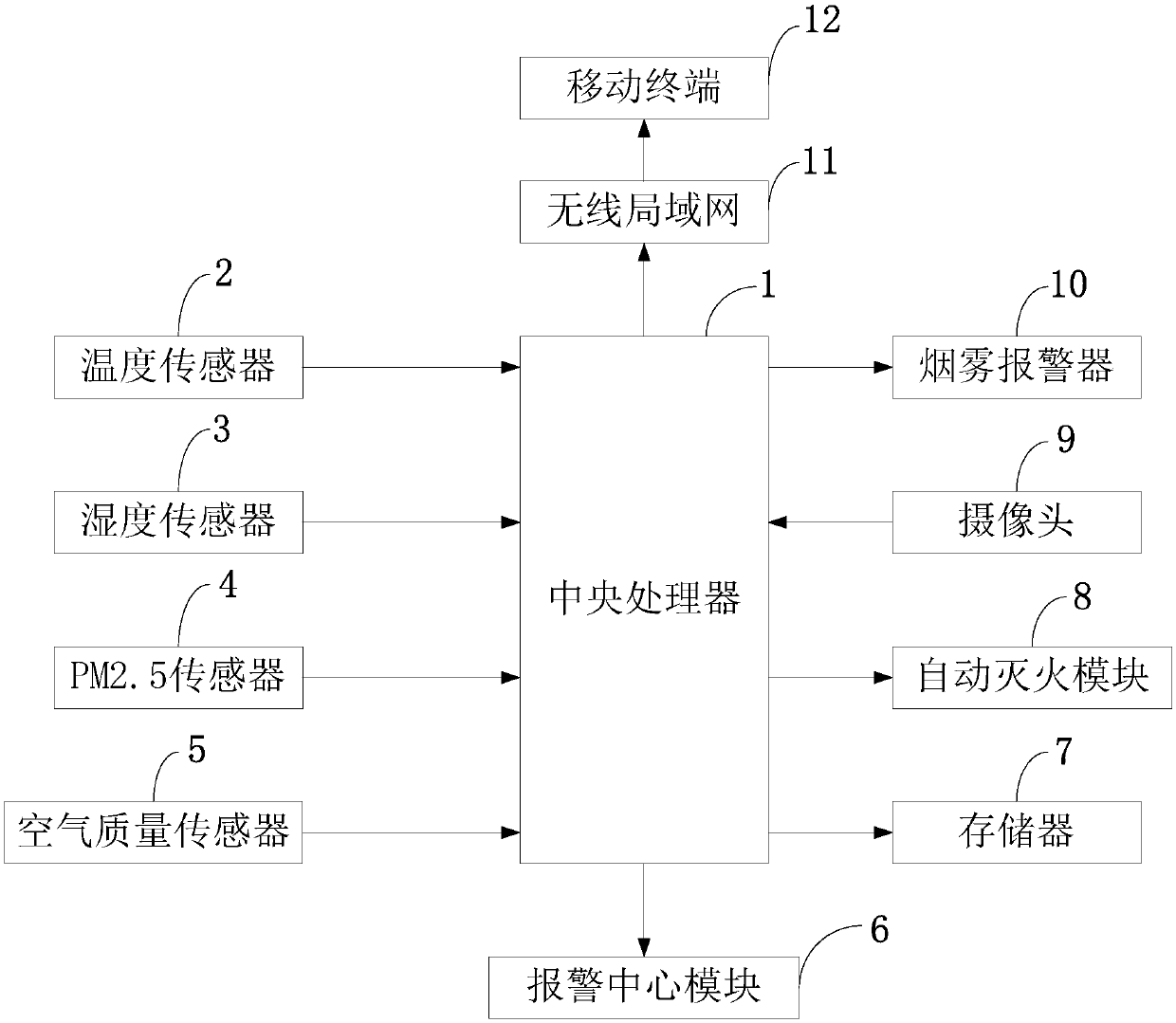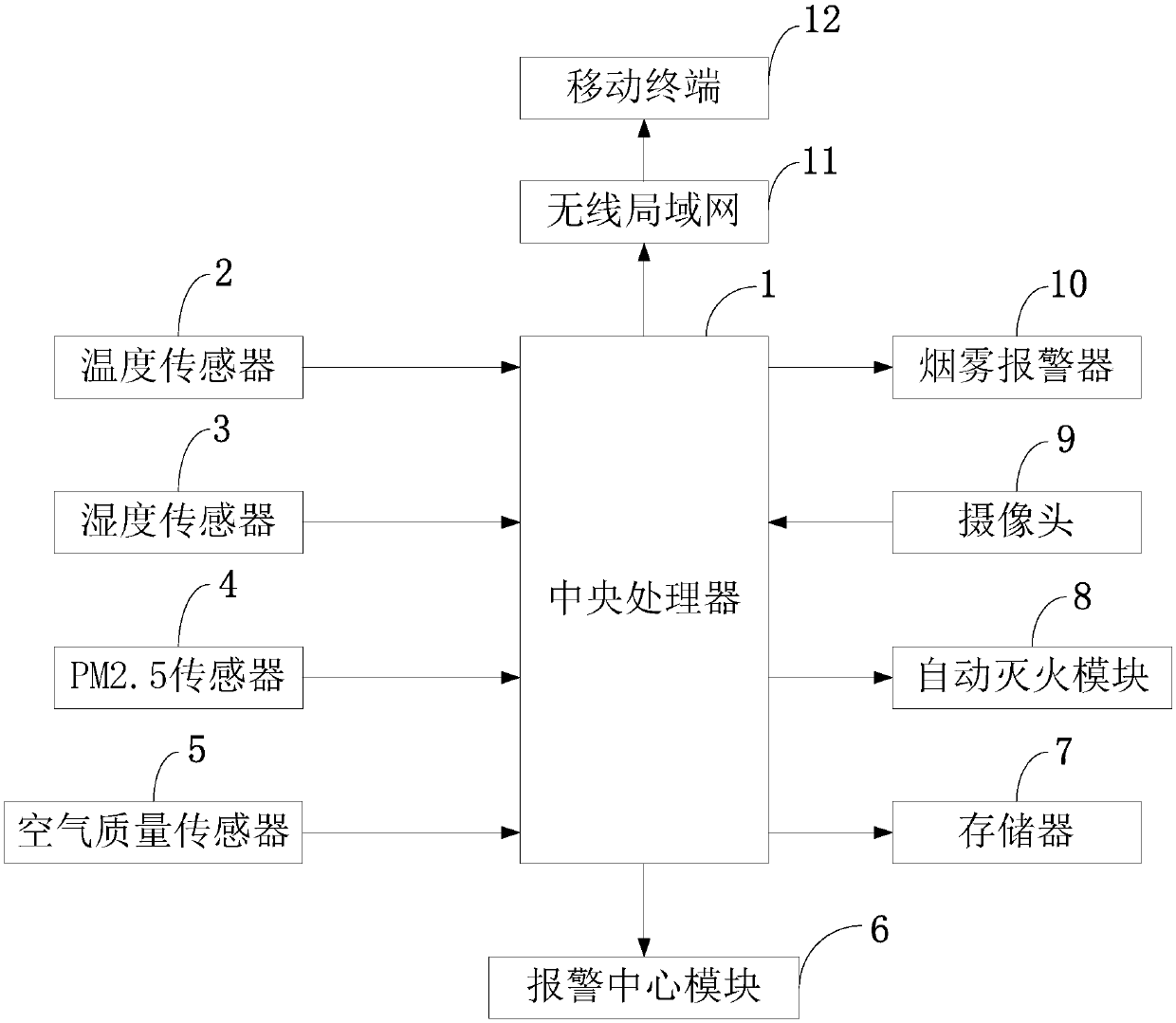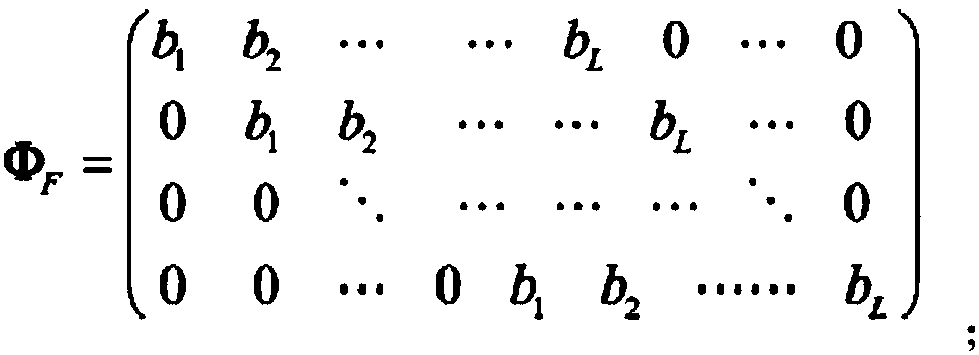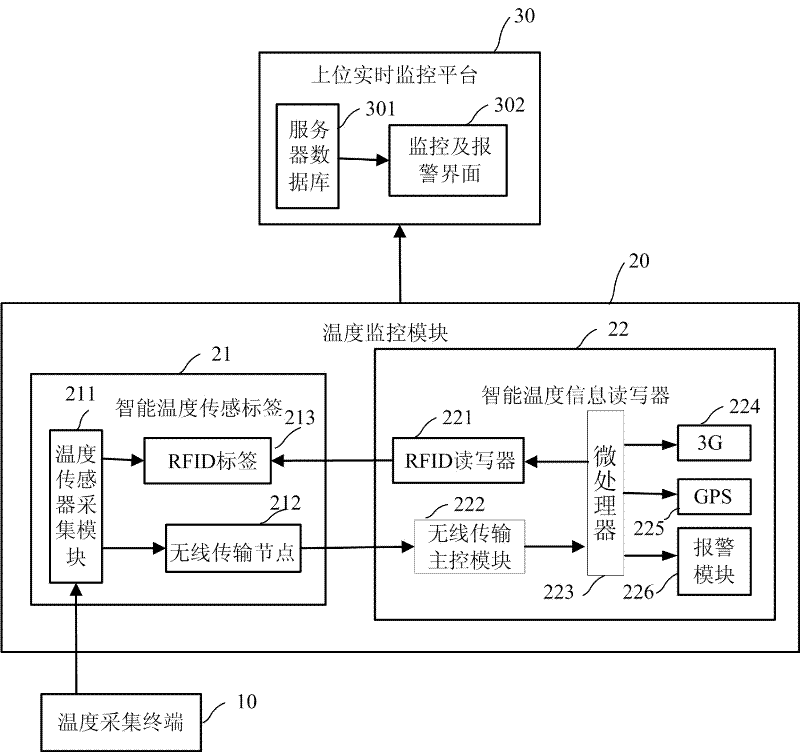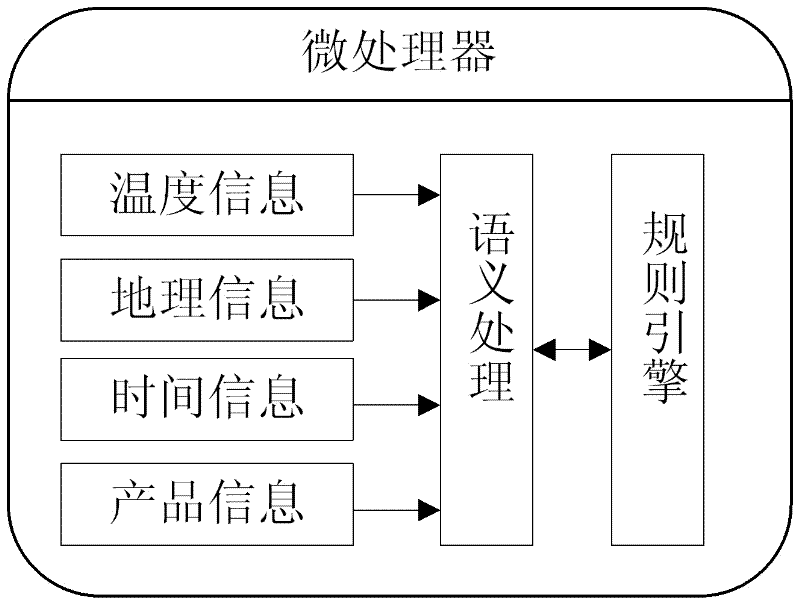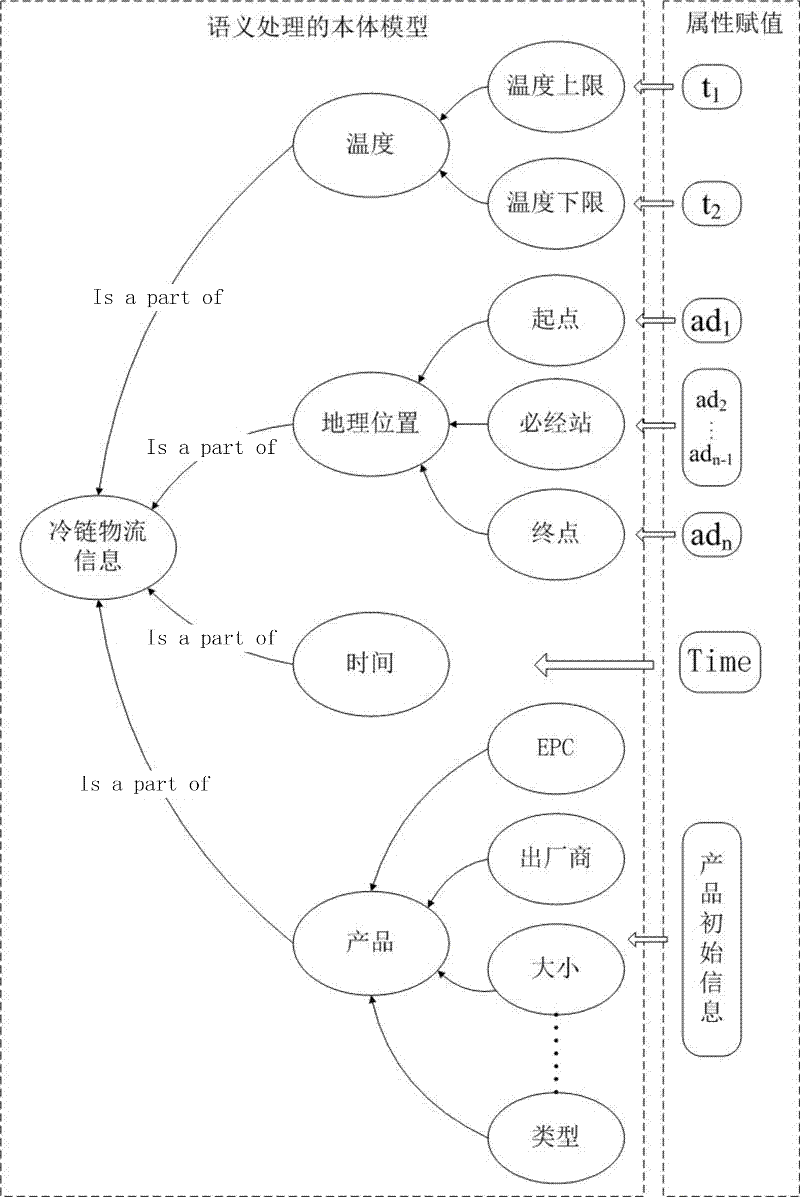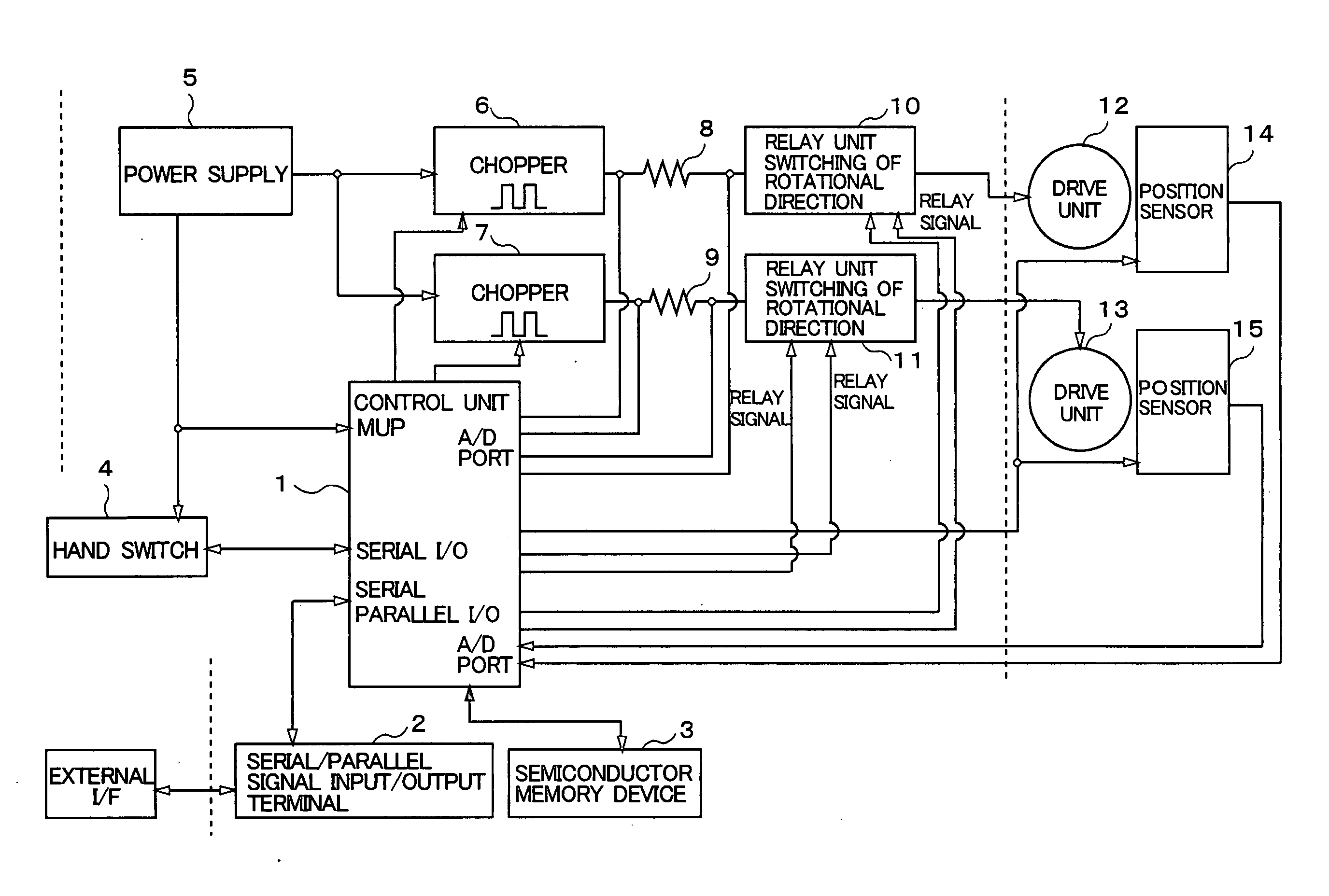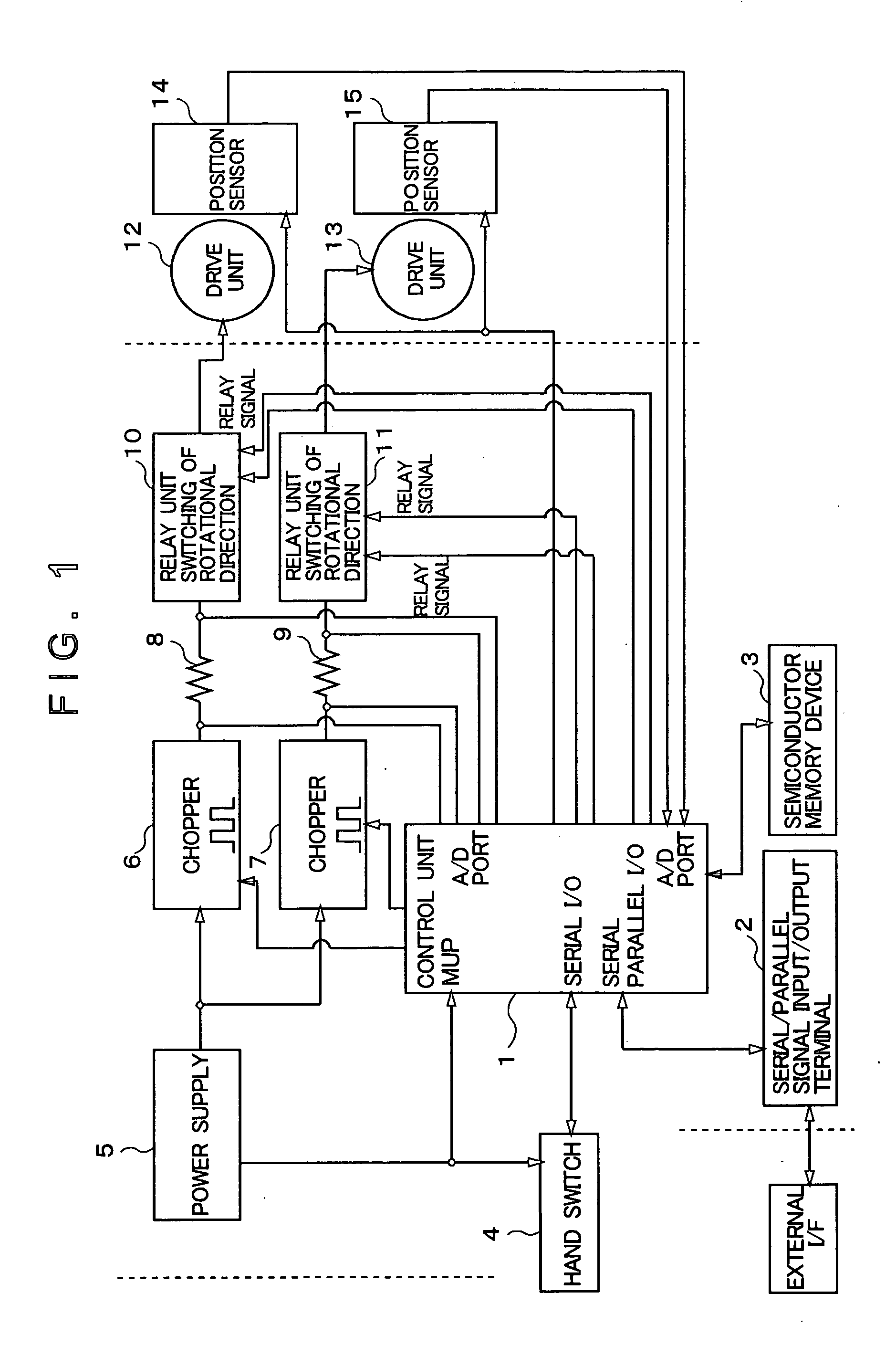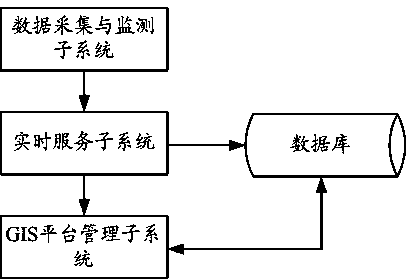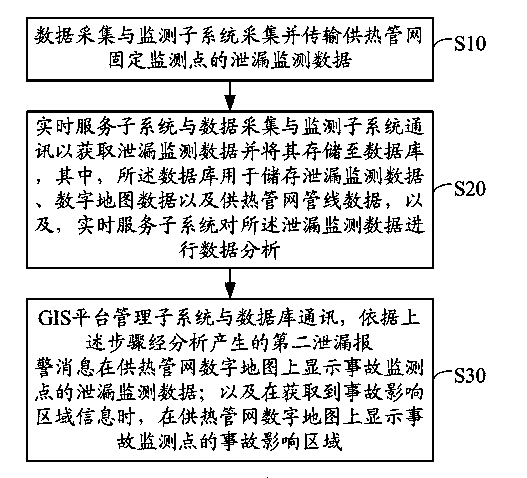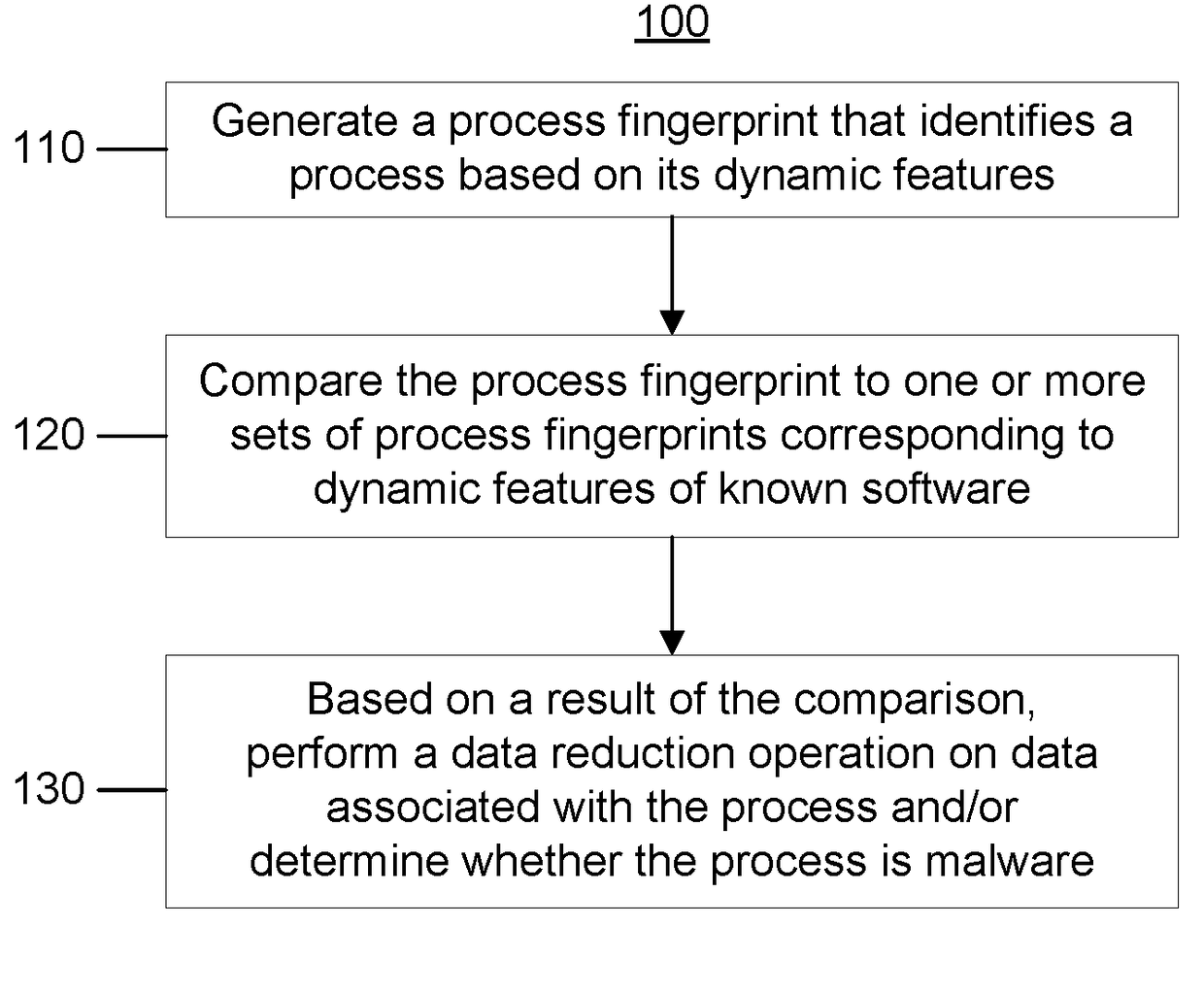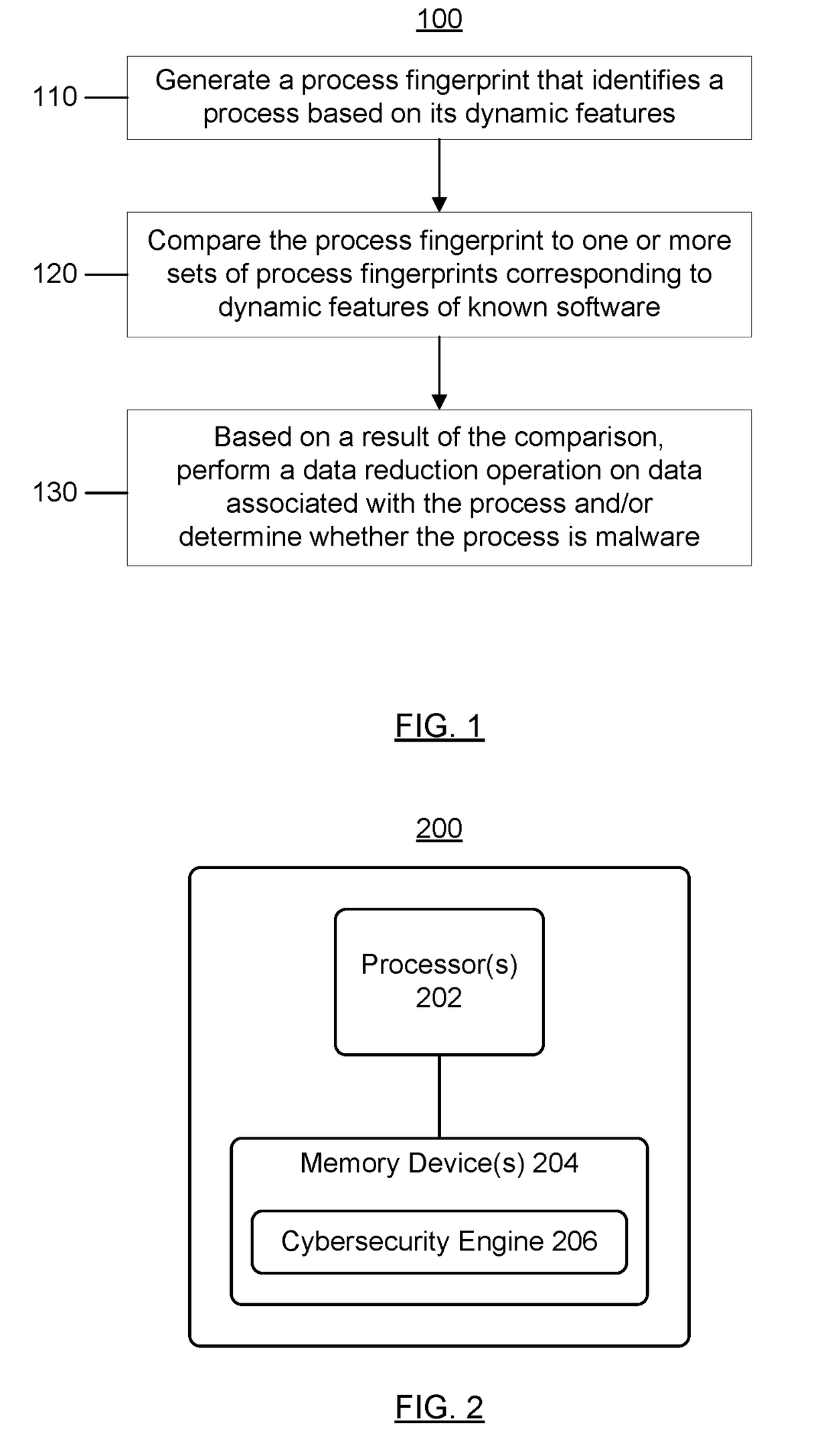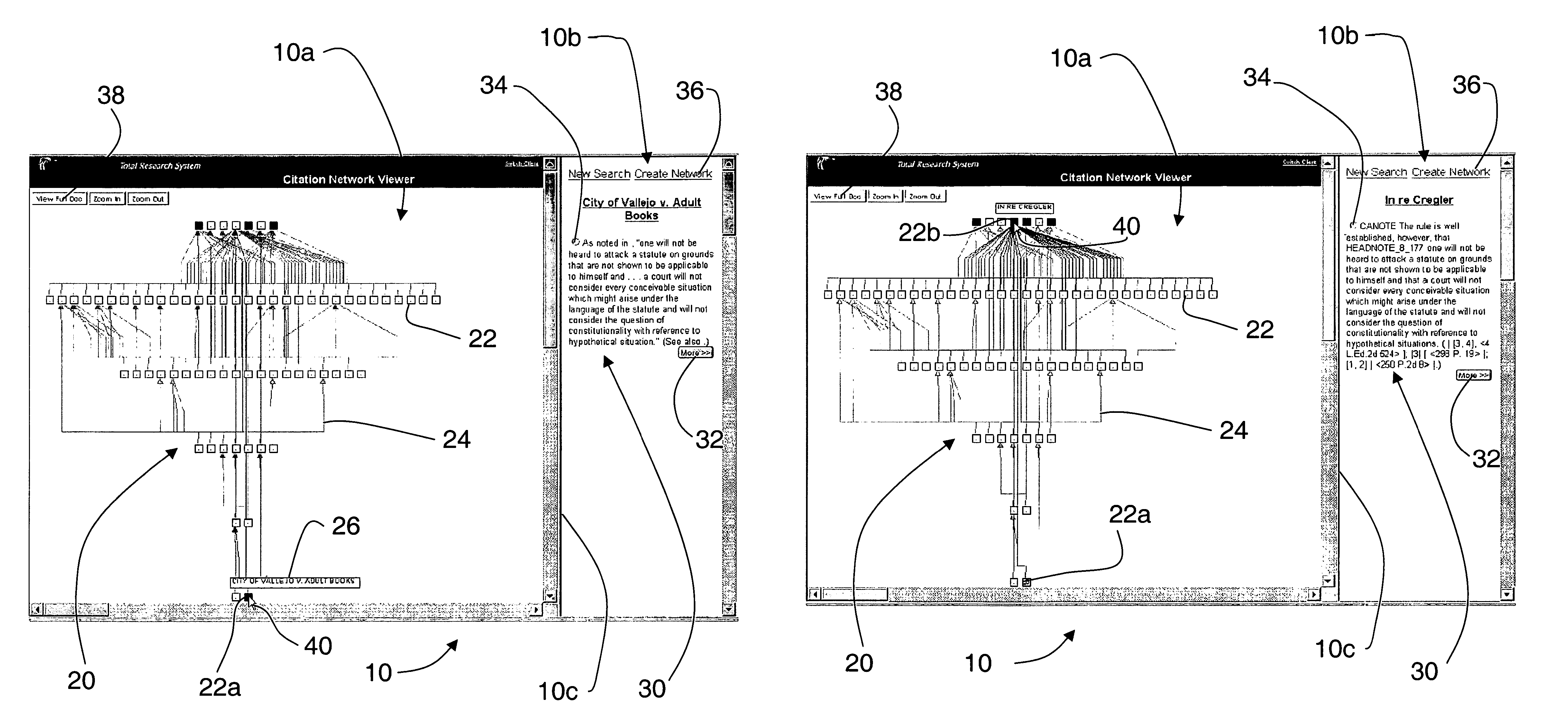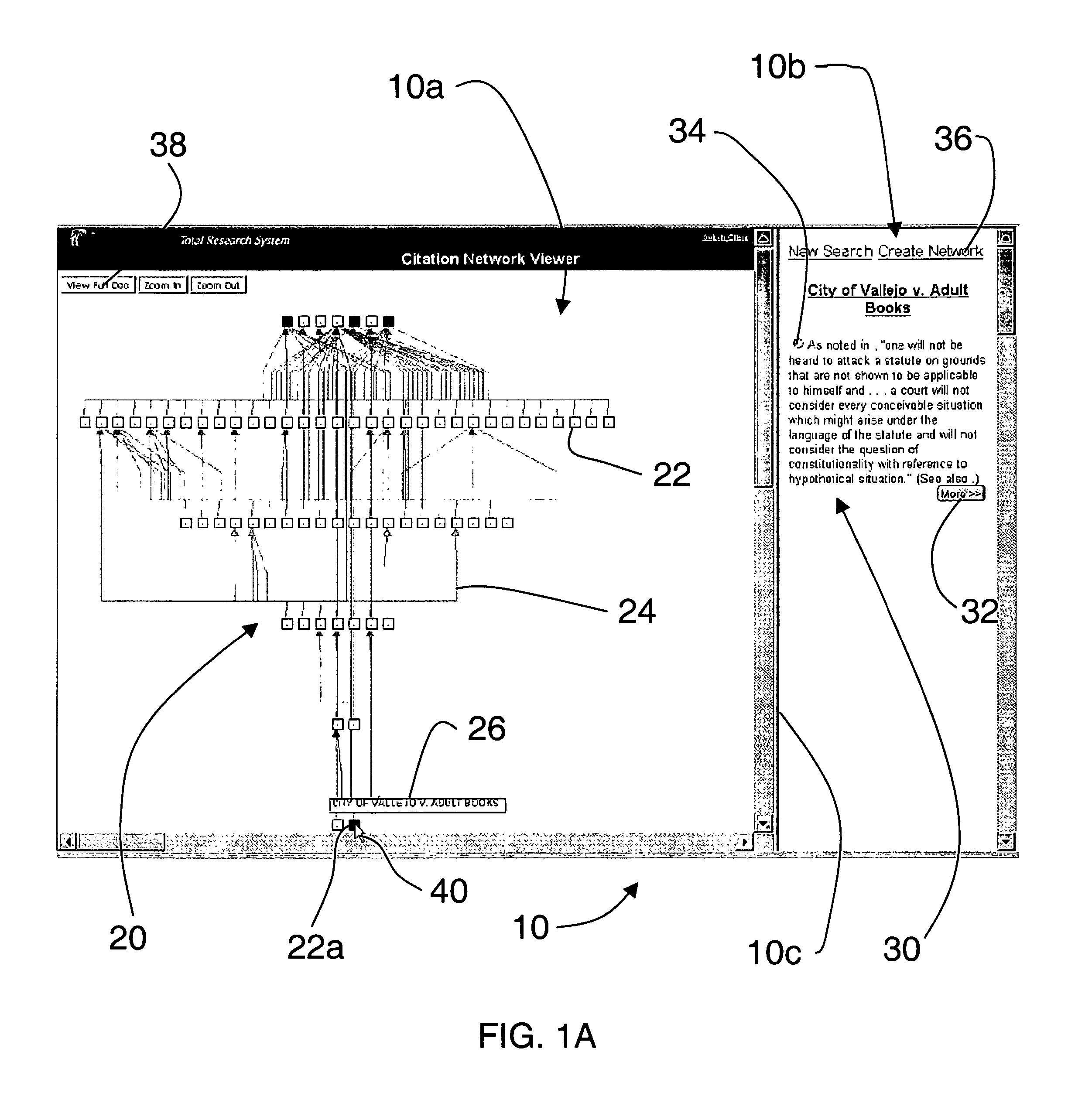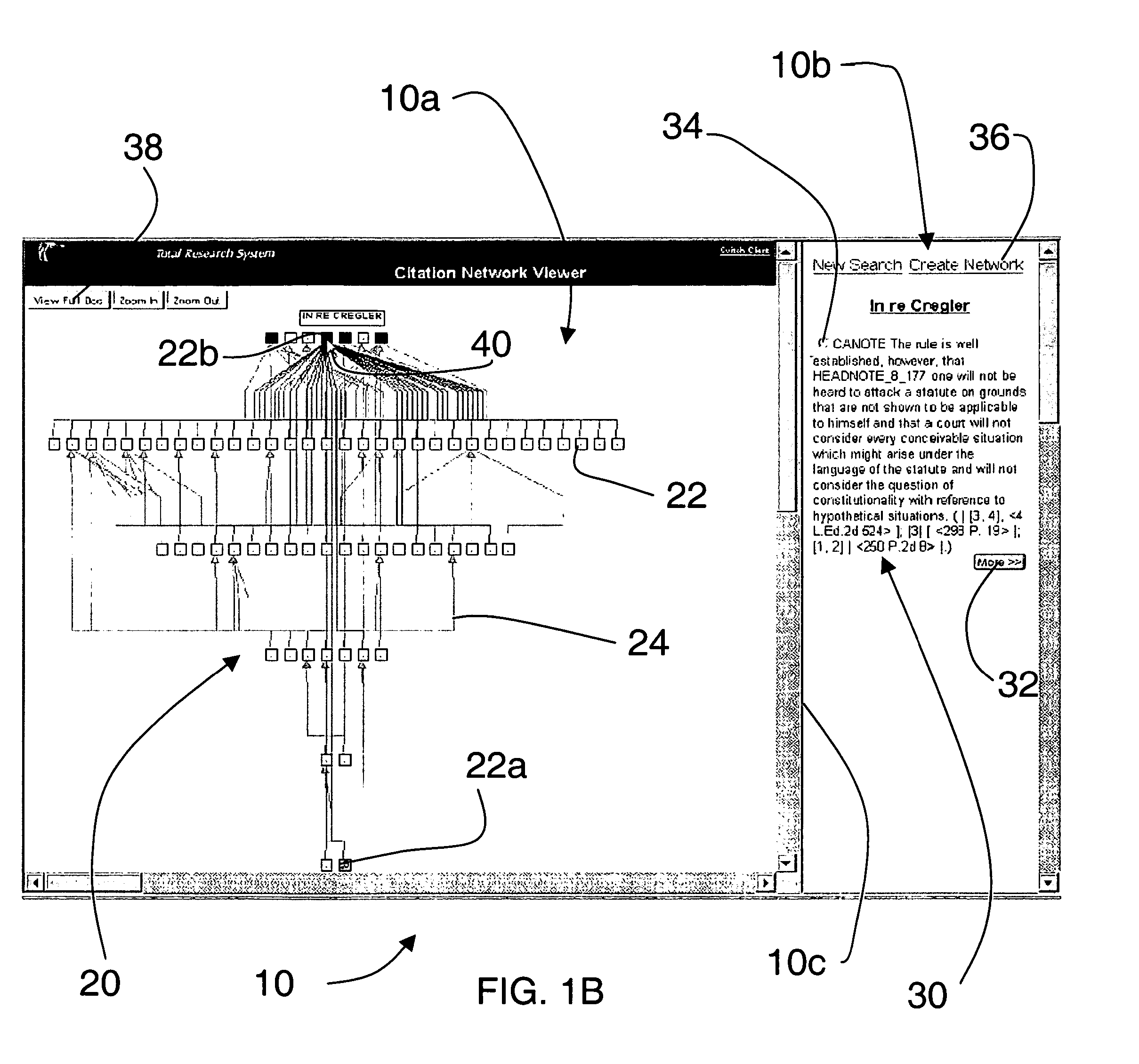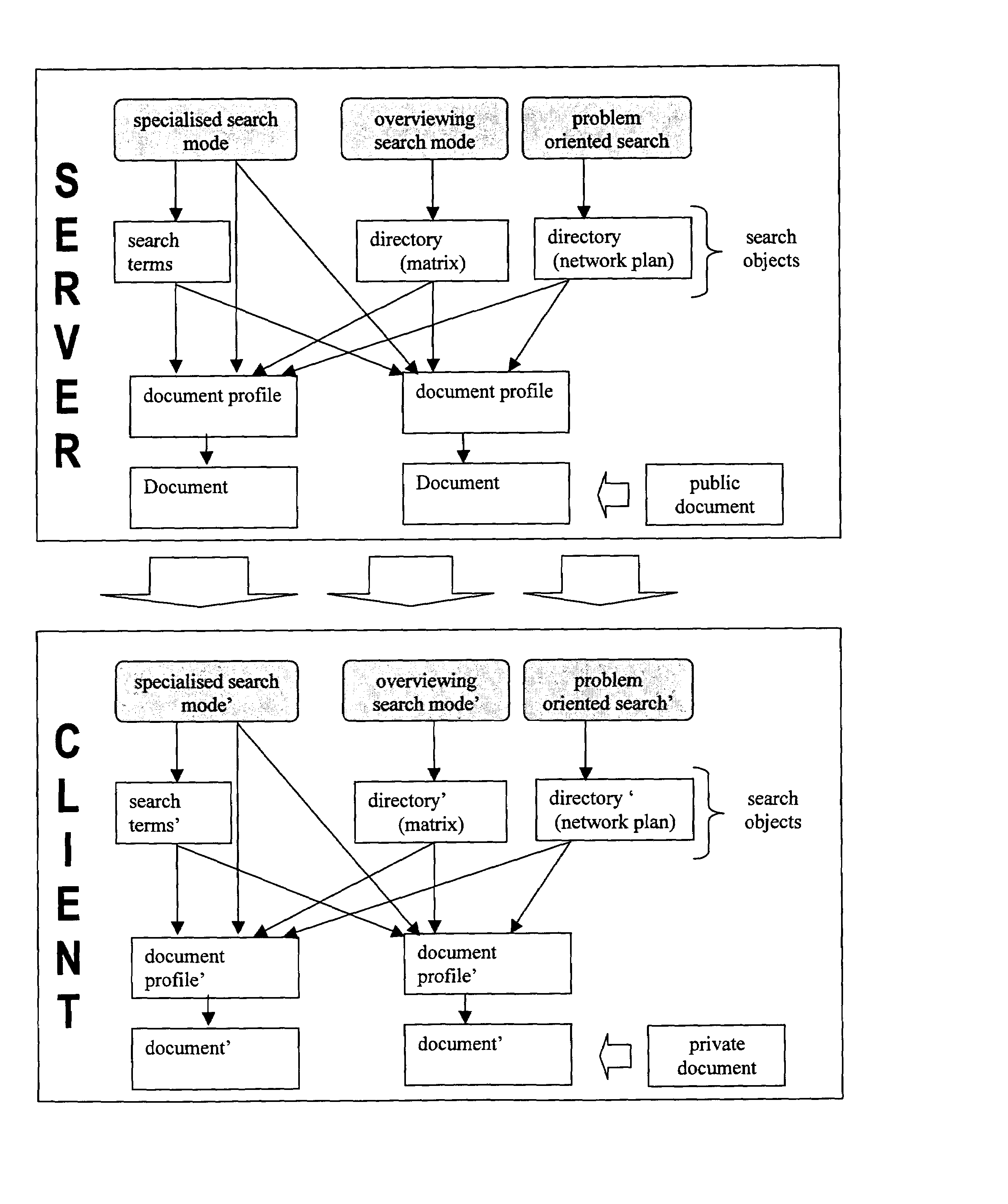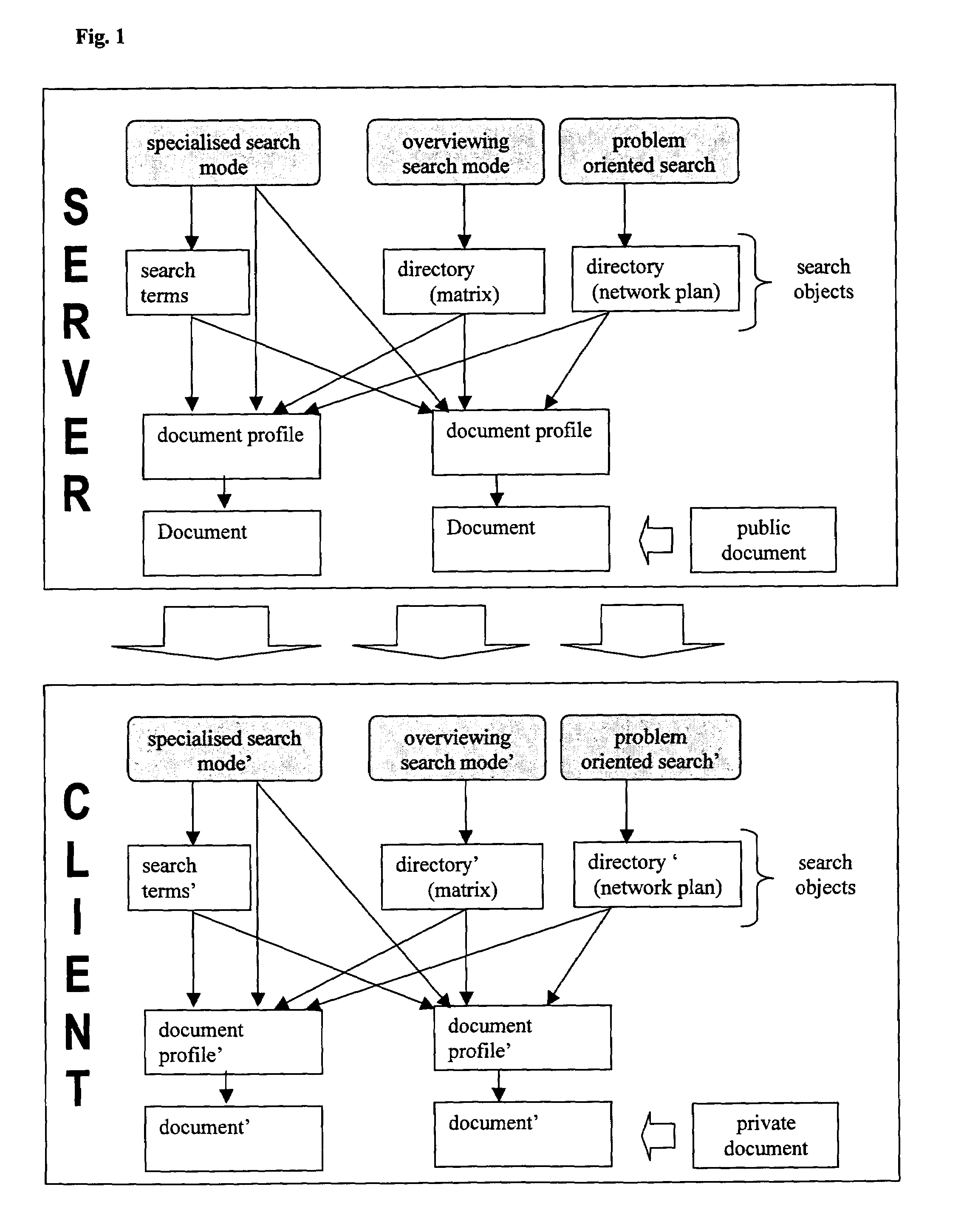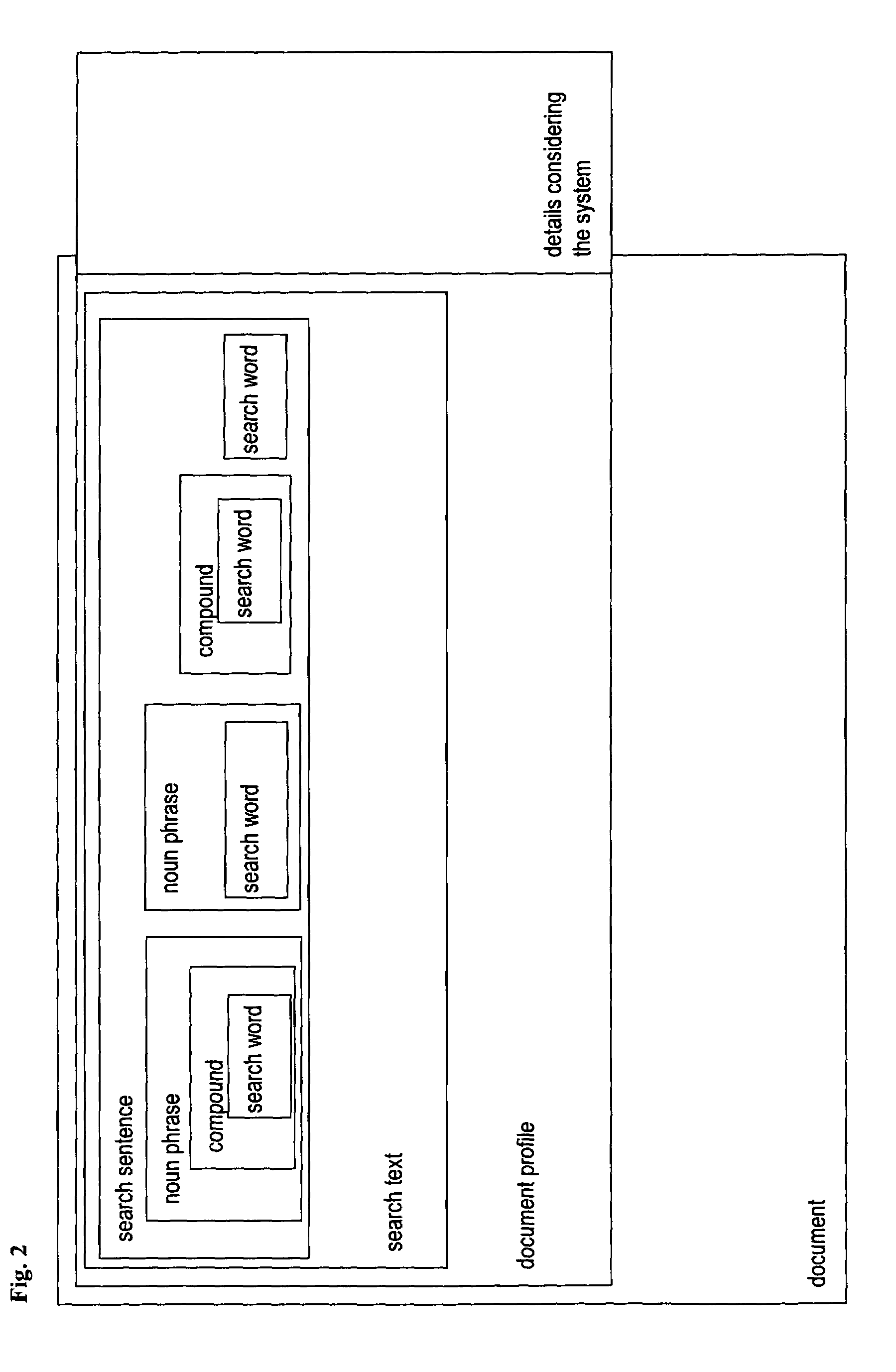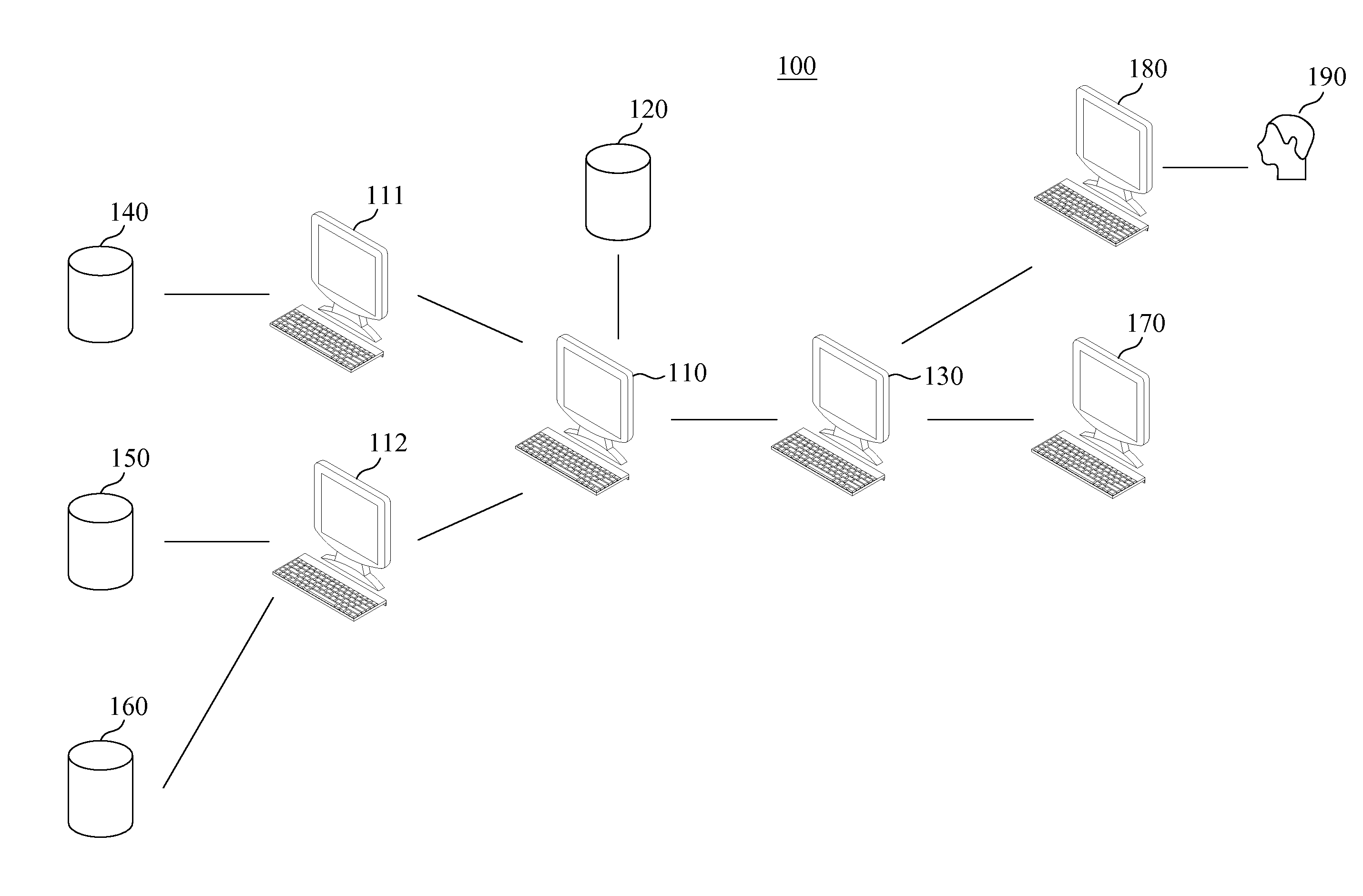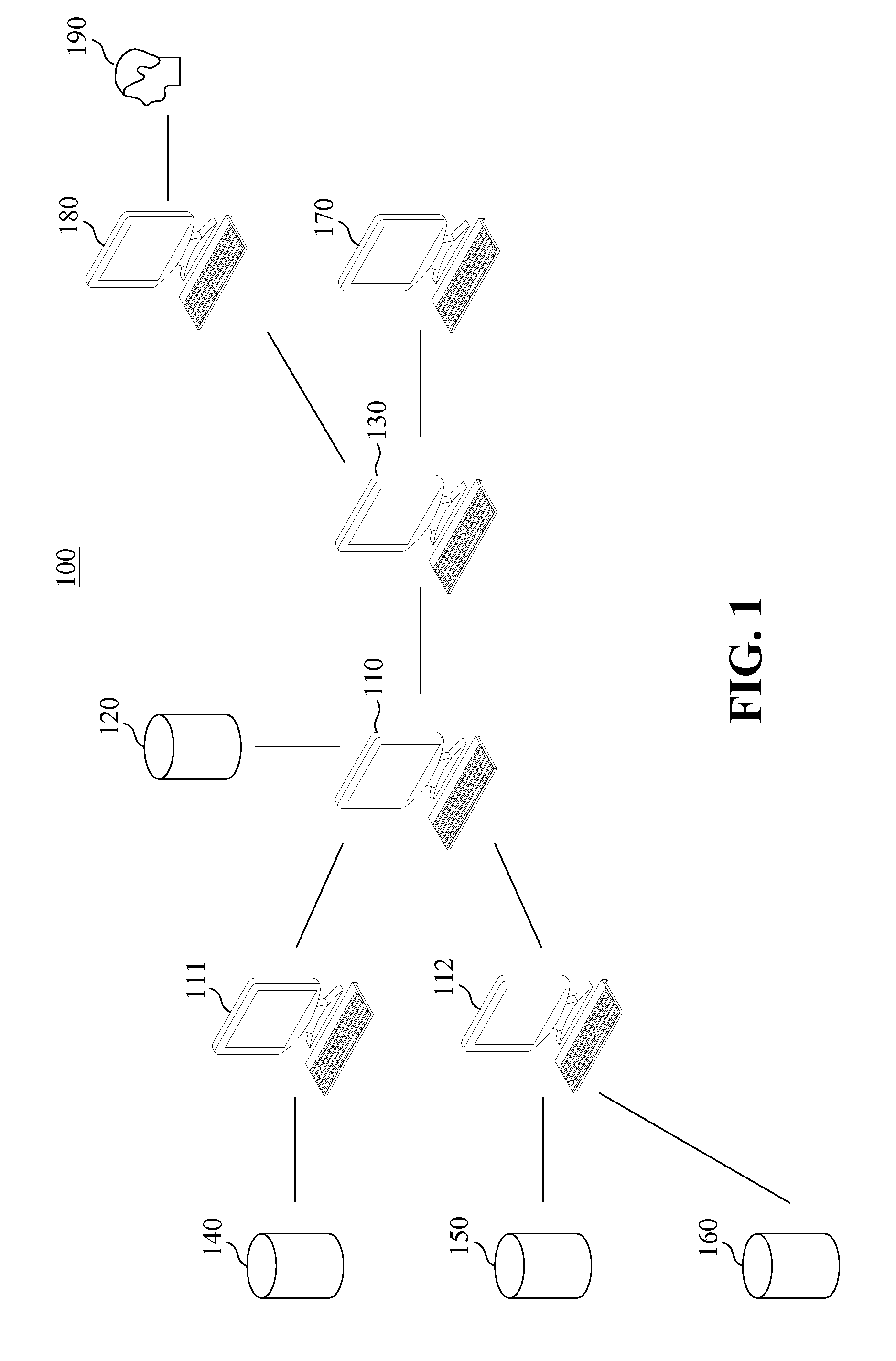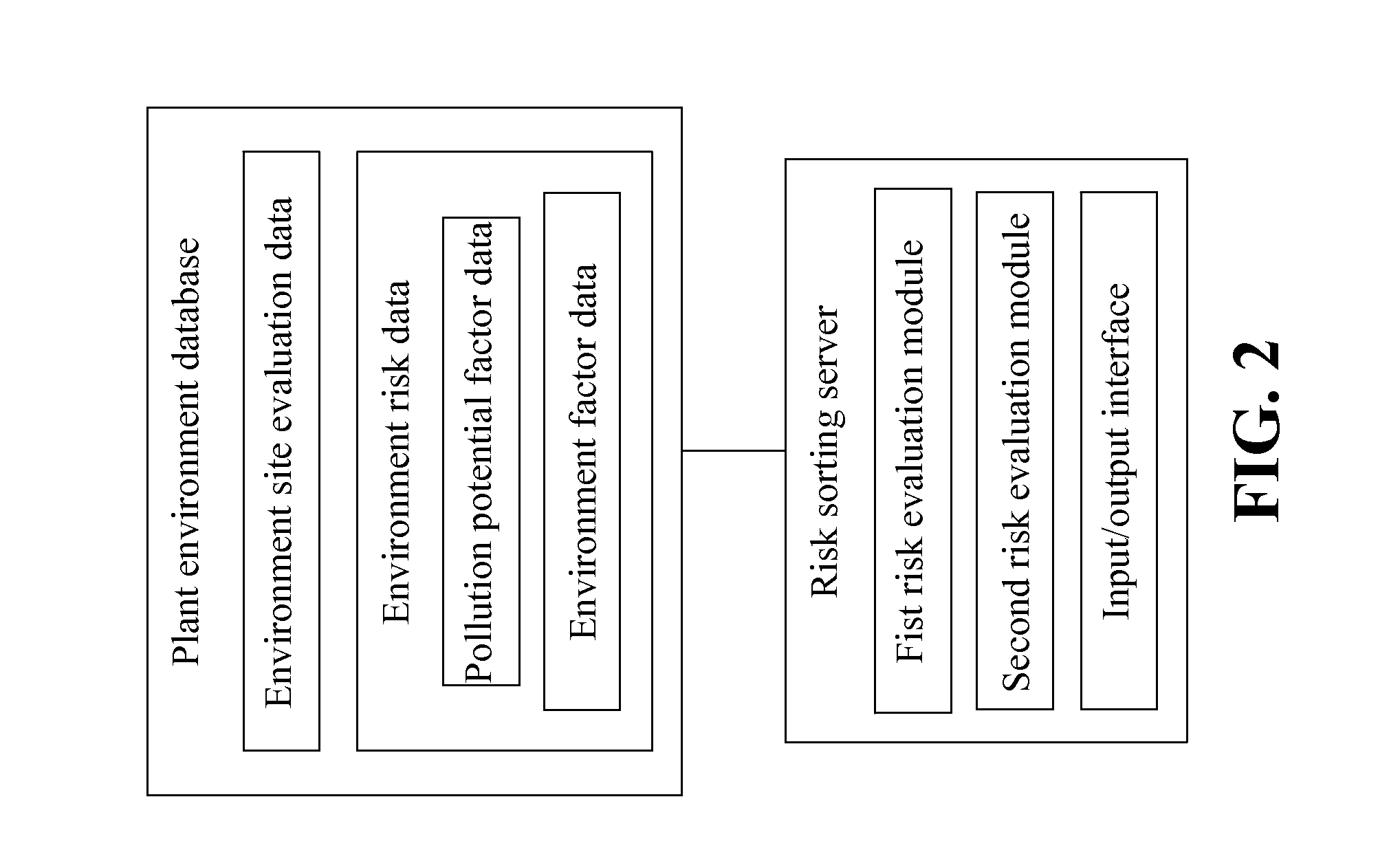Patents
Literature
Hiro is an intelligent assistant for R&D personnel, combined with Patent DNA, to facilitate innovative research.
216results about How to "Convenient investigation" patented technology
Efficacy Topic
Property
Owner
Technical Advancement
Application Domain
Technology Topic
Technology Field Word
Patent Country/Region
Patent Type
Patent Status
Application Year
Inventor
Incident recording information transfer device
InactiveUS20050259151A1Convenient investigationMaintain integrityRegistering/indicating working of vehiclesAnti-theft devicesTransceiverDisplay device
A novel device for remote information download and transfer for downloading a secure, permanent record of criminal activity and / or accident evidence relating to a vehicle for evidentiary purposes which may be directly transferred to an information center and / or the authorities through a transmission link which is preferably a satellite up / link-down / link or saved directly onto the downloading device. The remote downloading device may be activated automatically or upon a trigger signal and comprises an interface, an information capturing storage device, a video monitor display and preferably a transceiver. The interface communicates with an information storage device, downloads the information saved therein and transmits it to the capture storage device, transceiver or both. The information may be displayed on the visual display monitor or transmitted via the transceiver to an off site location.
Owner:HAMILTON JEFFREY A +1
Incident recording secure database
InactiveUS6950013B2Convenient investigationEasy retrievalRegistering/indicating working of vehiclesAnti-theft devicesTransceiverDisplay device
A device and method for permanently and securely storing incident information, relating to a vehicle, from remote download to create a secure non-tamperable, permanent database of criminal activity and / or accident evidence for evidentiary purposes. The information may be directly transferred to an information center and / or the authorities through a transmission link, which is preferably a satellite up / link-down / link or saved directly onto the downloading device for transfer to the secure device. The remote downloading device may be activated automatically or upon a trigger signal and comprises an interface, an information capturing storage device, a video monitor display and preferably a transceiver. The interface communicates with an information storage device, downloads the information saved therein and transmits it to the capture storage device, transceiver or both. The received information is reproduced, integrated into an indexed database and transferred to the secure device as part of a secure, indexed database for non-tamperable permanent storage as evidence.
Owner:EVICAM INT
Debugging support apparatus, a parallel execution information generation device, a computer-readable recording medium storing a debugging support program, and a computer-readable recording medium storing a parallel execution information generation program
InactiveUS6286132B1Efficient executionEasy to detectHardware monitoringSoftware testing/debuggingParallel computingExecution unit
A debugging support apparatus for a processor that executes a plurality of instructions in parallel displays lines of source code statements in a user program that are executed in parallel. Code execution unit 15 executes the program. When execution of the program is interrupted at a breakpoint set in advance at a line of a source code statement, user interface unit 11 searches parallel execution information storage unit 5 for lines to be executed in parallel with the line set the breakpoint, and displays a source code statement of the line set the breakpoint and source code statements of the lines to be executed in parallel. As a result, a user is able to visually recognize which lines of source code statements are executed in parallel.
Owner:SOCIONEXT INC
Method and apparatus for geometric variations to integrate parametric computer aided design with tolerance analyses and optimization
InactiveUS6963824B1Convenient investigationReadily apparentPosition fixationComputation using non-denominational number representationGraphicsComputer Aided Design
The objective of the invention is a bi-level method for modeling geometric tolerances compatible with the ANSI / ASME tolerance standard. At the local level, the model represents each tolerance-zone for a plane or an axis (line) as a tolerance map, and it includes the computational techniques that relate interdependencies between these regions and subregions within them. The model includes formulations for variations in size, form, orientation, position, and runout, and combinations of these, because all of these variations can be modeled using points, lines, and planes. Since variations in simple profiles that are formed from lines and circular arcs also can be described by such combinations, they too are includable in the formulation. The primary method is to overlay the geometry of tolerance-zones onto some traditional modes for representing planes, lines, and points. At the global level, the model inter-relates all frames of reference on a part or an assembly.
Owner:THE ARIZONA BOARD OF REGENTS ON BEHALF OF THE UNIV OF ARIZONA
Operation control apparatus for electric bed
ActiveUS7174586B2Easily grasp operational historyConvenient investigationVehicle seatsProgramme controlEngineeringSemiconductor
Owner:PARAMOUNT BED CO LTD
Citation network viewer and method
ActiveUS20070239706A1Shorten the timeConvenient investigationDigital data information retrievalSpecial data processing applicationsNetwork generationSemantics
A visualization-based interactive legal research tool that generates from a multi-dimensional citation network a semantics-constrained citation sub-network that focuses on one individual issue in which a user is interested, and puts the sub-network on an interactive user interface (“UI”), which allows the researcher to browse, navigate, and jump over to start new sub-networks on different issues that are relevant to original issues.
Owner:RELX INC
Pipeline mapping and interrupter therefor
InactiveUS6954071B2Convenient investigationEasy to identifyWeather/light/corrosion resistanceElectronic circuit testingElectrolysisEngineering
Cathodic protection voltages are used to resist the damage to pipes or cables from electrolytic effects. However, localized fields can lead to stray currents and may result in corrosion and it is therefore desirable to detect and analyse those stray currents. Frequently there are several pipes in the area of interest and so it is necessary to distinguish between those pipes. Therefore the cathodic voltage on the pipes is modulated, with different pipes having different modulations. This modulation may be applied using an interrupter. Orthogonal modulations with non-unitary aspect ratios improve the discrimination between the pipes while maximizing the energy content of the modulation pattern. The analysis is improved when the interrupters are synchronized with each other and so repeating on the same time-base. This synchronization may be achieved using an external time signal such as GPS. An interrupter which can be used in this regard is also proposed, and may be powered from the cathodic voltage itself.
Owner:RADIODETECTION
Locking nail and stereotaxic apparatus therefor
InactiveUS20050080335A1Convenient investigationImprove accuracyInternal osteosythesisDiagnostic recording/measuringEngineeringBone screws
A stereotaxic apparatus for a locking nail which has two oscillating circuits which are disposed along the longitudinal direction of the locking nail. The apparatus has a guide sleeve to place a drill and / or bone screw which, when the stereotaxic apparatus is in an oriented condition, points to a cross-bore in the locking nail. The guide sleeve has three or more oscillating circuits arranged in a first plane that are equidistant each from a first center located in the plane; three or more oscillating circuits are arranged in a second plane extending in parallel with said first plane that are equidistant each from a second center located in said second plane. The first and second planes are arranged towards each other such that a face normal to one of said planes extends through the first and second centers. A pair of oscillating circuits are arranged at a distance from a straight line extending through the centers and the interconnecting straight line of which, in the aligned condition with the locking nail, is substantially perpendicular to the longitudinal direction of the locking nail.
Owner:STRYKER EURO OPERATIONS HLDG LLC
Banknote serial number processing method and its device
InactiveUS7419088B2Convenient investigationThe process is simple and accurateComplete banking machinesFinanceThird partyDigital data
Owner:ZHAO RUI +1
Method and apparatus for automated assistance in configuring customer premises equipment
InactiveUS7392301B1Eliminate leastReduce leastError preventionTransmission systemsClient-sideCustomer-premises equipment
In one aspect of the invention, a method of providing automated assistance in configuring customer premises equipment for communication with another network element includes automatically identifying a virtual channel and / or a protocol valid for configuration with the customer premises equipment, and assisting a user in configuring the customer premises equipment for use with the identified virtual channel and / or protocol.
Owner:SAGEMCOM BROADBAND
Microfluidic devices and methods facilitating high-throughput, on-chip detection and separation techniques
InactiveUS7744762B2Convenient investigationFacilitating analyte detectionIon-exchange process apparatusSamplingAnalyteSeparation technology
The present invention provides a microfluidic device and method for facilitating on-chip complex sample processing and detection. In general, the device comprises at least a separation channel of a separation system, an interface, and an array of microreservoirs disposed within the same chip. The interface is configured to orthogonally transfer separated components from the separation channel into the array of microreservoirs, enabling direct analyte detection from the chip and high-throughput analysis.
Owner:VIRGINIA TECH INTPROP INC
Methods, systems and computer-readable media for facilitating forensic investigations of online activities
InactiveUS20090172033A1Convenient investigationWebsite content managementSpecial data processing applicationsProgram codeUser device
Methods, systems and computer-readable media containing program code for facilitating forensic investigations of online activities such as online transactions. One method for facilitating an investigation comprises: receiving a logical identifier and temporal information; consulting a database to obtain evidentiary information regarding end-user equipment to which was assigned the logical identifier at a time specified by the temporal information; and using the evidentiary information to transmit a message, which can be used by a party conducting the investigation, for instance, to detect or establish that the transaction is fraudulent or illegal.
Owner:BCE
Scoring Tool for Research Surveys Deployed in a Mobile Environment
InactiveUS20150324811A1Improve efficiencyIncrease the number ofBroadcast service distributionNetwork data managementMobile deviceData science
A method for determining a score for a research survey to be deployed in a mobile environment is disclosed. The method includes receiving survey data descriptive of a survey to be distributed to a plurality of respondents, and analyzing the survey data to identify one or more attributes of the survey. The method includes generating a survey score for the survey based on the one or more attributes of the survey. The survey score is representative of a suitability of the survey for presentation at a mobile device. The method may include determining distribution information for the survey based at least in part on the survey score. The distribution information identifies a set of respondents of the plurality of respondents to receive the survey.
Owner:RES NOW GRP
Optical transceiver with function for monitoring operating and ambient conditions
InactiveUS20060269283A1Convenient investigationTransmission monitoringElectromagnetic transmittersTransceiverEngineering
The present invention is to provide an optical transceiver with a function to investigate a cause of a trouble in facilitated. The transceiver of the invention includes various monitoring unit that monitors parameters of operating and ambient conditions, a first memory that stores at least one of the maximum and the minimum of each monitored parameter, and a comparator unit that compares the monitored parameter with at least one of the maximum and minimum value stored in the first memory and rewrites the first memory. This comparator unit rewrites the first memory when the monitored parameter is greater than the maximum value in the memory or the monitored parameter is smaller than the minimum value in the memory.
Owner:SUMITOMO ELECTRIC IND LTD
Traffic management system and method
InactiveCN102147974AGet driving statusImplement queryControlling traffic signalsTraffic signalEngineering
The invention discloses traffic management system and method, wherein the traffic management system comprises at least one receiver, at least one annunciator and a processing system, wherein the receivers are used for receiving vehicle information from a nearby electronic license plate and reporting the received vehicle information; the annunciators are used for receiving the vehicle information reported by the receivers, inducing the reported vehicle information and sending inducing results, wherein the inducing results are used for indicating the driving conditions of vehicles carried with electronic license plates; and the processing system is used for receiving the inducing results sent by the annunciators, generating traffic management commands according to the inducing results and sending the traffic management commands to the annunciator. The traffic management system and method disclosed by the invention can be used for accurately acquiring the driving conditions of the vehicles on roads, thereby contributing to the reasonable optimization of traffic signal control; and the invention can realize the search of passing places of specific vehicles, thereby being convenient for tracking and survey.
Owner:李丽
High speed train rescue conversion device
ActiveCN102975738AReduce Lateral ImpulseImprove braking effectRailway hydrostatic brakesRailway hydrodynamic brakesBogieRelay valve
A high speed train rescue conversion device comprises an electronic control unit, an electric pneumatic conversion valve, a relay valve, a discharge valve and an emergency electromagnetic valve. The electronic control unit collects train pipe pressure and outputs current signals used for braking, and the electric pneumatic conversion valve converts the received current signals into corresponding precontrol pressure signals and transmits the precontrol pressure signals to a braking pressure input port of the relay valve. Flow amplification of the precontrol pressure signals is carried out by the relay valve, and then the precontrol pressure signals are respectively input into an upper cavity and a lower cavity of the discharge valve. The lower cavity of the discharge valve is connected with a train pipe after blocked and cocked, and the upper cavity of the discharge valve is connected with the emergency electromagnetic valve. A supply pressure input port of the electric pneumatic conversion valve and a supply pressure input port of the relay valve are respectively connected with a pressure supply output port of a main air reservoir (MR). Air valves and the electronic control unit are combined into a whole, synchronization pressure reduction braking of a train with the high speed train rescue conversion device and other trains is achieved, and purposes that device integration and braking sensitivity are promoted, horizontal impulses of the train are reduced, bogie equipment is protected, and braking effect of the train is promoted are achieved.
Owner:NANJING CRRC PUZHEN HAITAI BRAKE EQUIP CO LTD
Diagnosis of (a risk of ) disease and monitoring of therapy
InactiveUS20070077578A1Improve reliabilityHigh sensitivitySugar derivativesMicrobiological testing/measurementDisease riskDisease cause
The invention provides a method for typing a sample of an individual suffering from, or at risk of suffering from, a disease and a method for monitoring treatment of an individual suffering from a disease comprising determining whether a sample from the individual comprises an expression product of AC133 in an amount that is indicative for the disease or for the treatment thereof. That amount is preferably quantified and compared with a reference value. In one aspect, the amount is compared with an amount of the expression product present in a sample that was obtained from the individual before treatment. Use of a nucleic acid molecule comprising at least part of a sequence of AC133, or an analogue thereof, for monitoring a treatment of an individual suffering from a disease is also provided, as well as a diagnostic kit comprising such nucleic acid molecule.
Owner:PRIMAGEN HLDG BV +1
Dual forward scattering method for modeling multipath propagation
InactiveUS7161529B1Accurate calculationReducing modeled domainRadio wave reradiation/reflectionForward scatterClassical mechanics
Analysis of electromagnetic (or acoustic) multipath propagation inventively focuses upon the transmitter-to-target propagation (transmitted propagation reaching target via both direct pathway and forward scattered pathway) and the target-to-receiver propagation (re-transmitted propagation reaching receiver via both direct pathway and forward scattered pathway). Transmitter-to-target propagation is calculated using conventional multipath modeling technique. The target's overall scattered field is calculated using the calculated transmitter-to-target propagation in conjunction with qualitative electromagnetic / acoustic target information. Target-to-receiver propagation is calculated using conventional multipath modeling technique and / or the reciprocity principle as applied to the calculated transmitter-to-target propagation. Jointly disclosed (practicable therewith or thereapart) is inventive confinement of the assessment of multipath propagation to a “surface interactive region” (“SIR”), intermediate the target and transmitter and / or the target and receiver. The down range time of the propagation, translatable to range distance, is related to error associated with such restriction. A SIR scope is selected commensurately with acceptable error.
Owner:THE UNITED STATES OF AMERICA AS REPRESENTED BY THE SECRETARY OF THE NAVY
Characterizing a glatiramer acetate related drug product
InactiveUS20140193827A1Safe and effectiveReduce recurrenceMicrobiological testing/measurementBiological testingCombinatorial chemistryDrug product
The present invention provides a process for characterizing a glatiramer acetate related drug substance or drug product comprising the steps of:a) obtaining a batch of the glatiramer acetate related drug substance or drug product;b) immunizing a mammal with a predetermined amount of a glatiramer acetate related drug substance or drug product;c) preparing a culture of cells from the mammal of step b) at a predetermined time after immunization;d) incubating cells from the culture of step c) with a predetermined amount of the glatiramer acetate drug related substance or drug product of step a); ande) determining the level of expression of at least one gene disclosed herein or determining the level of biological activity of the cells of step c) as disclosed herein,thereby characterizing the glatiramer acetate related drug substance or drug product of step a).
Owner:TEVA PHARMA IND LTD
Method for detecting objects
ActiveUS20120293356A1Accurate emissionsFast and accurate analysisRadio wave reradiation/reflectionAcoustic wave reradiationReflected wavesAcoustic wave
In a method for detecting objects, at least one sensor emits a transmitting pulse as a wave, particularly as an acoustic or an electromagnetic wave, which wave is reflected at least partially by objects in the propagation space, and the reflected wave being detected by at least one receiver as a received signal. The received signal of the reflected wave is divided up into segments, and from the individual segments, data are gathered that are drawn upon for the determination of an object hypothesis.
Owner:ROBERT BOSCH GMBH
Ras association domain containing protein
InactiveUS6485910B1Enhanced interactionHigh frequencySugar derivativesPeptide/protein ingredientsAllergyADAMTS Proteins
The invention provides a mammalian cDNA which encodes a mammalian Ras association domain containing protein. It also provides for the use of the cDNA, fragments, complements, and variants thereof and of the encoded protein, portions thereof and antibodies thereto for diagnosis and treatment of cell proliferative and inflammatory disorders, particularly thymus hyperplasia, allergies, asthma, and hypereosinophilia. The invention additionally provides expression vectors and host cells for the production of the protein and a transgenic model system.
Owner:INCYTE
Indoor air monitoring alarming system
InactiveCN107064428AReal-time discoveryConvenient investigationAnalysing gaseous mixturesSensing radiation from gases/flamesAir monitoringLife quality
The invention belongs to the technical field of air monitoring, and discloses an indoor air monitoring alarming system. The indoor air monitoring alarming system is provided with a temperature sensor, a humidity sensor, a PM2.5 sensor and an air quality sensor and is used for monitoring indoor air temperature, air humidity, PM2.5 and other quality parameters of the air in real time; the all-around monitoring of the indoor air quality can be facilitated, and the living quality and living standard of people can be improved; and a storage device is used for storing various index parameters of the air quality processed by a central processor and a processing process for fire alarm information, so that the later investigation on the fire reason can be facilitated. The indoor air monitoring alarming system is also provided with a fire alarming function, so that the fire alarming can be realized, the information can be transmitted to a mobile terminal and a fire station in time, the fire can be discovered in time and alarmed in time, and the property loss of house owners can be maximally reduced.
Owner:鲁馨茗
Body-based food cold chain tracking method and system
InactiveCN102402701ANo damageNo human errorThermometer detailsCo-operative working arrangementsCold chainTime information
The invention provides a body-based food cold chain tracking method and a body-based food cold chain tracking system. The method comprises the following steps of: acquiring the surrounding temperature of a product to obtain temperature information; performing semantic processing on the temperature information; once the temperature exceeds a warning value, writing abnormal temperature information and vehicle position information and time information corresponding to the abnormal temperature information into a radio frequency identification (RFID) tag at the same time of controlling an alarm module to give an alarm; and displaying the temperature information in a curve form by editing, and giving an alarm to a monitoring person when the temperature exceeds the warning line. The semantic processing is body-based semantic processing of the temperature information, namely logicalizing the information containing product temperature, transport time and transport site. According to the method and the system, real-time and accurate monitoring of the whole temperature life cycle during tracking the cold chain process can be realized.
Owner:EAST CHINA UNIV OF SCI & TECH +1
Operation control apparatus for electric bed
ActiveUS20050077859A1Efficient analysisEasy to masterVehicle seatsProgramme controlEngineeringSemiconductor
An MPU sends pieces of information supplied by the input signals from a hand switch to a semiconductor memory device and the memory device stores these pieces of information. These pieces of information are: input points of an operation start signal and an operation end signal to a bottom drive unit; input points of a drive start signal of each bottom and a drive end signal of each bottom or a bottom drive time, information on lift-up or lift-down of each bottom; input points of a drive start signal and a drive end signal to a frame drive unit, information on lift-up or lift-down of a frame; and the type of an operated button of a hand switch. The data about bottoms is stored for both the back bottom and knee bottom.
Owner:PARAMOUNT BED CO LTD
GIS (Geographic Information System)-based heat supply network leak detection system and method thereof
ActiveCN104266085ADiscovered in timeTimely processingPipeline systemsReal time servicesData acquisition
The invention discloses a GIS (Geographic Information System)-based heat supply network leak detection system and a method thereof. The GIS-based heat supply network leak detection system comprises a data collection and monitoring subsystem, a real-time service subsystem, a database and a GIS platform management subsystem. The data collection and monitoring subsystem is used for collecting and transmitting leak monitoring data of fixed monitoring points of a heat supply network. The real-time service subsystem is used for communicating with the data collection and monitoring subsystem to obtain the leak monitoring data and store the leak monitoring data in the database, and analyzing the leak monitoring data. The database is used for storing the leak monitoring data, digital map data and heat supply network pipeline data. The GIS platform management subsystem is used for communicating with the database and displaying the leak monitoring data and the influence area of an accident of an accident monitoring point on a heat supply network digital map according to second leak alarming information. Compared with the prior art, the GIS-based heat supply network leak detection system can timely and accurately find the heat supply network leak accidents, a GIS platform can accurately position the leak accidents and display the accidents on the map, and the leak accident information can be timely supplied to corresponding staff members.
Cybersecurity systems and techniques
ActiveUS20170329968A1Facilitate forensic investigationLower performance requirementsPlatform integrity maintainanceTransmissionMalwareDynamic feature
Cybersecurity systems and techniques are described. A cybersecurity method may include generating a process fingerprint of a process, wherein the process fingerprint identifies the process based, at least in part, on dynamic features of the process. Generating the process fingerprint may include performing a cryptographic hash operation on data representing dynamic features of the process. The method may further include comparing the process fingerprint to a plurality of process fingerprints, and based, at least in part, on a result of the comparison, performing a data reduction operation on data associated with the process and / or determining whether the process is a malware process.
Owner:CARBON BLACK
Citation network viewer and method
ActiveUS7735010B2Convenient investigationShorten the timeDigital data information retrievalSpecial data processing applicationsNetwork generationSemantics
A visualization-based interactive legal research tool that generates from a multi-dimensional citation network a semantics-constrained citation sub-network that focuses on one individual issue in which a user is interested, and puts the sub-network on an interactive user interface (“UI”), which allows the researcher to browse, navigate, and jump over to start new sub-networks on different issues that are relevant to original issues.
Owner:RELX INC
Automatic search method
InactiveUS7080068B2Duplicates and repeated items are avoidedConvenient investigationData processing applicationsDigital data information retrievalData processing systemRelevant information
An automatic search method for documents stored in a data processing system is presented. The method involves preselecting large amounts of data automatically thereby enabling the user to find relevant information easily. The task of comparing search string and document content is assigned to the user who does not need to formulate any query statement but browses the documents by comparing their representatives and choosing the ones which fit the query statement. Search terms comprise representatives of the documents, extracts of the documents, or synonyms of the extracts which function as nodes of the semantic network wherein the edges are set up by various relations between the search objects, as for example, detailing relations, thesaurus relations, and combining relations. Movements along the edges are simulated by retrievals of the data storage resulting in new nodes presented to the user in a viewing device of the system.
Owner:ZAMA INNOVATIONS LLC
Environment risk sorting system
InactiveUS20160042305A1Convenient investigationReduce processing stepsFinanceResourcesRisk classificationSite evaluation
An environment risk sorting system includes a plant environment database for storing pieces of environment risk data; a risk sorting server for updating the environment risk data; a managing server coupled with the risk sorting server, wherein, the risk sorting server executes generating through a first risk evaluation module, based on the environment risk data, a first risk evaluation result for each abandoned plant, which produces an environmental site evaluation list, through which, an environmental site evaluation data of each abandoned plant and a on-spot environmental site evaluation data are obtained, updating through a second risk evaluation module succeeding environment risk data based on the environmental site evaluation data of each abandoned plant and hence generating a second risk evaluation result for each abandoned plant, which, in turn, produces an investigation list of each abandoned plant as a basis for follow-up investigation.
Owner:ENVIRONMENTAL PROTECTION ADMINISTATION EXECUTIVE YUAN TAIWAN R O C
Features
- R&D
- Intellectual Property
- Life Sciences
- Materials
- Tech Scout
Why Patsnap Eureka
- Unparalleled Data Quality
- Higher Quality Content
- 60% Fewer Hallucinations
Social media
Patsnap Eureka Blog
Learn More Browse by: Latest US Patents, China's latest patents, Technical Efficacy Thesaurus, Application Domain, Technology Topic, Popular Technical Reports.
© 2025 PatSnap. All rights reserved.Legal|Privacy policy|Modern Slavery Act Transparency Statement|Sitemap|About US| Contact US: help@patsnap.com
